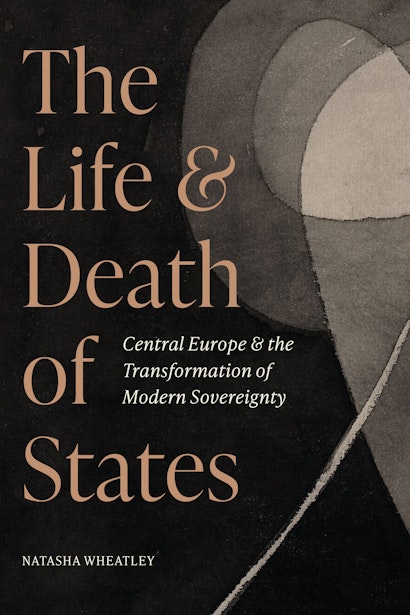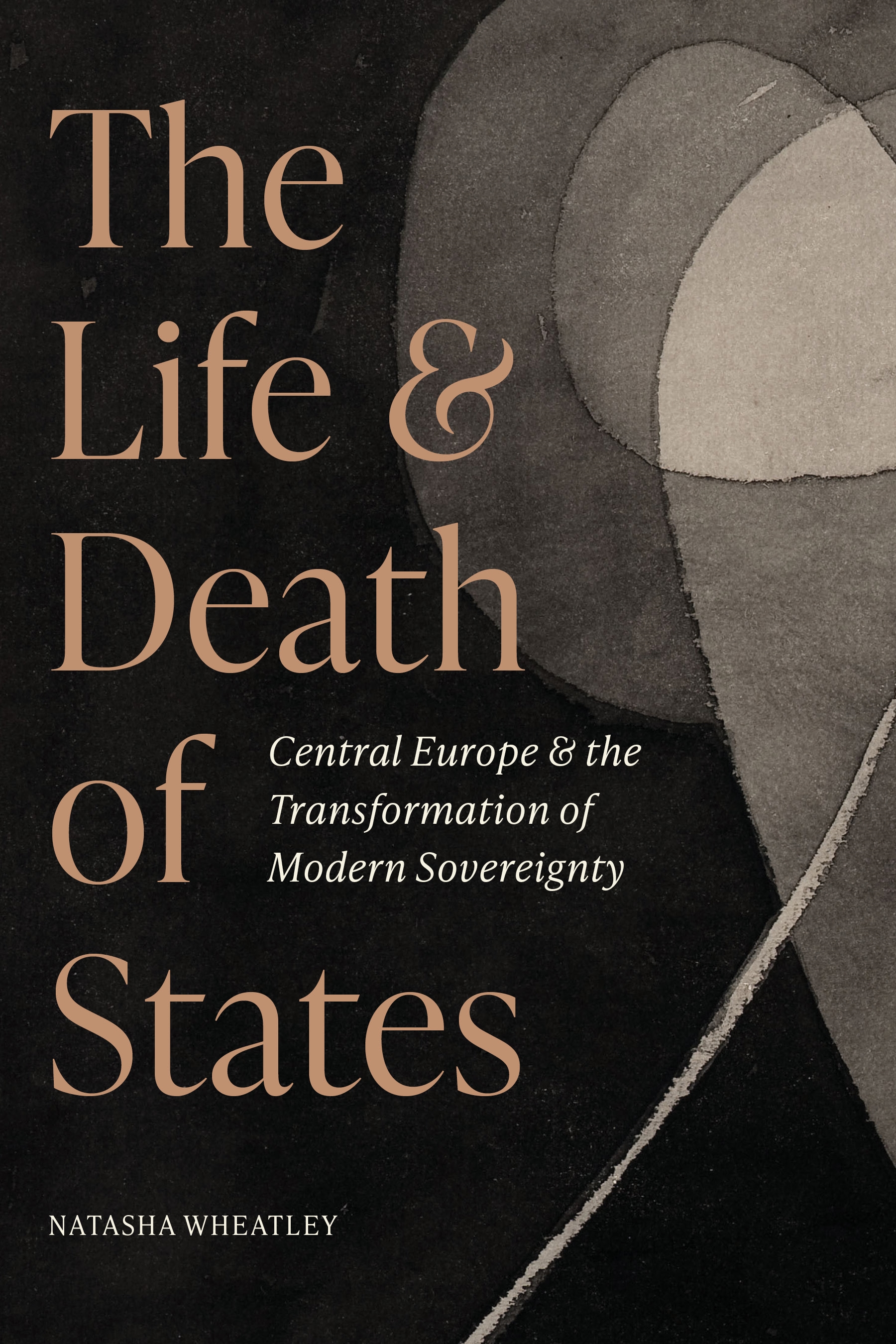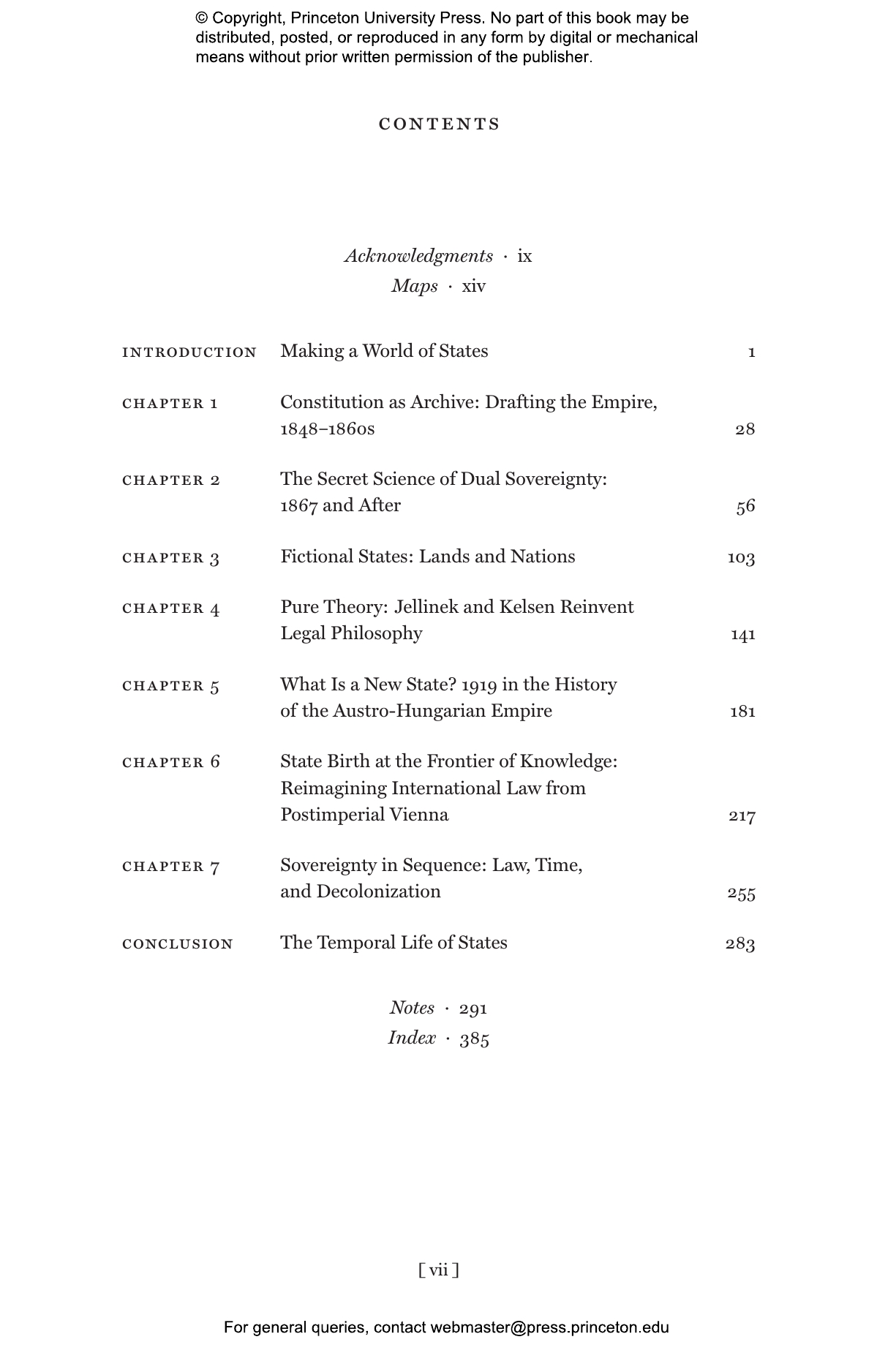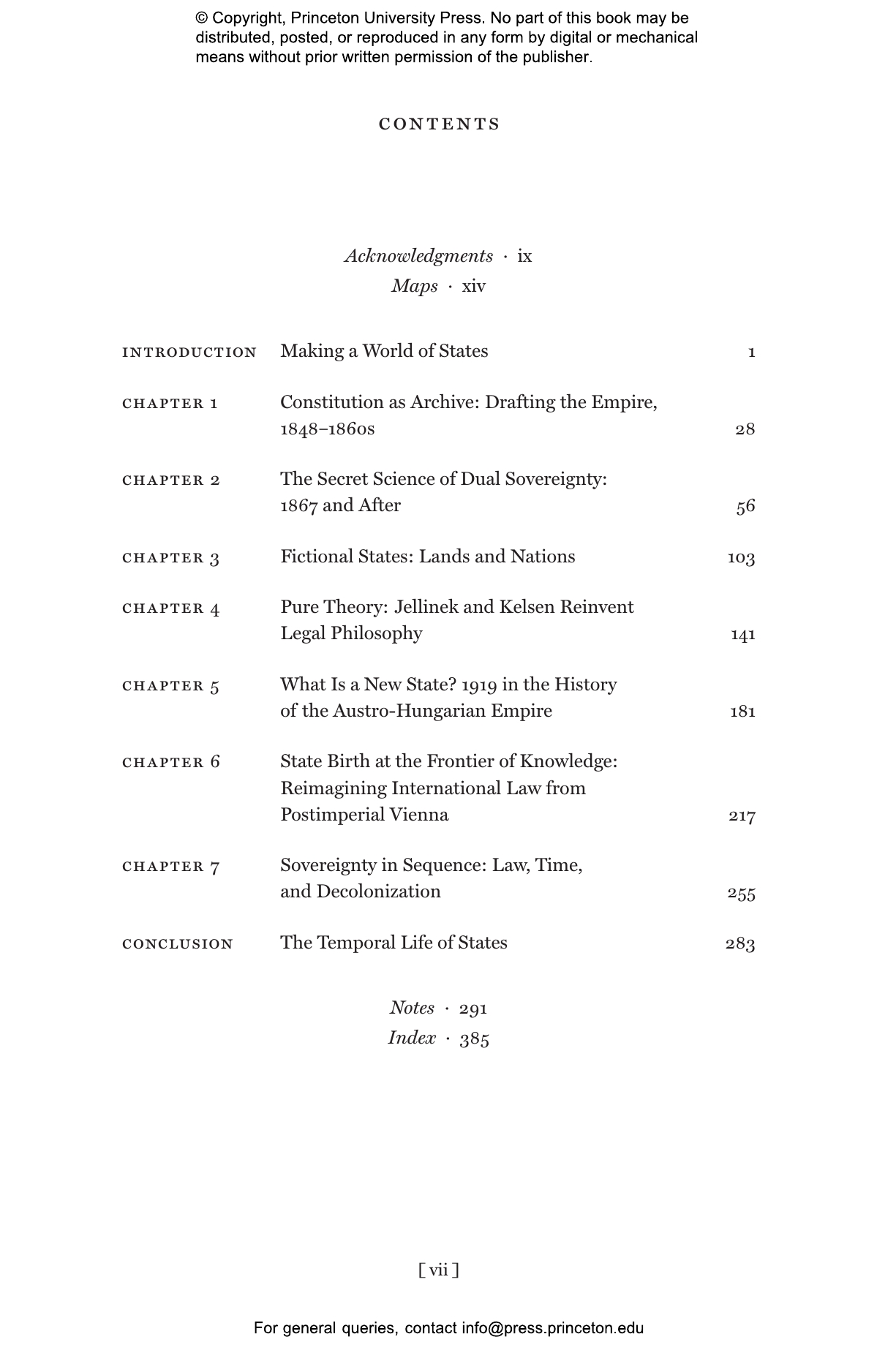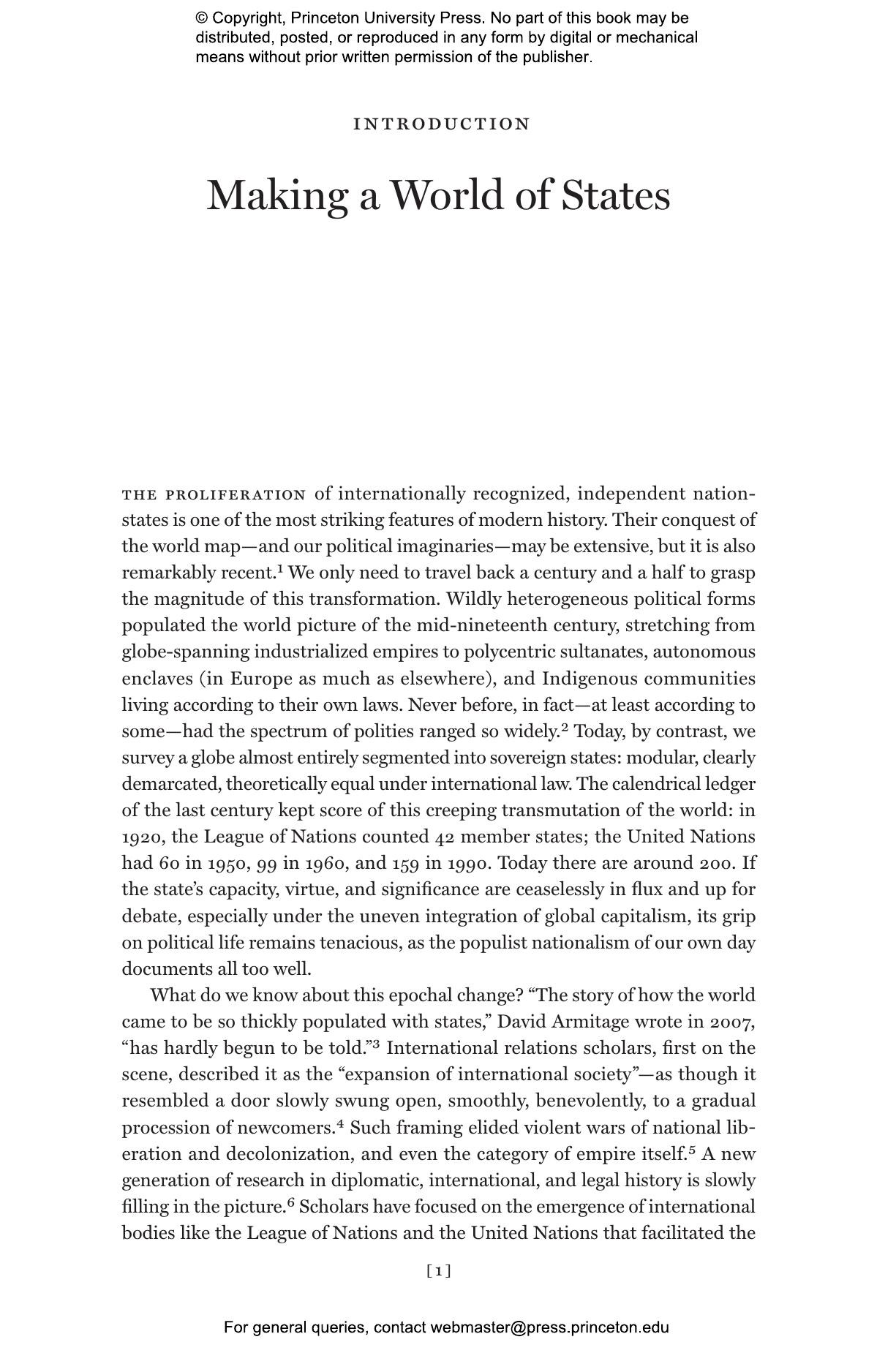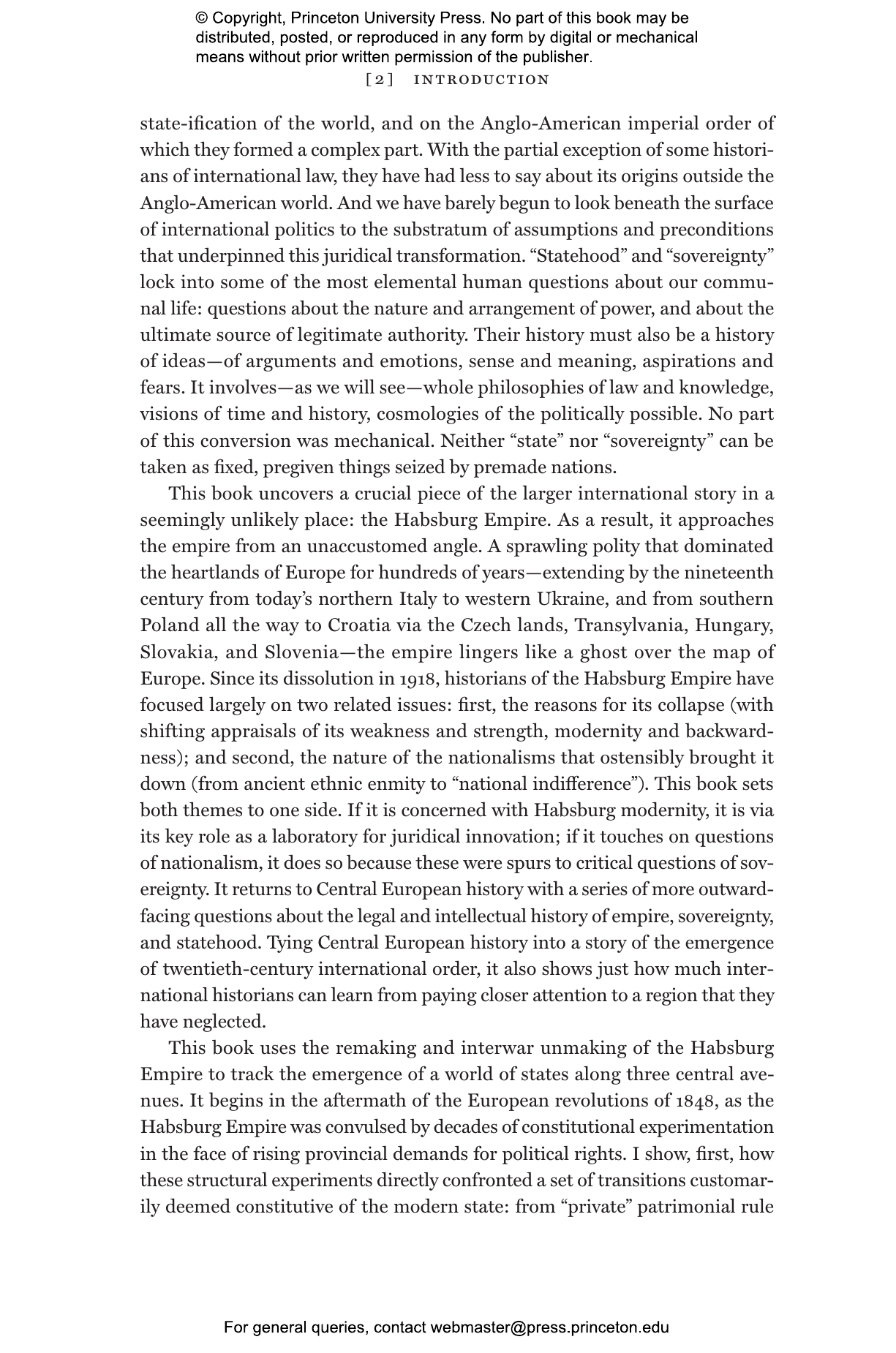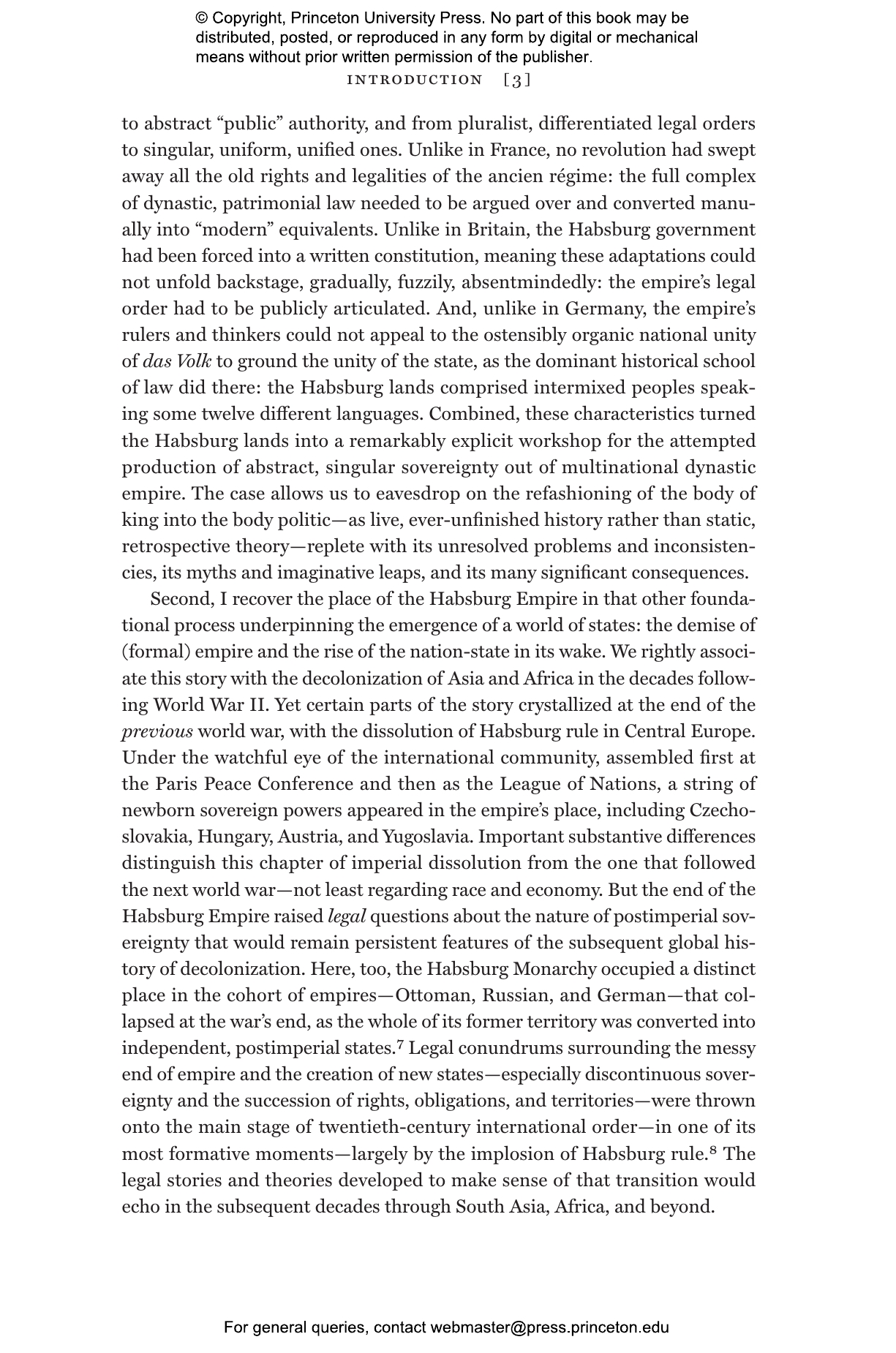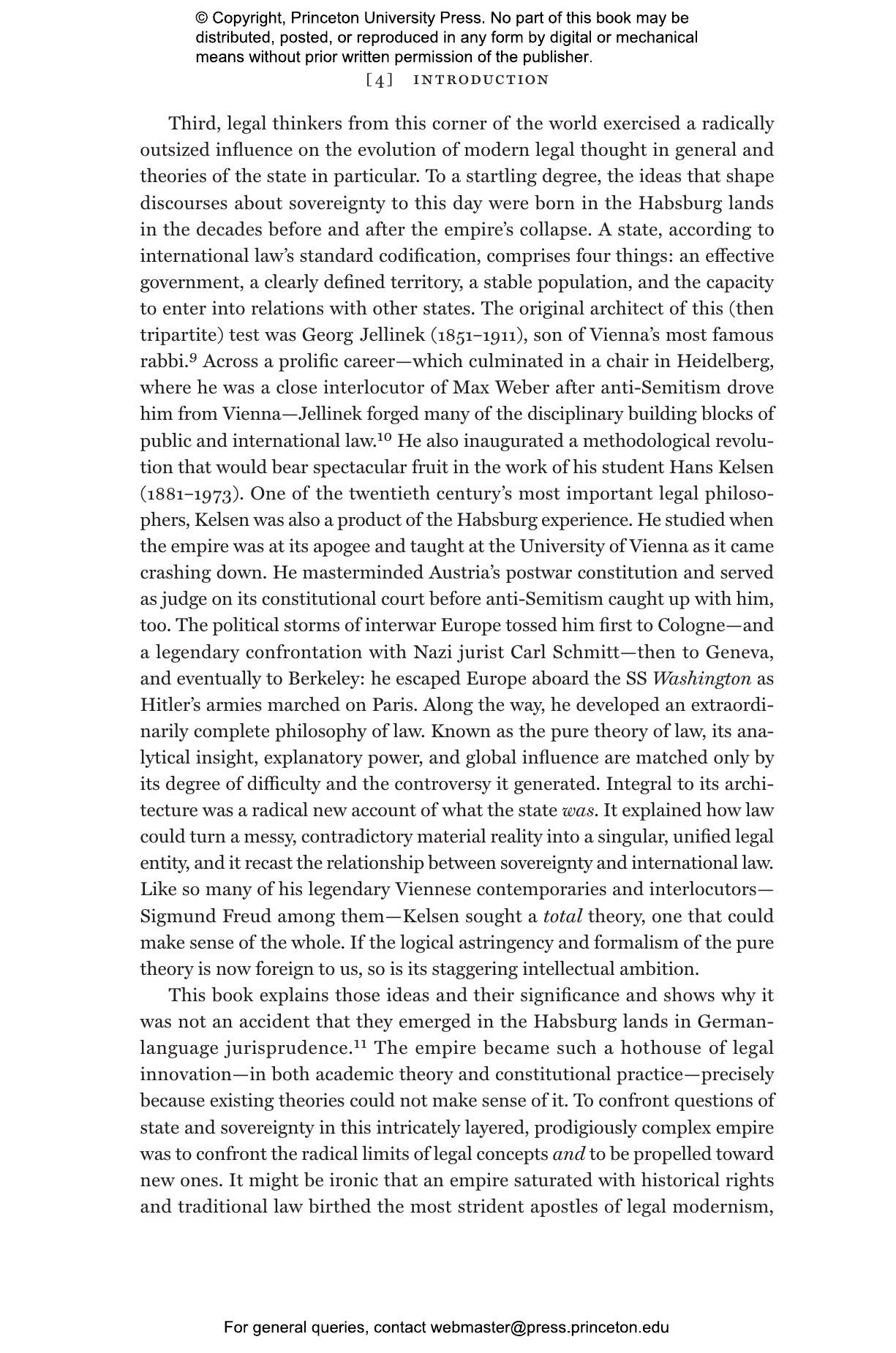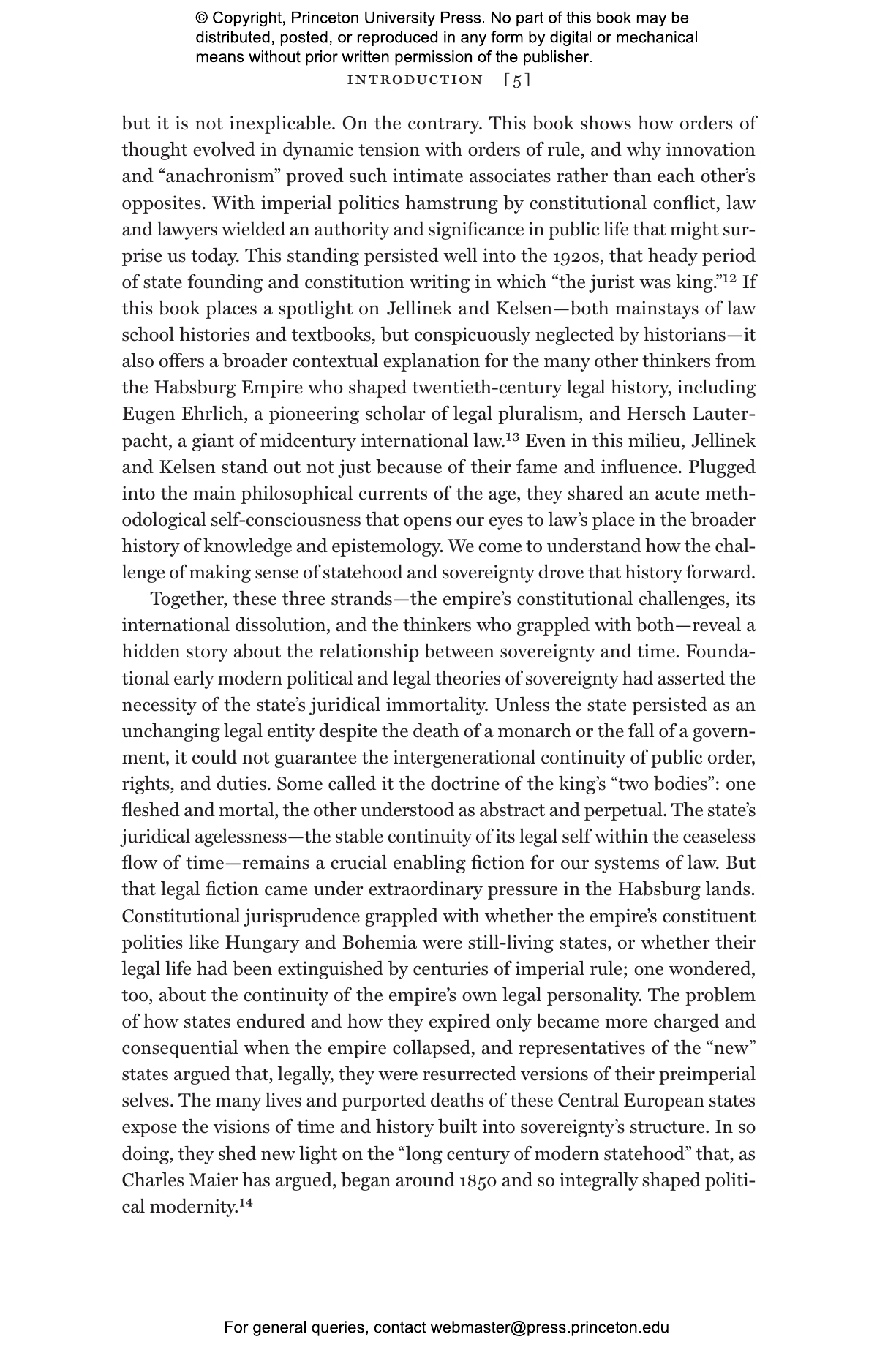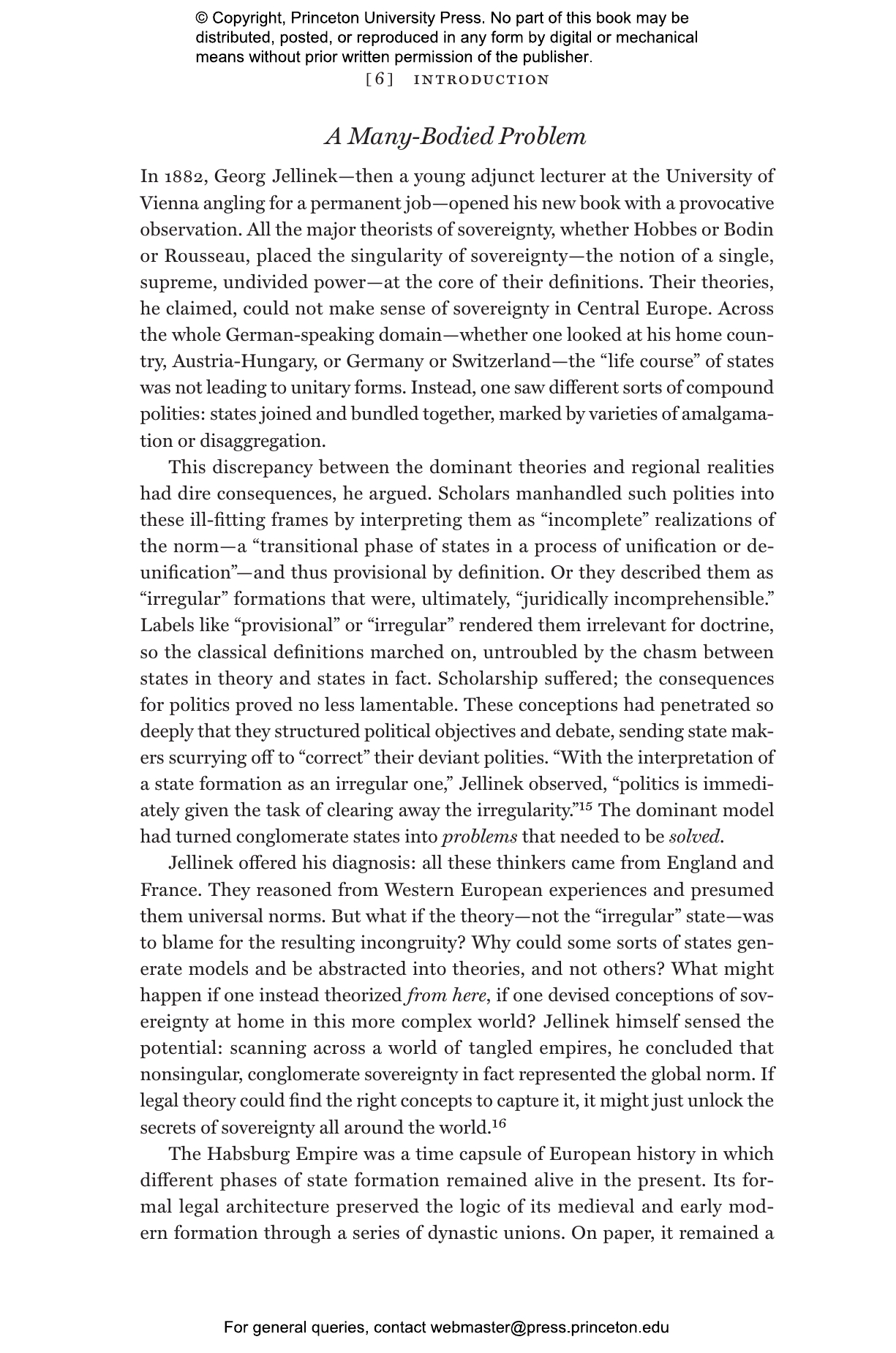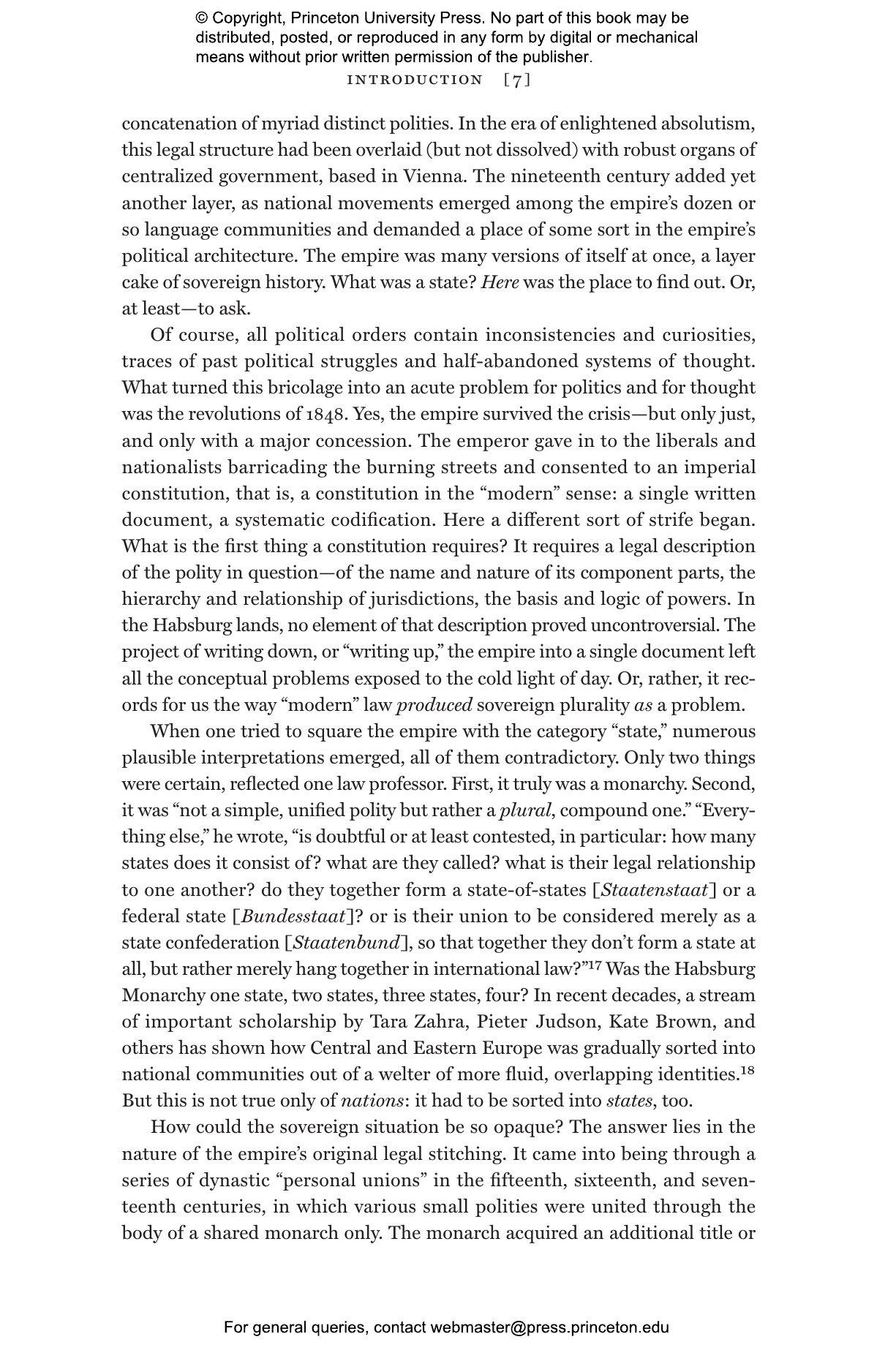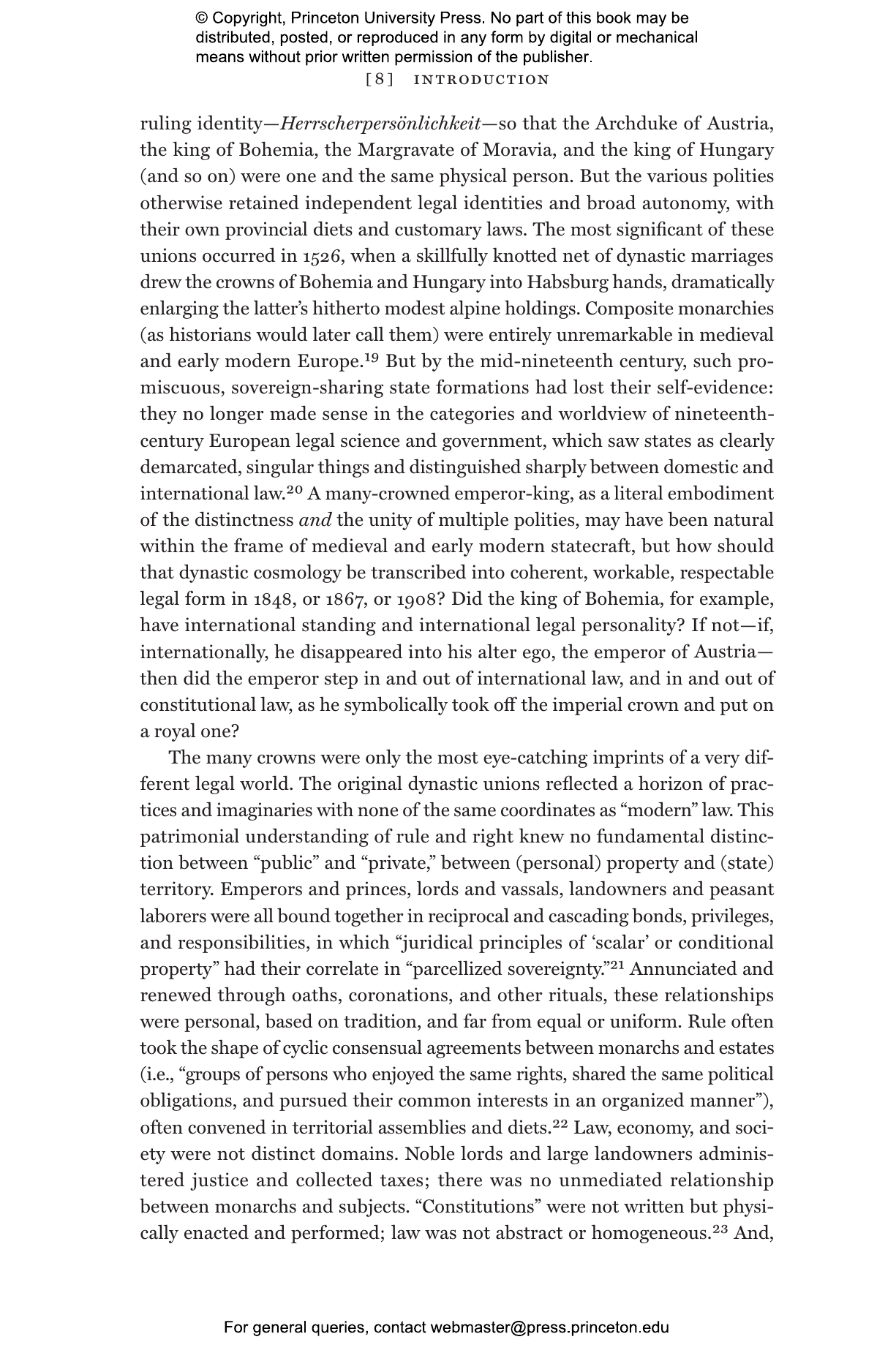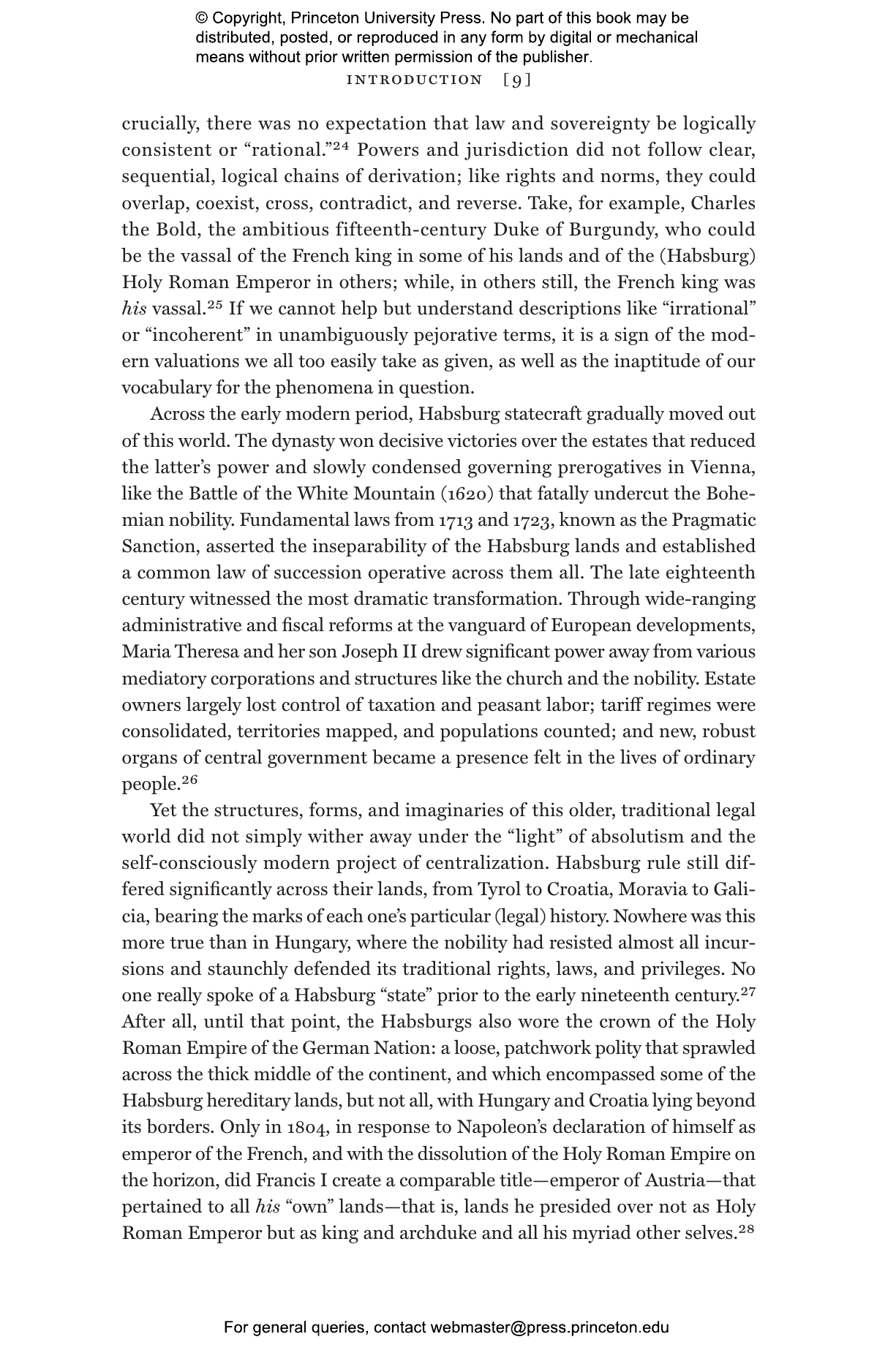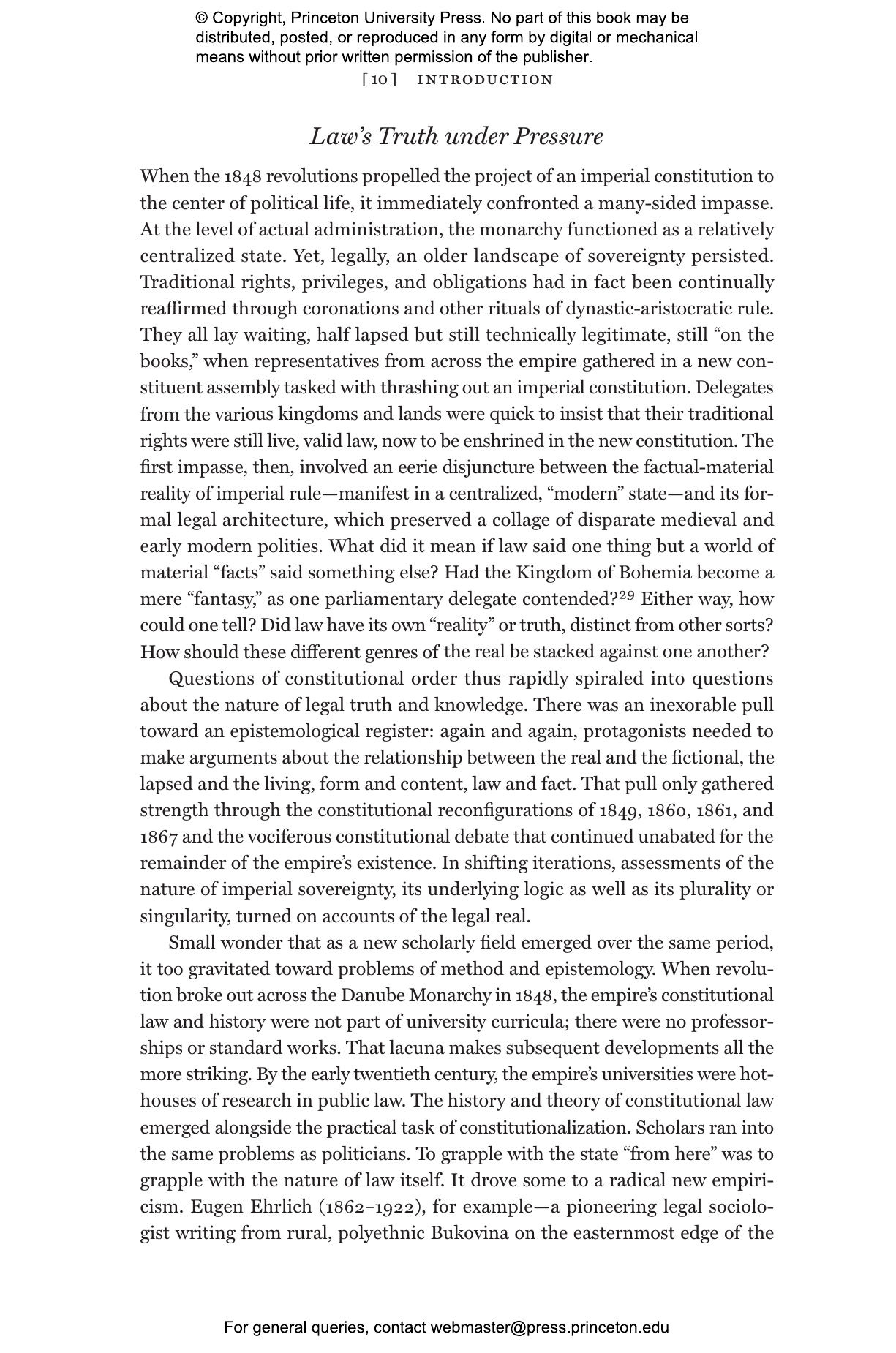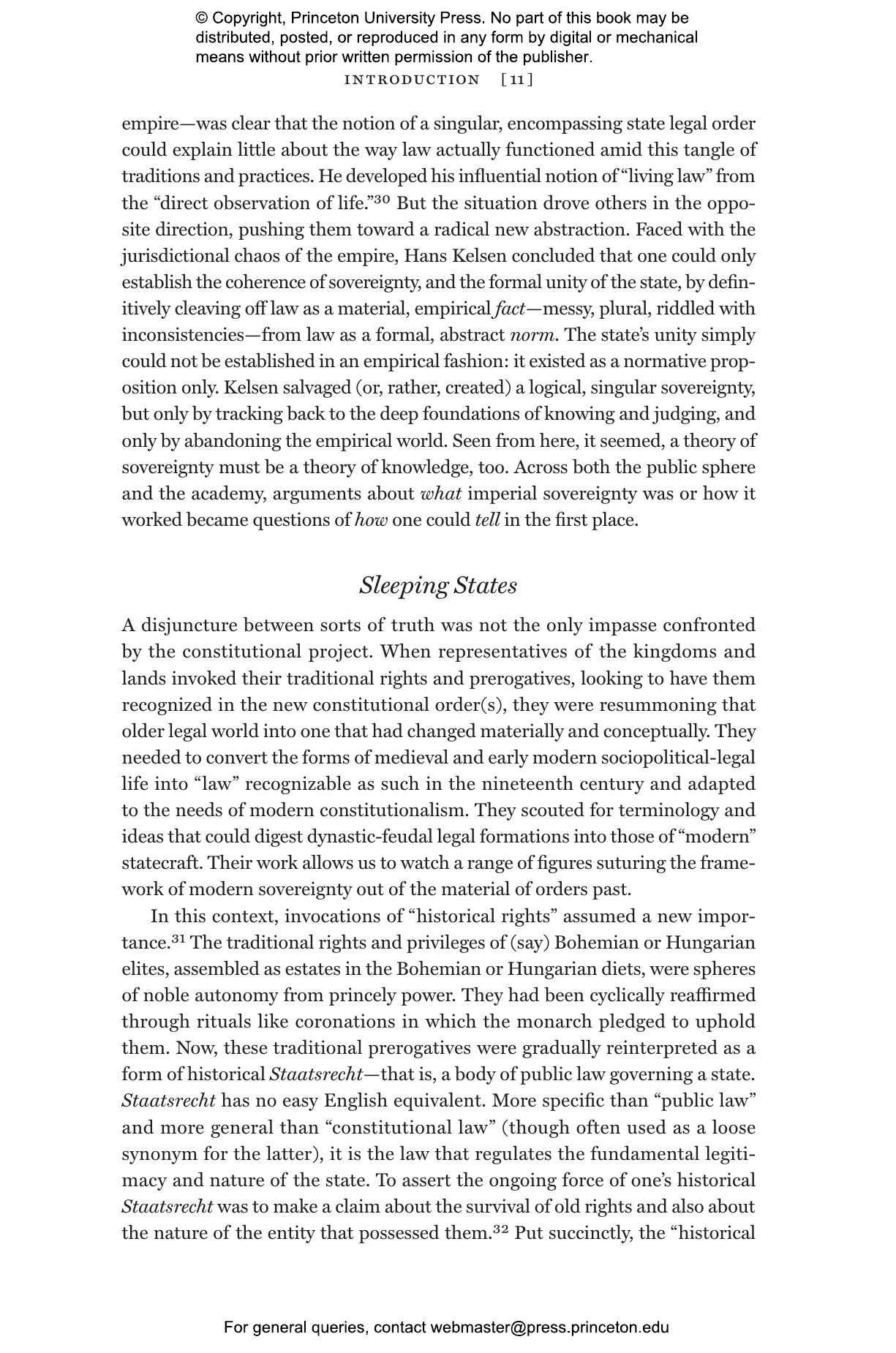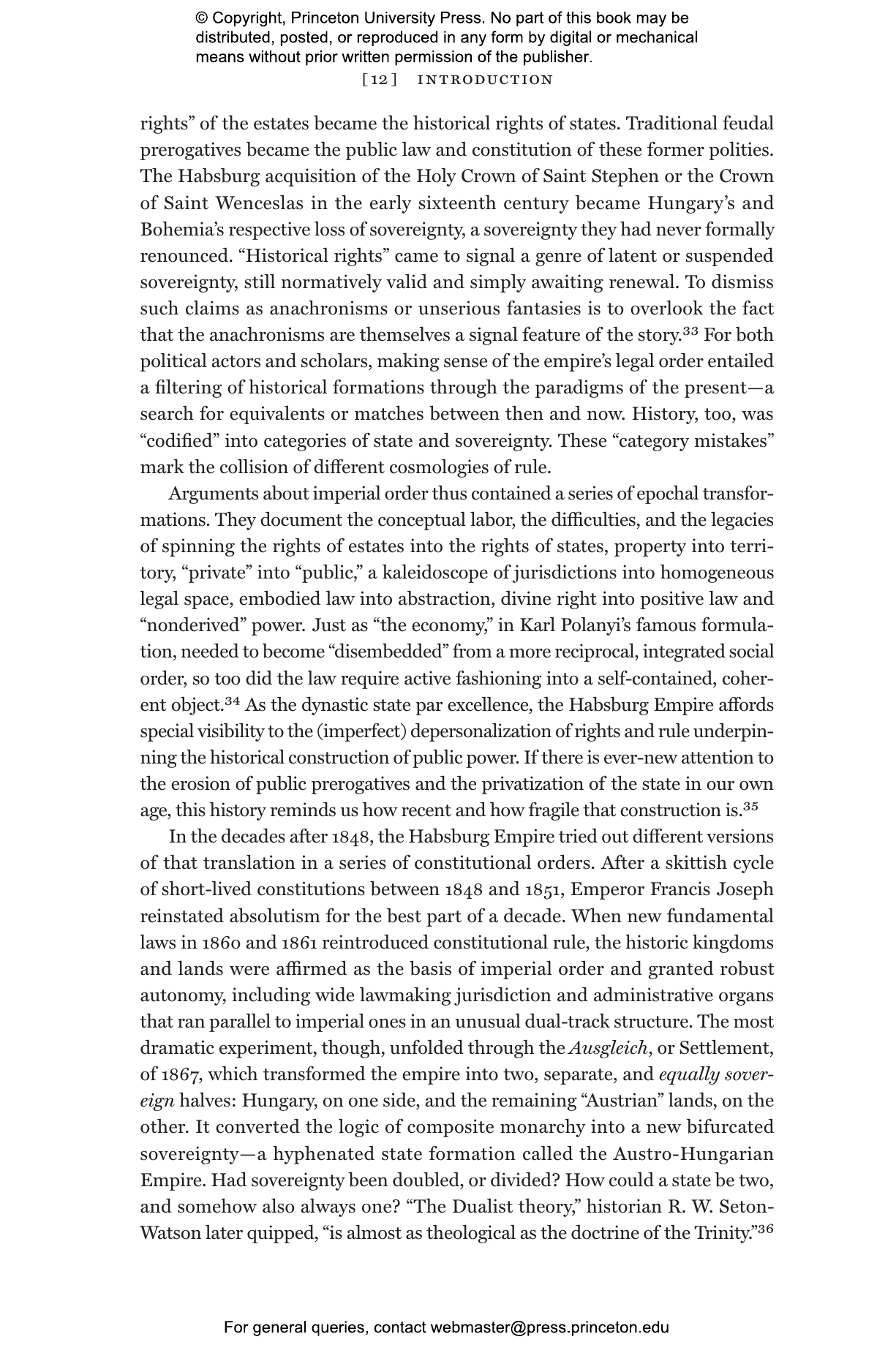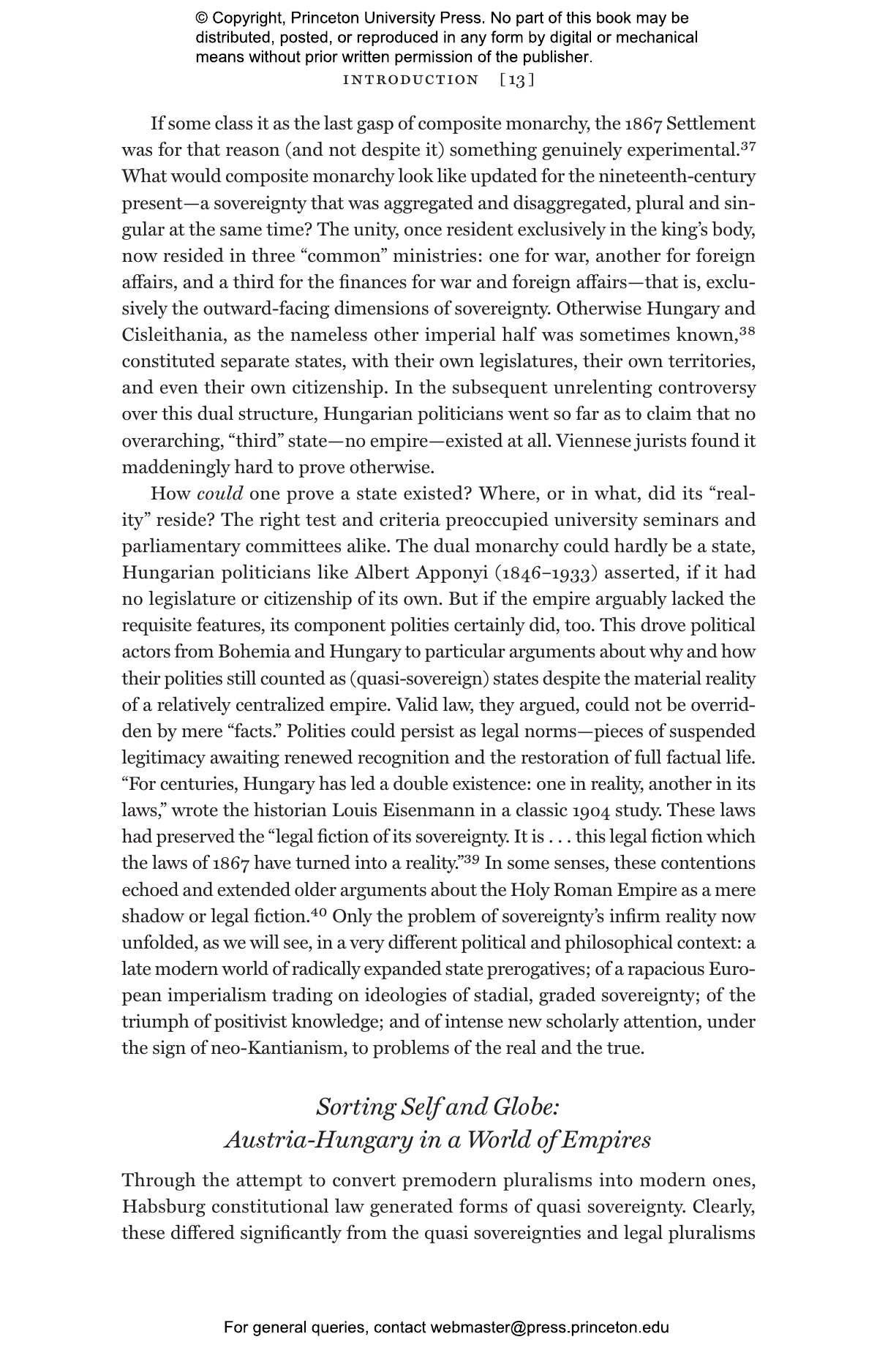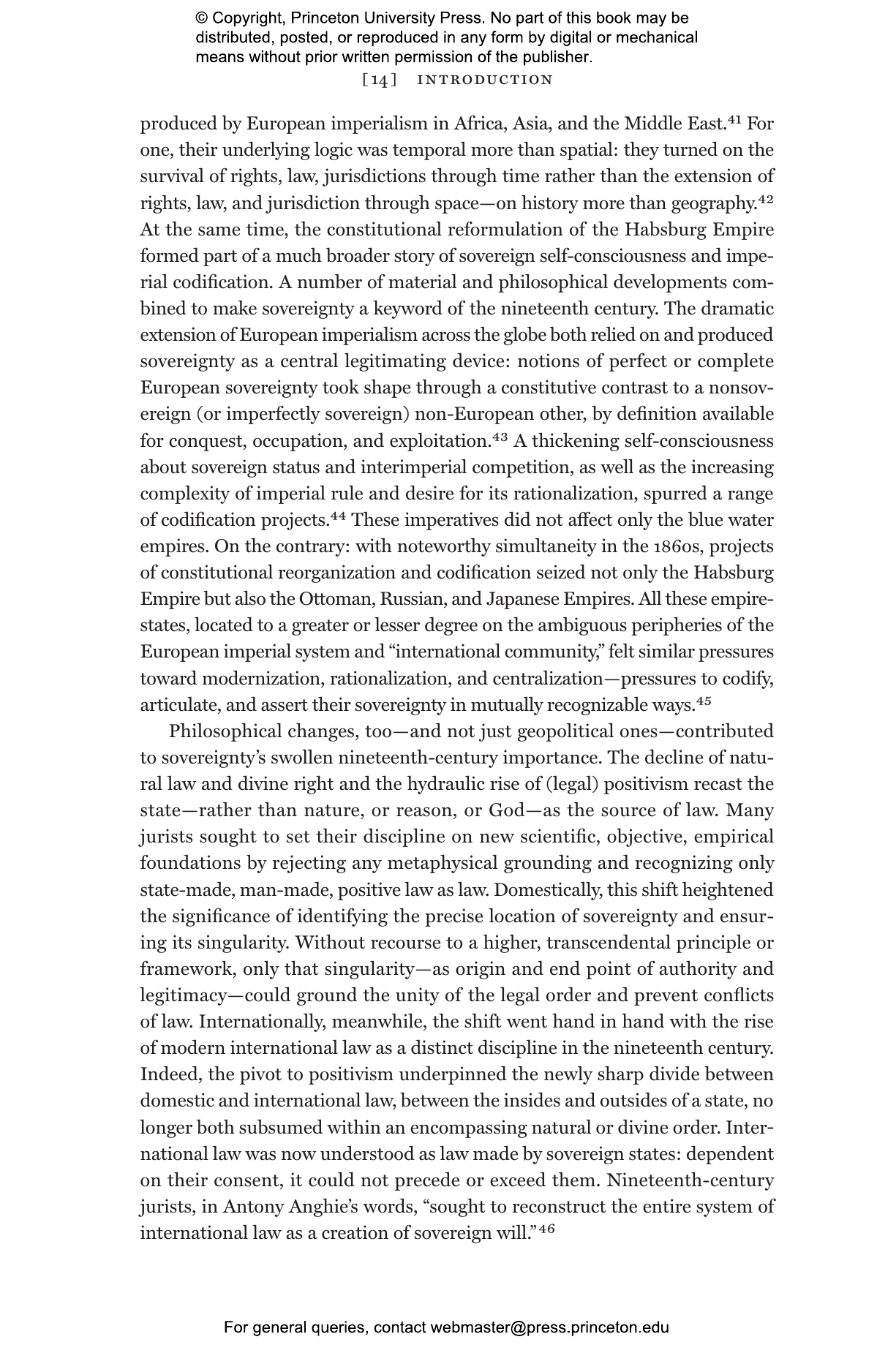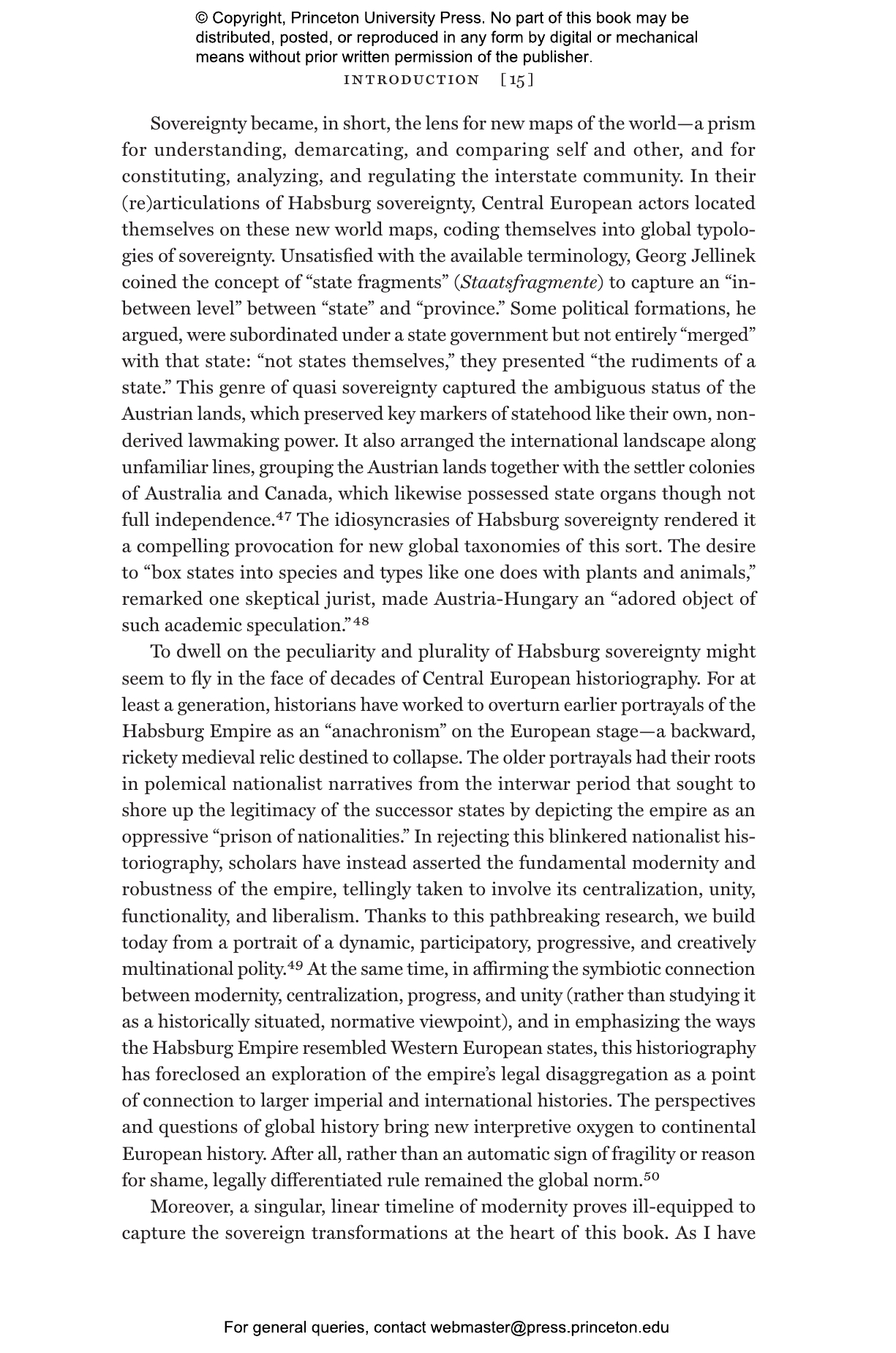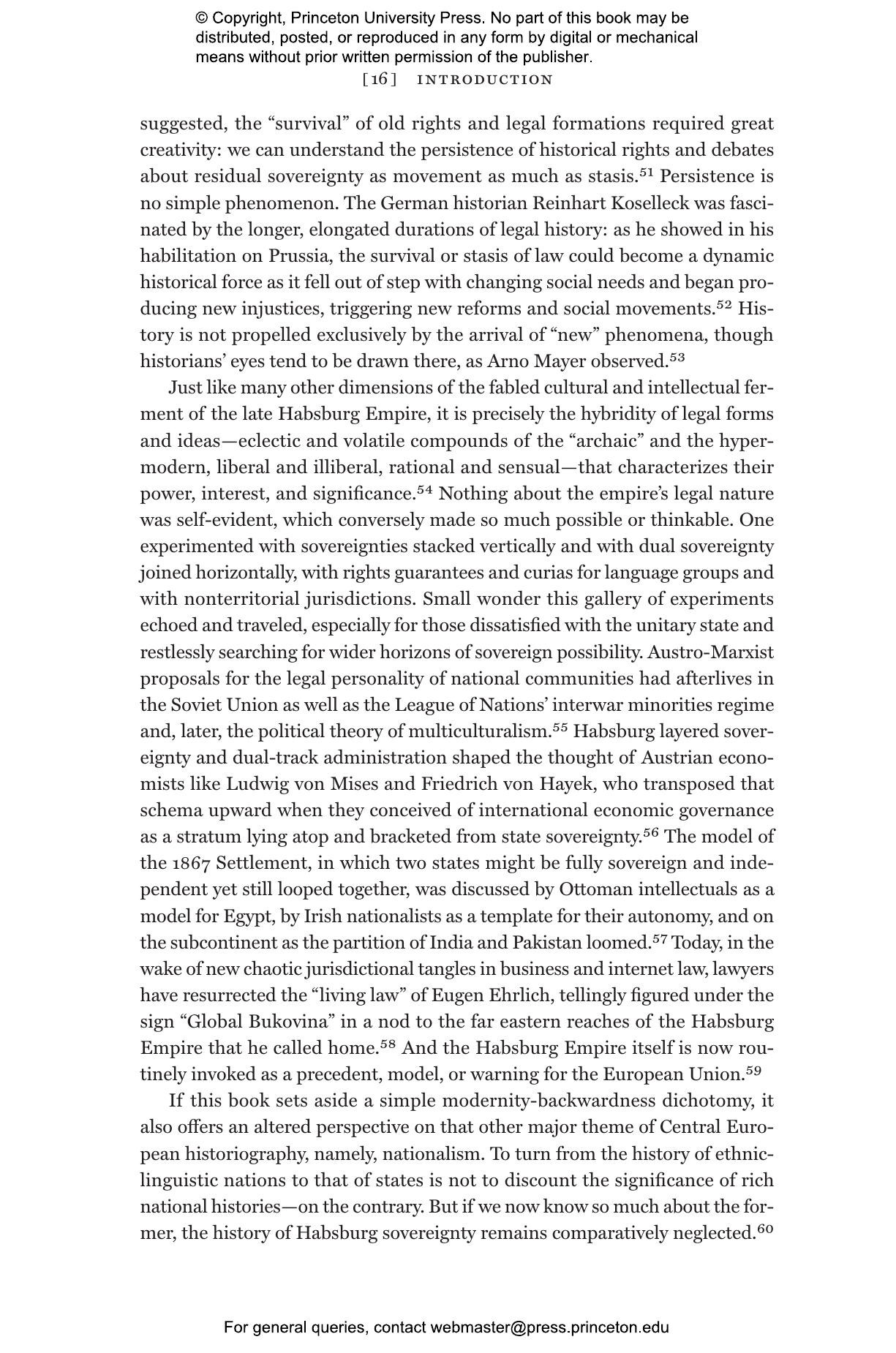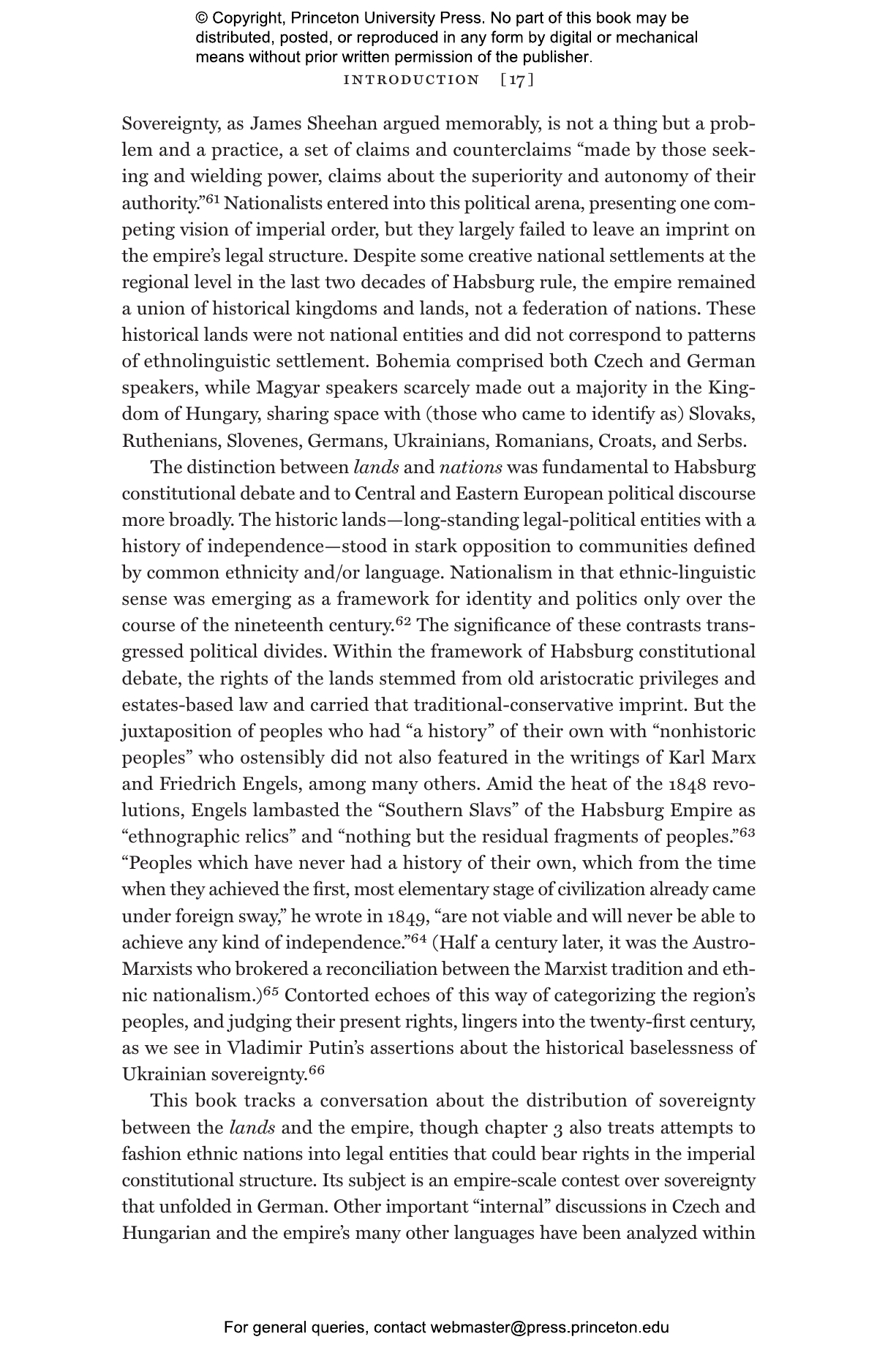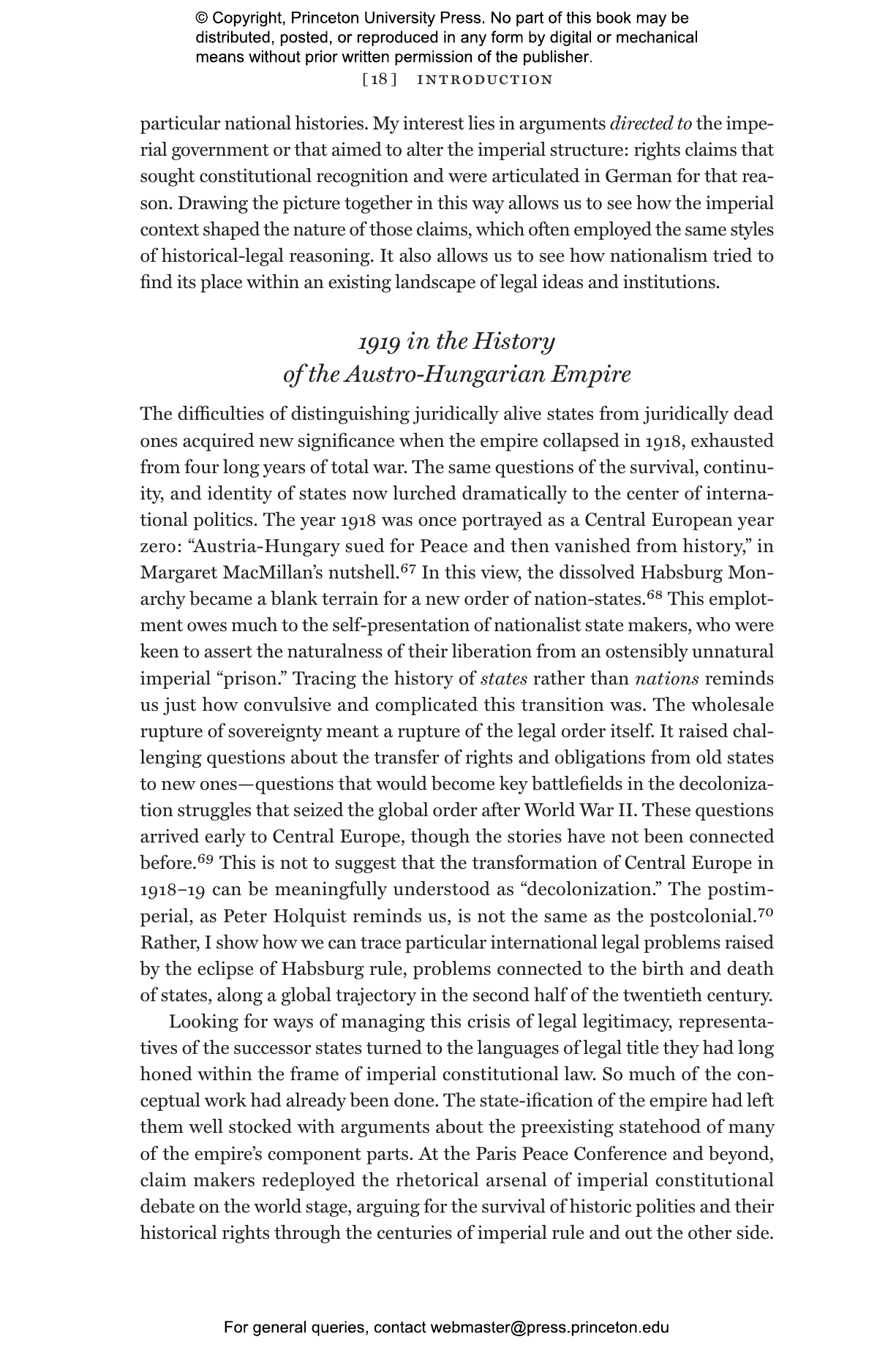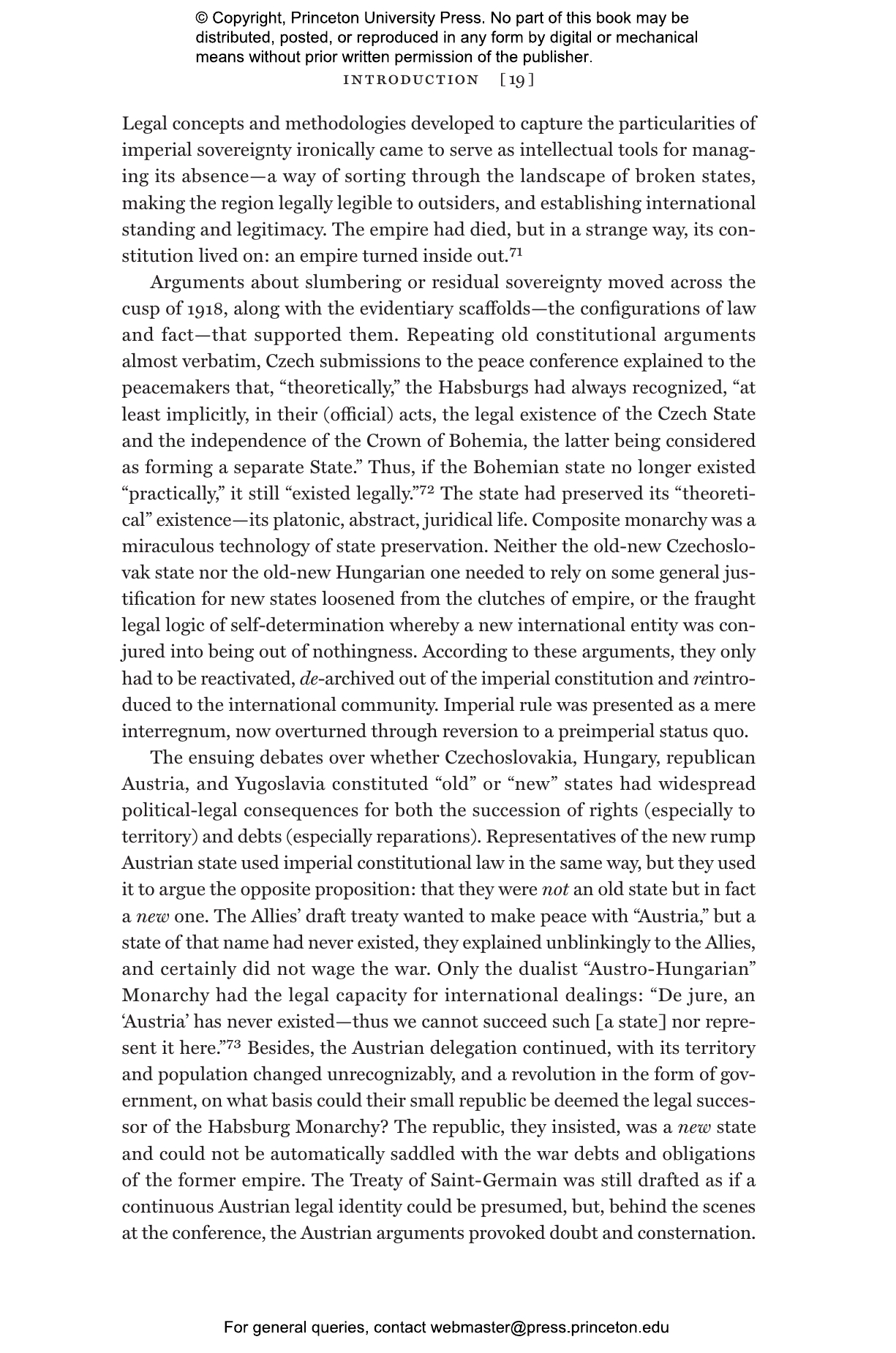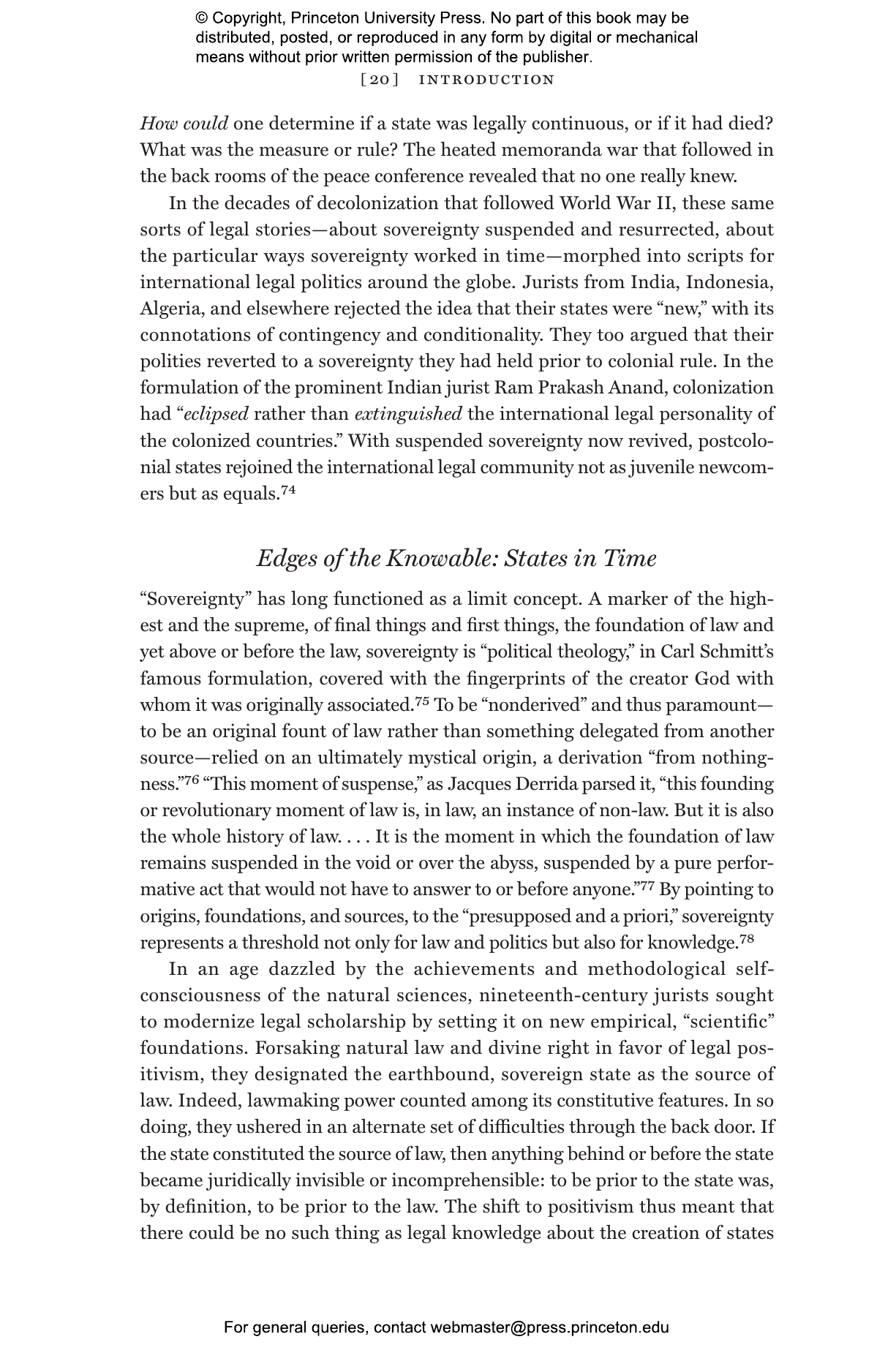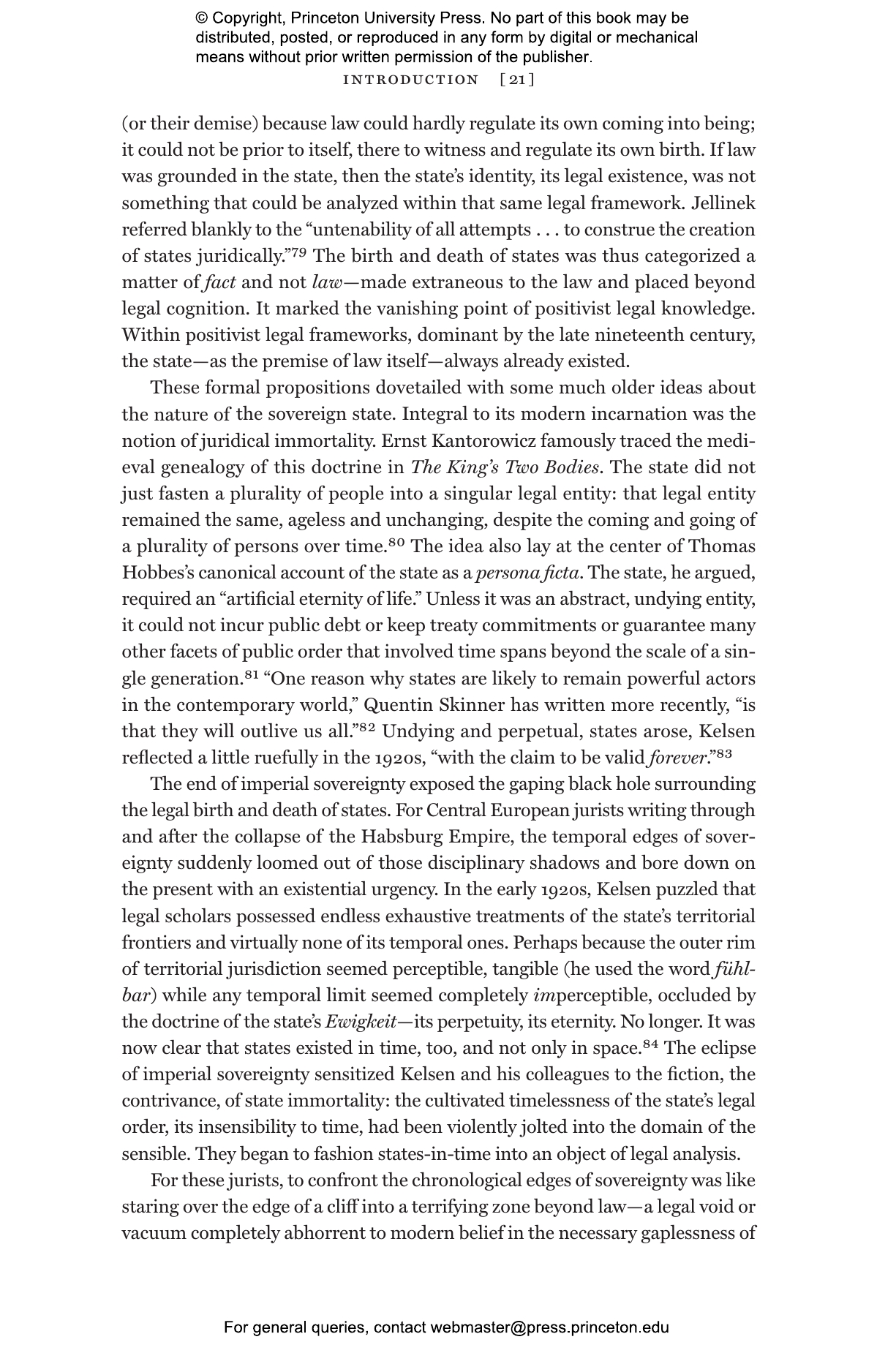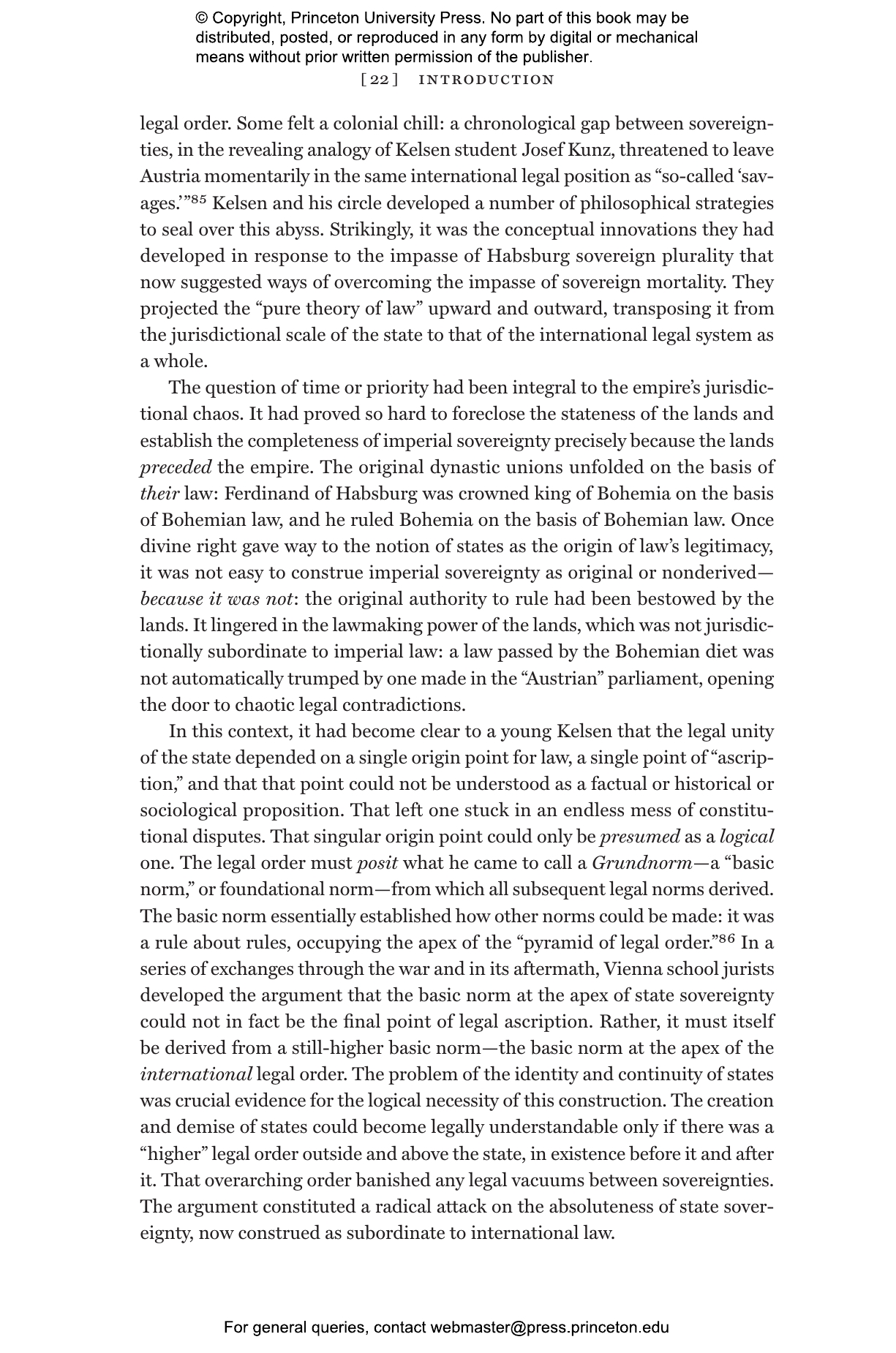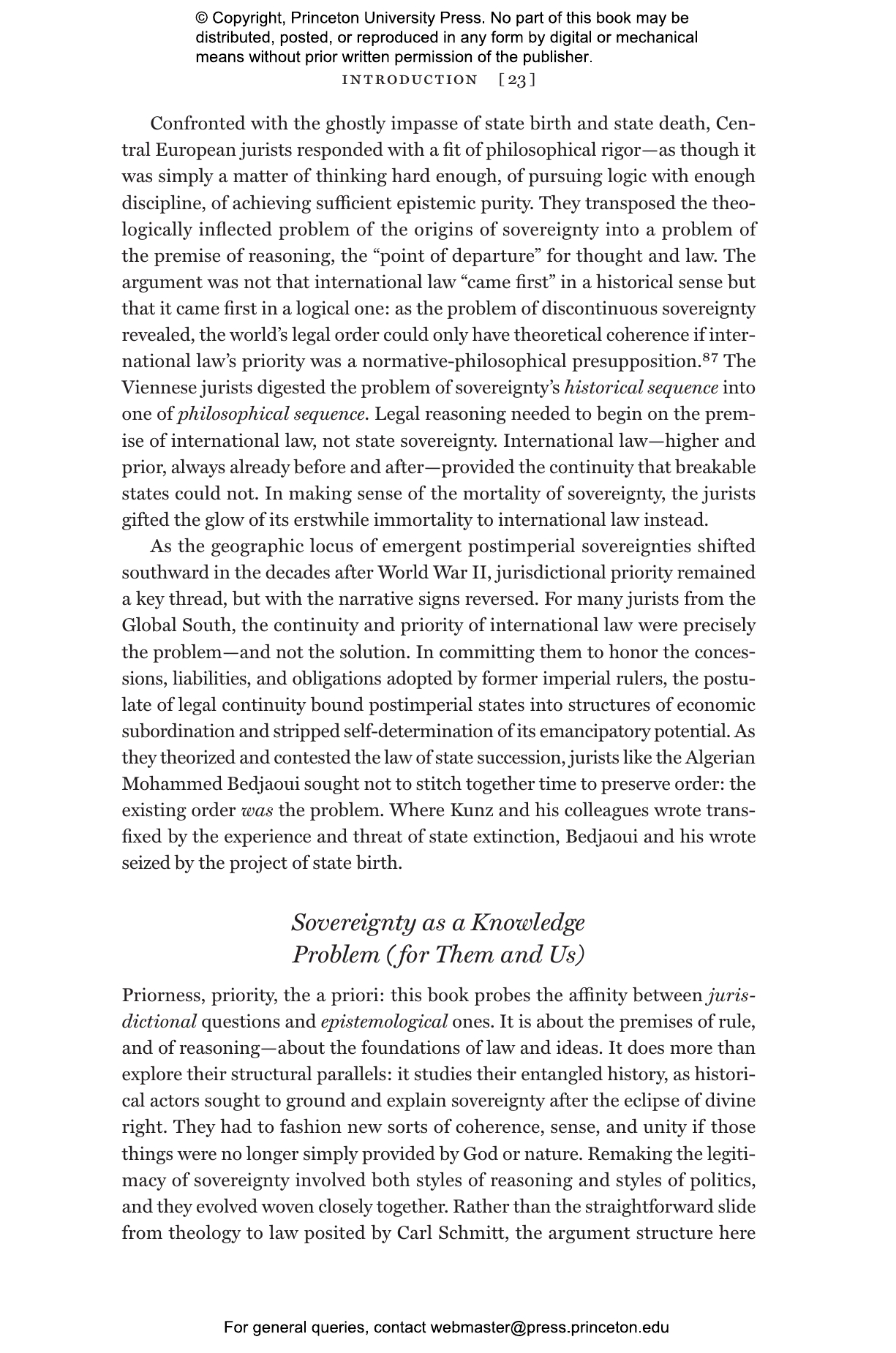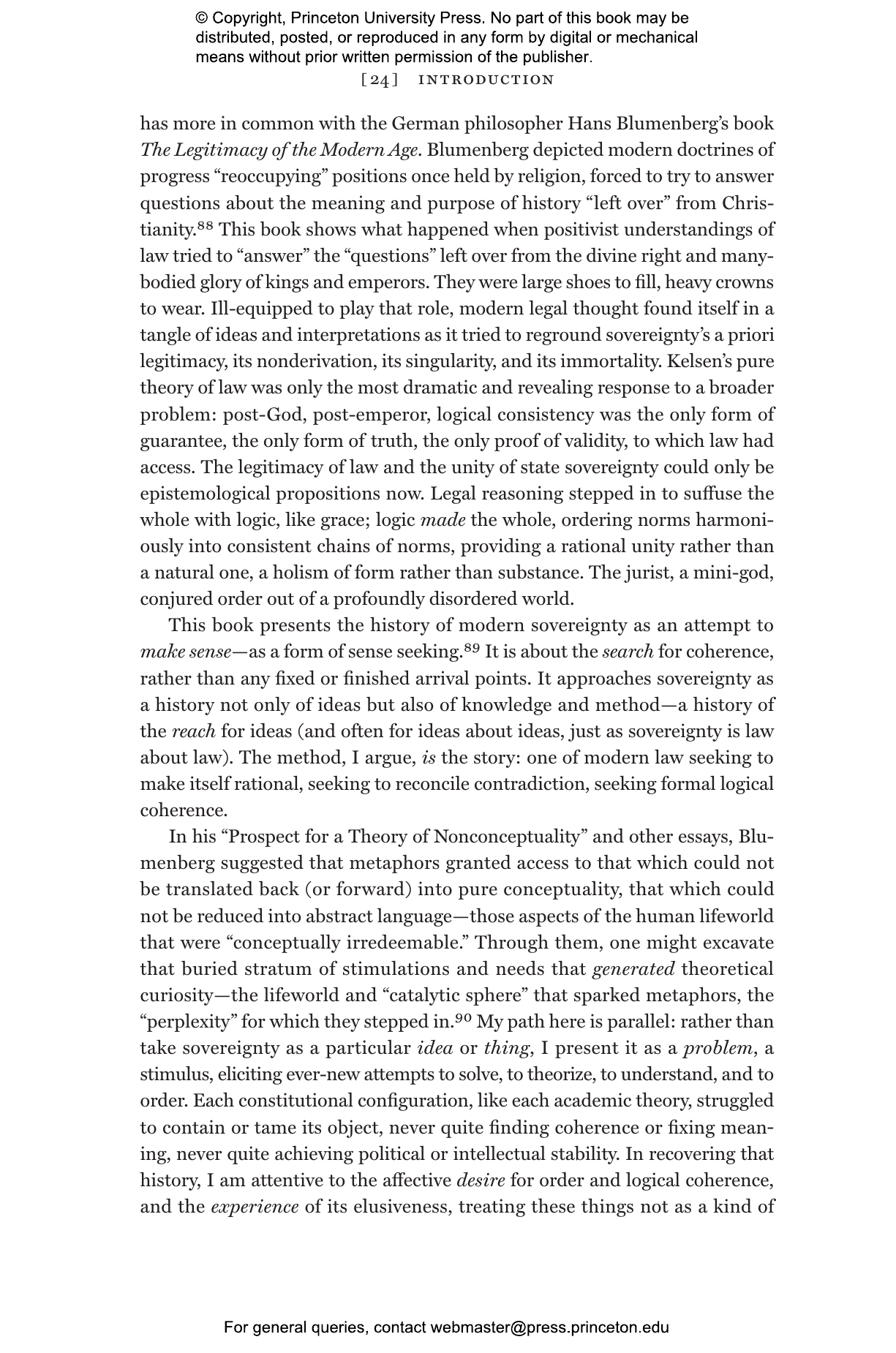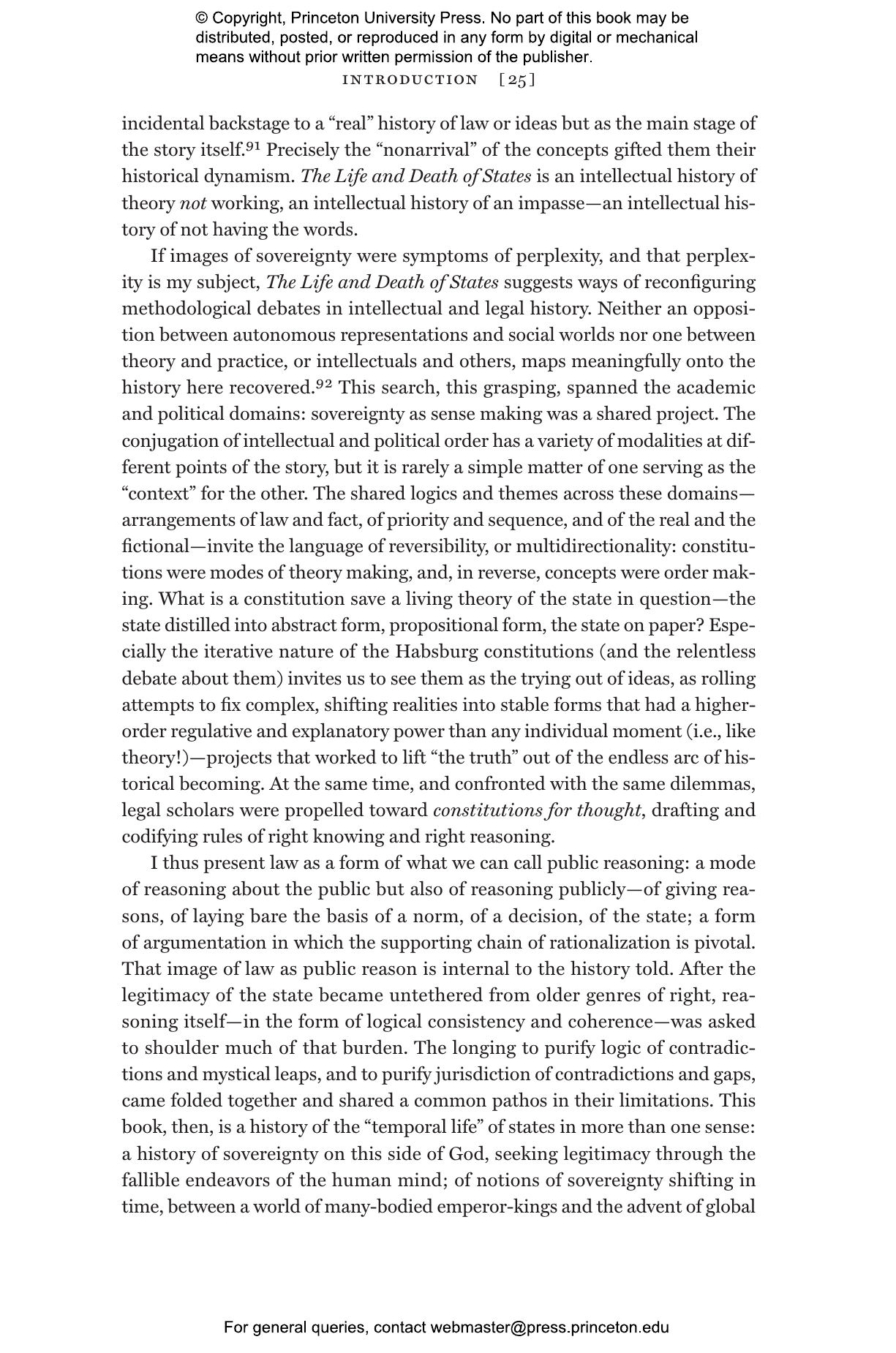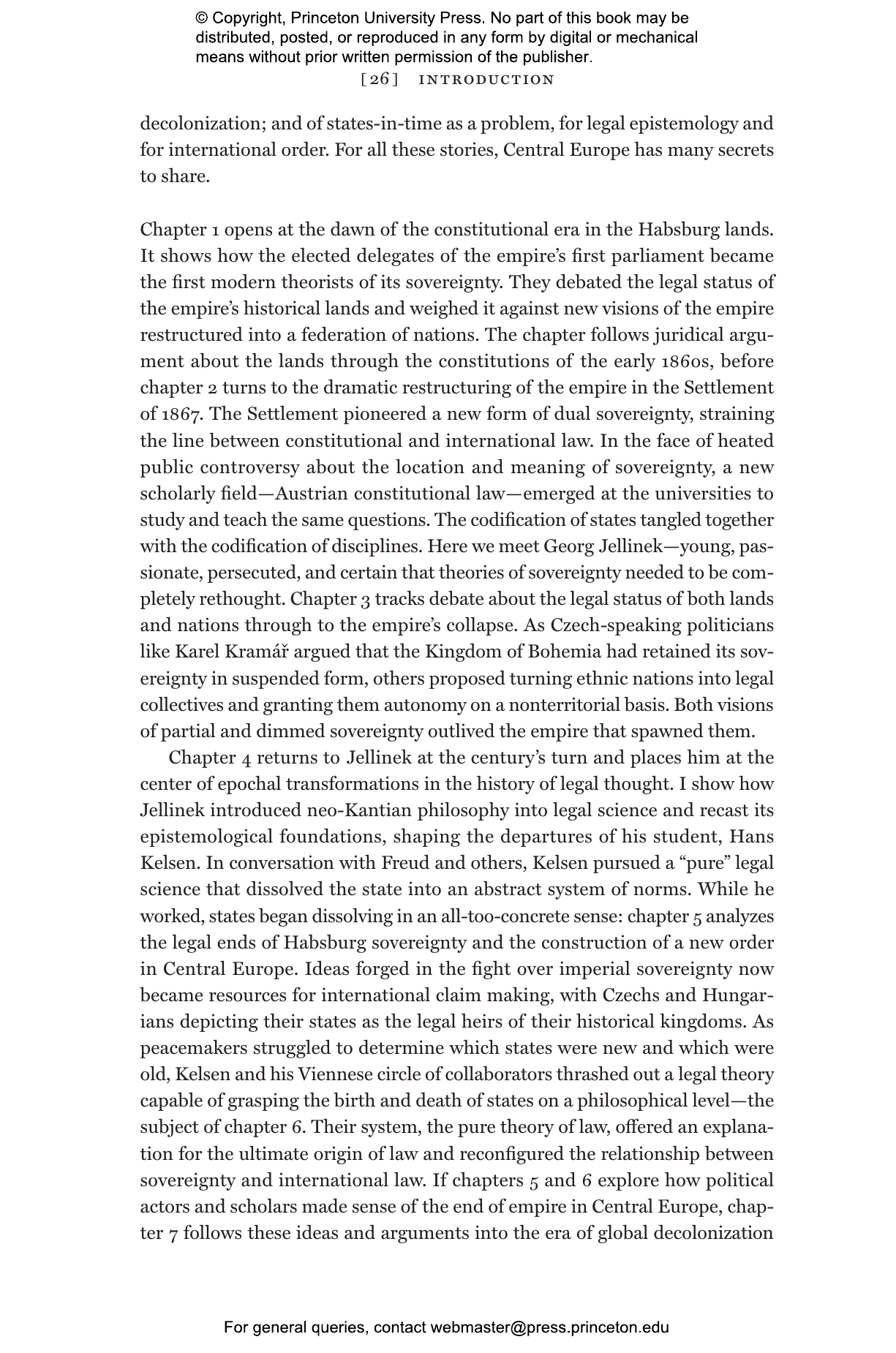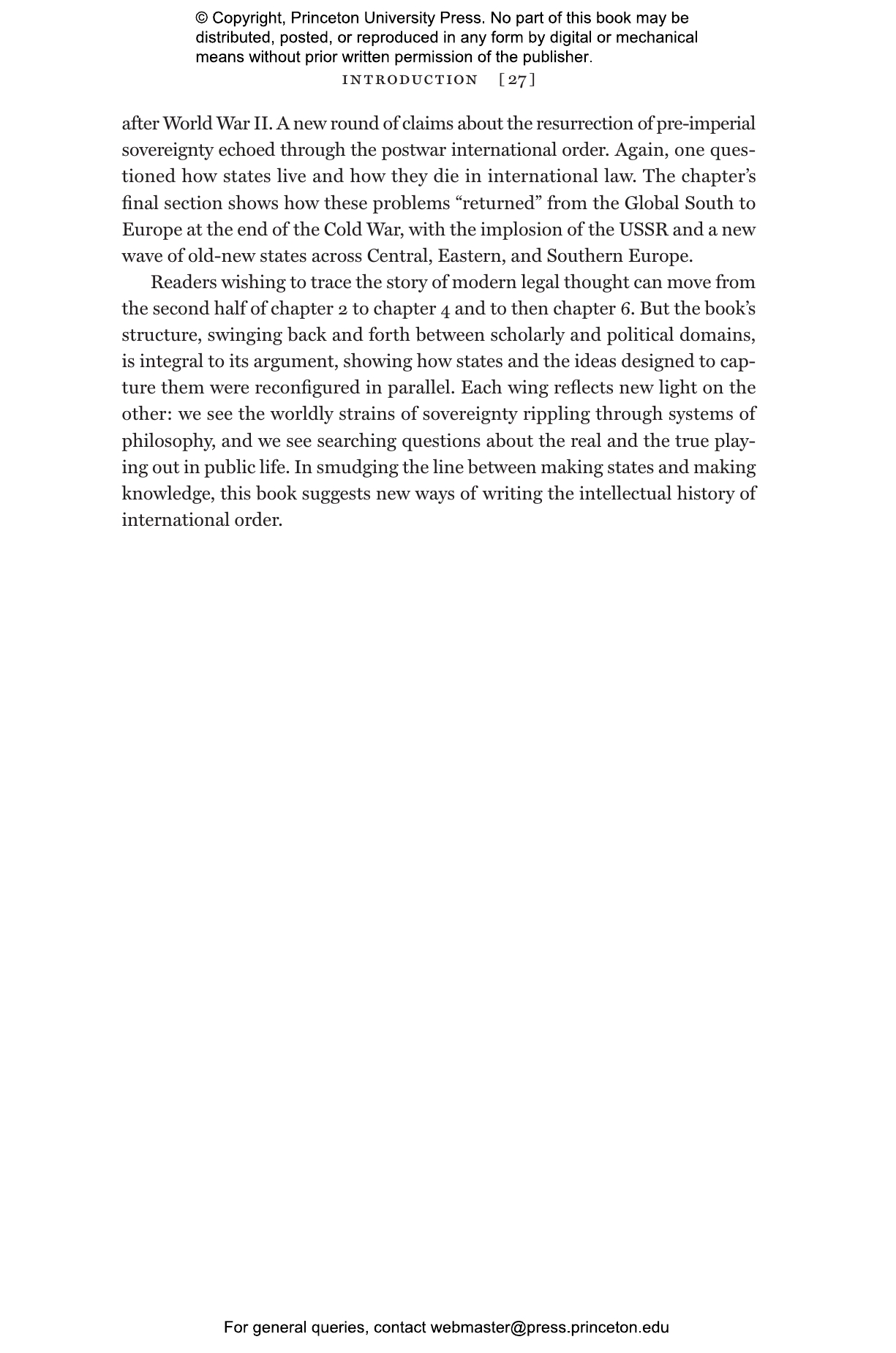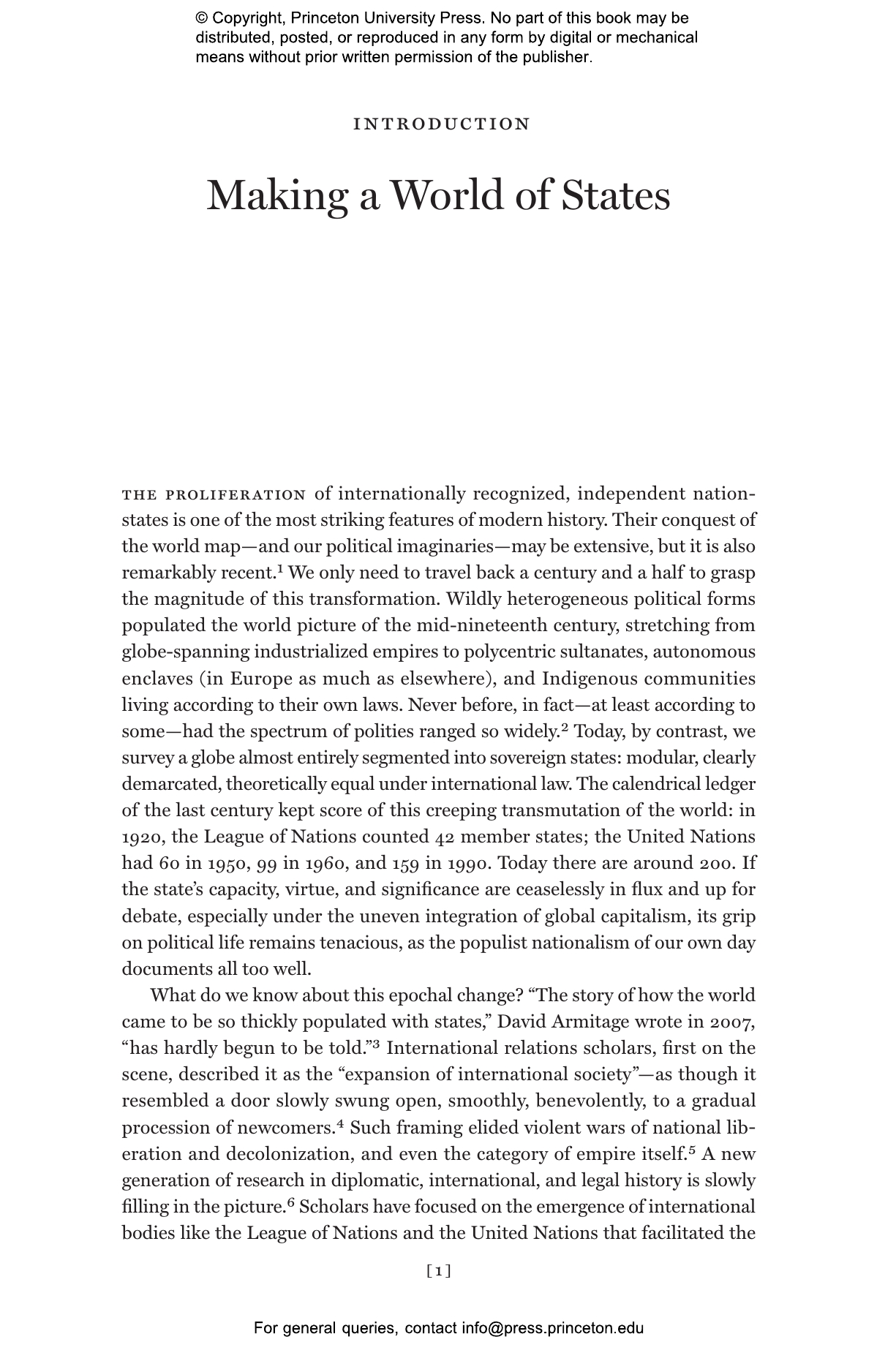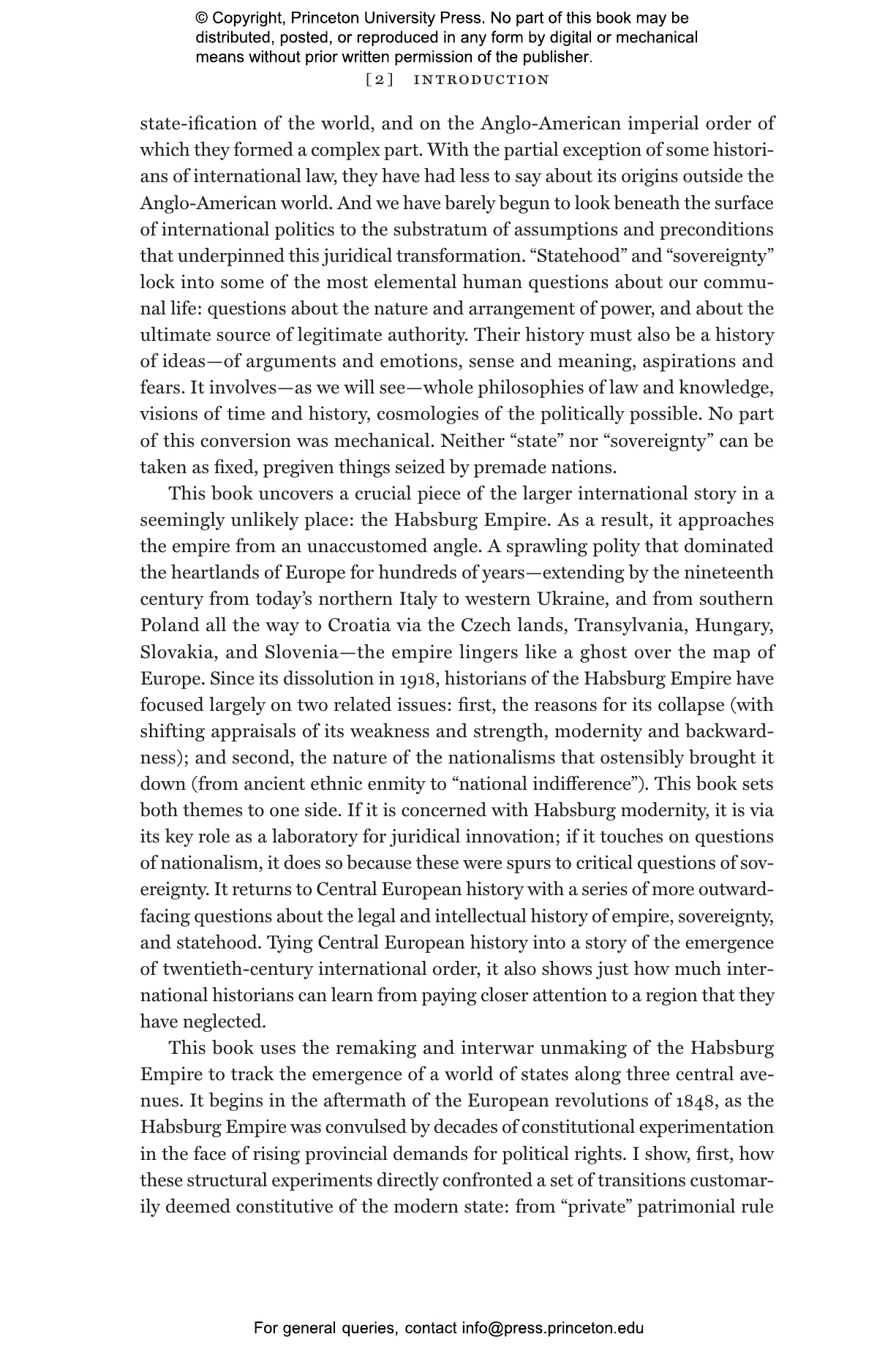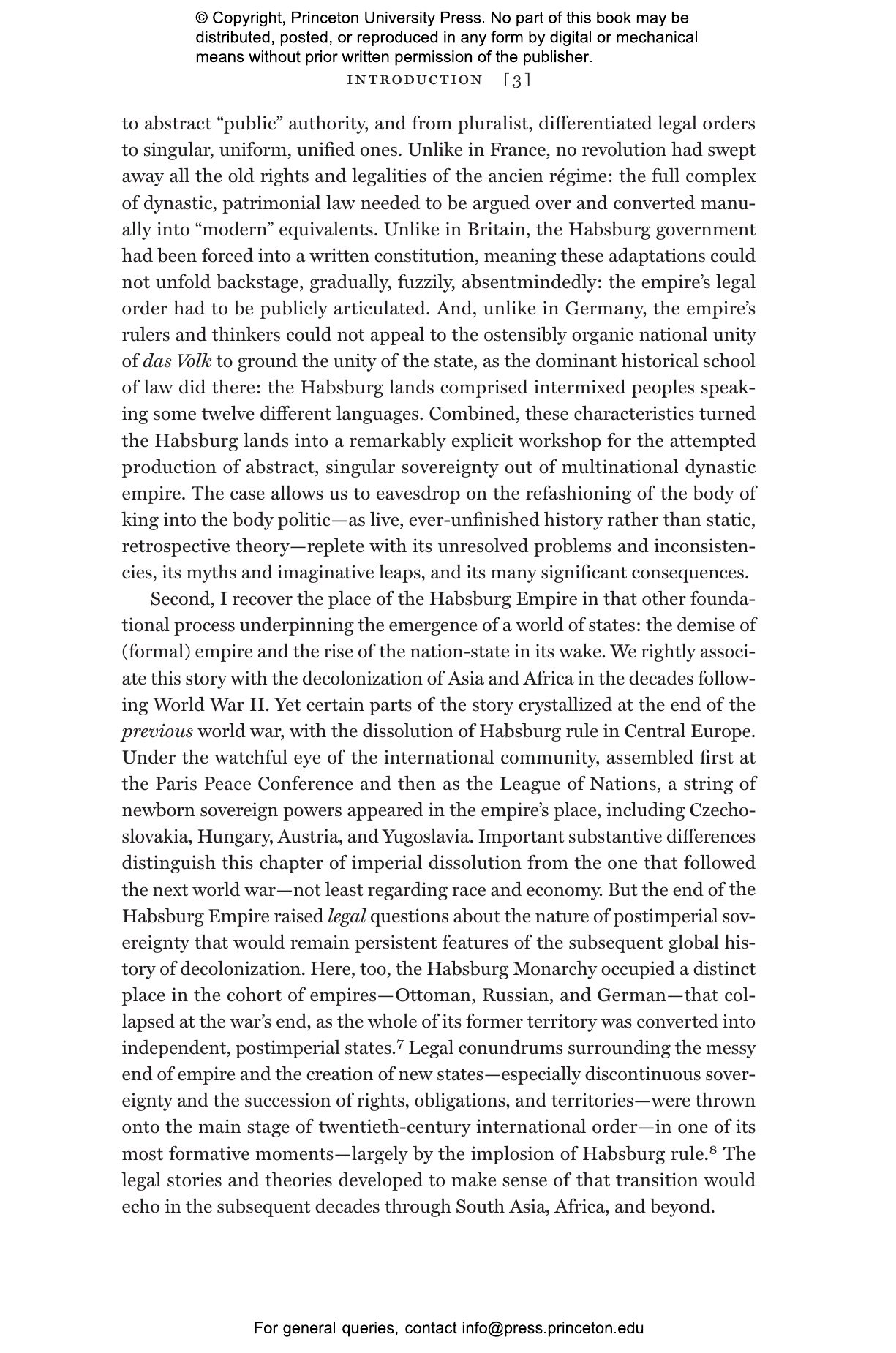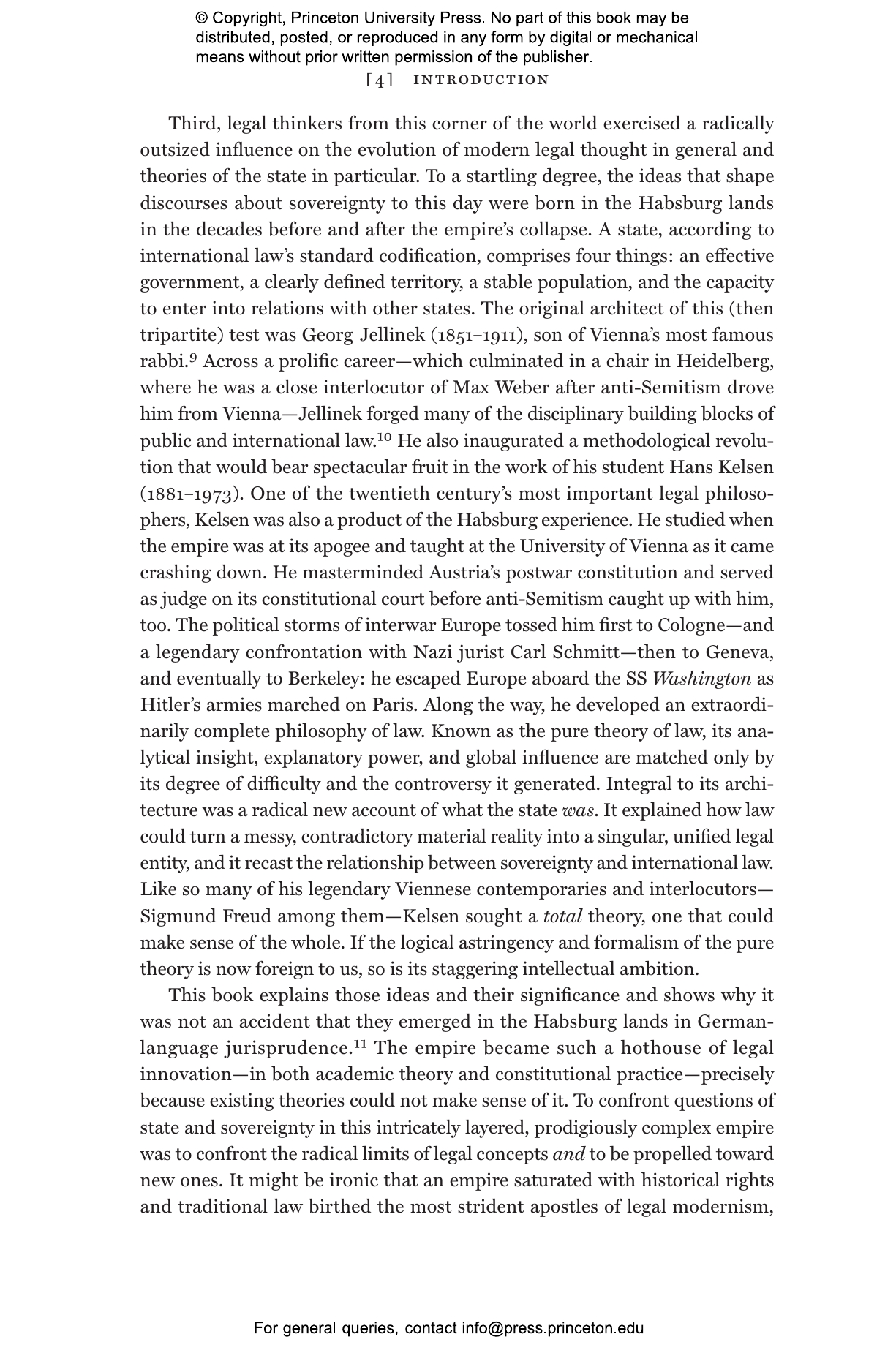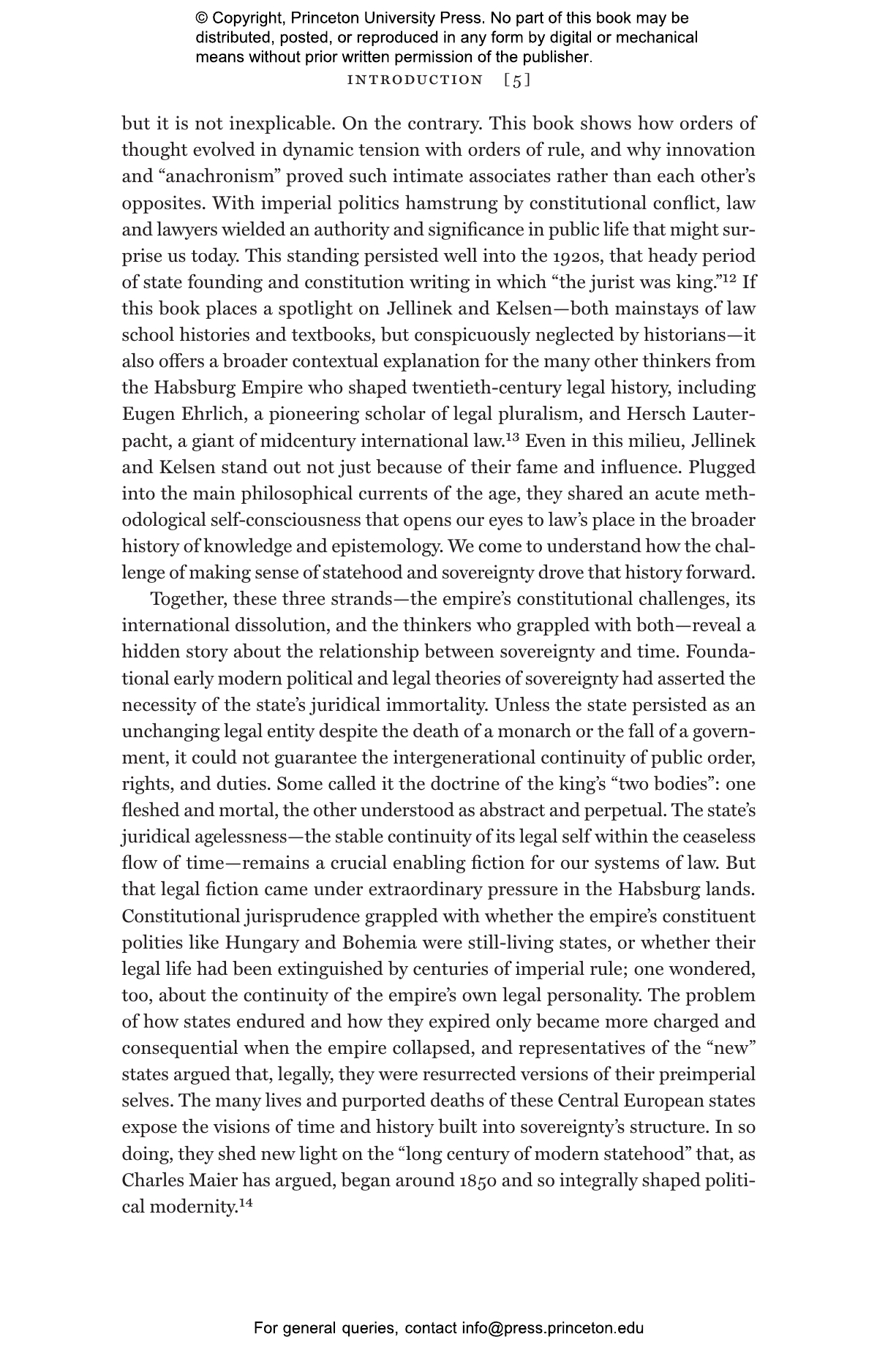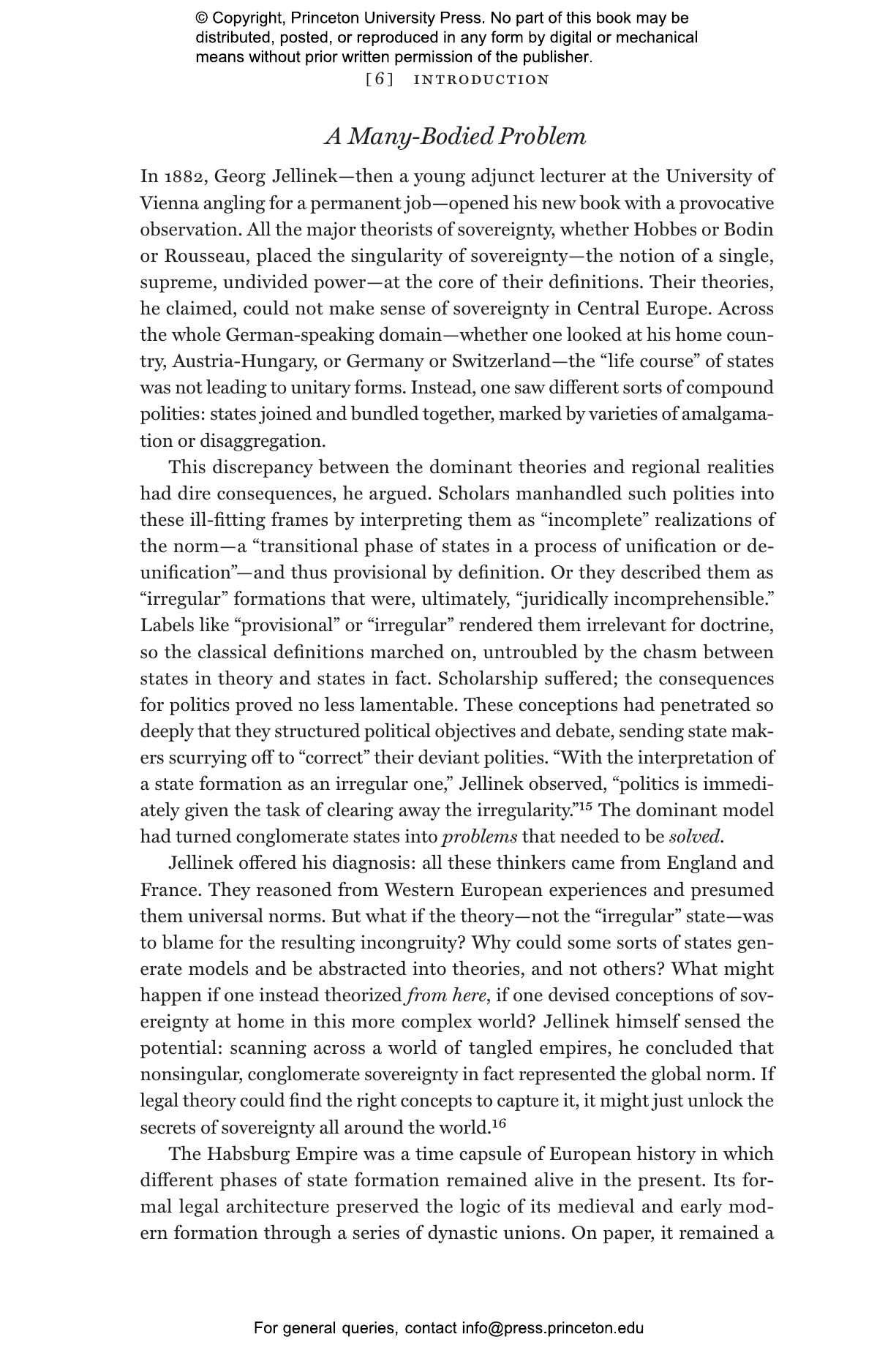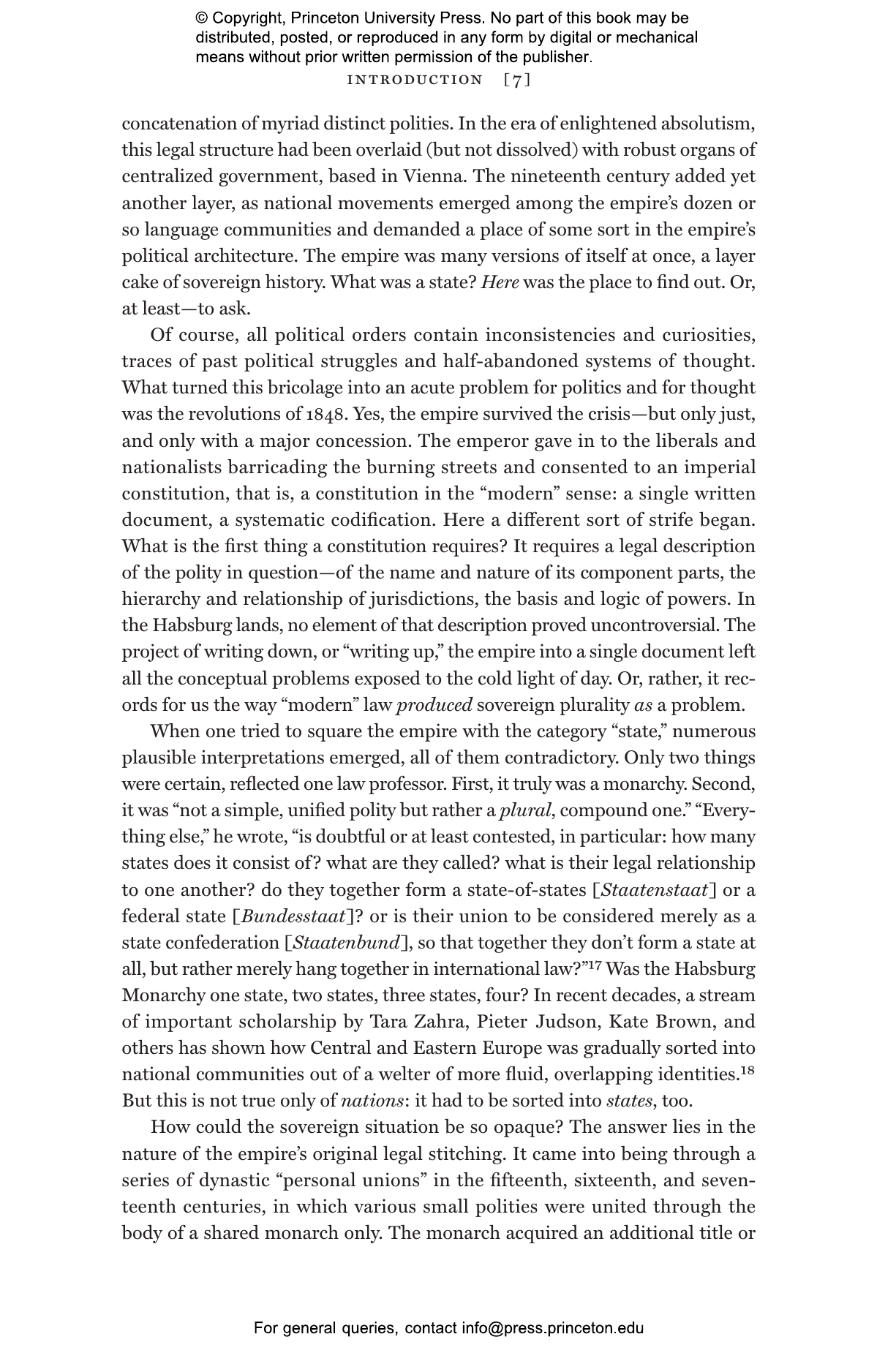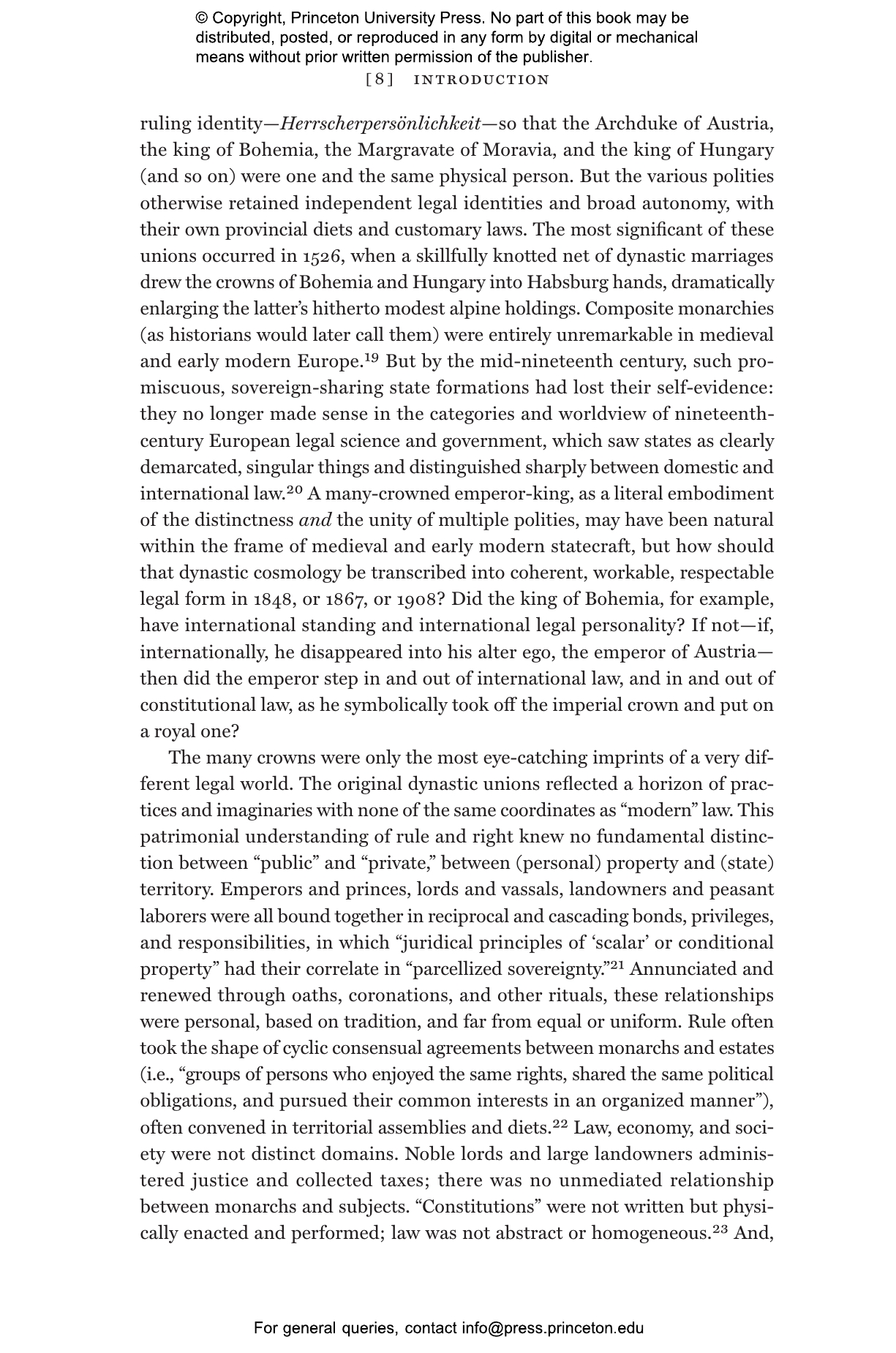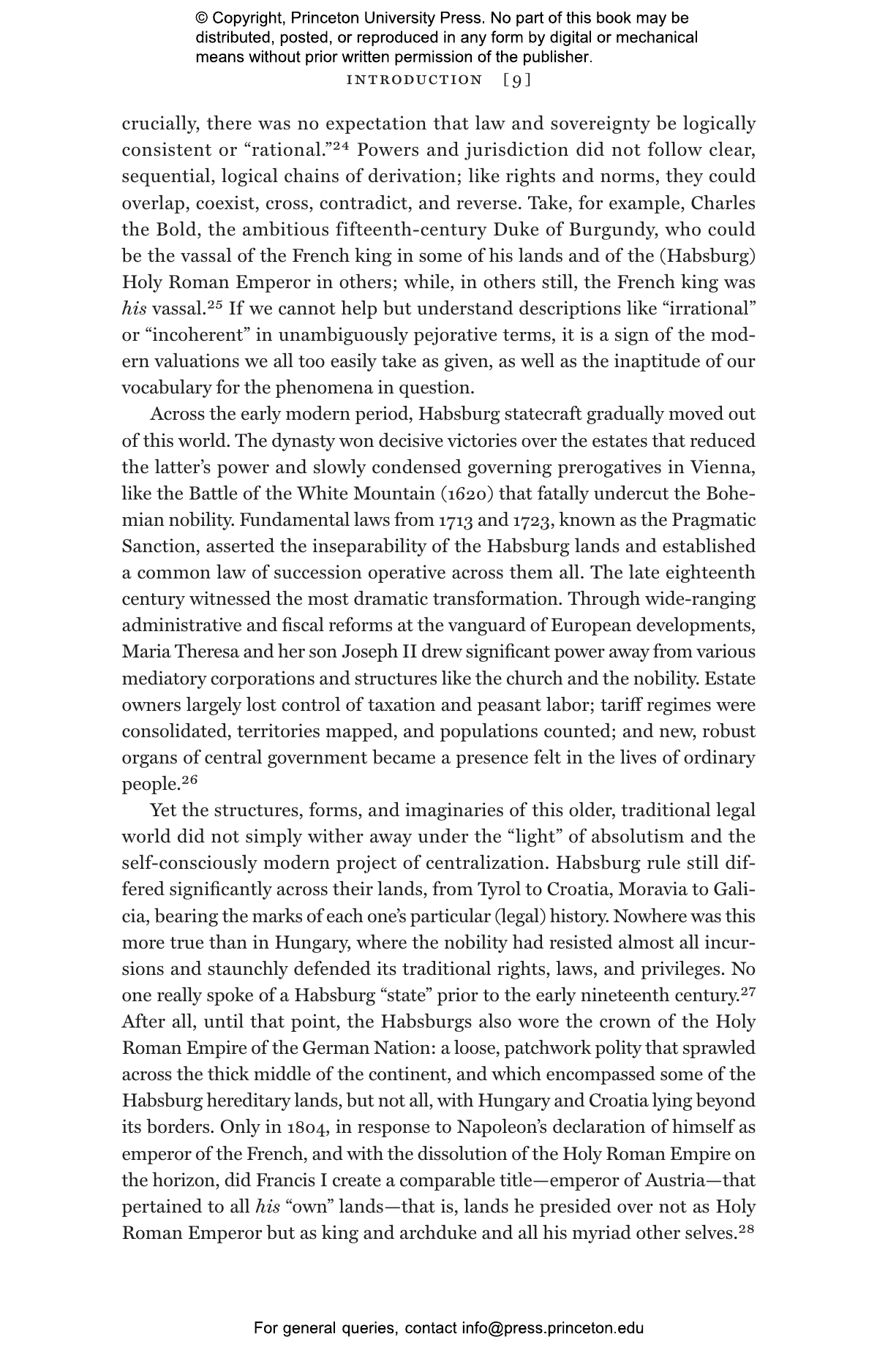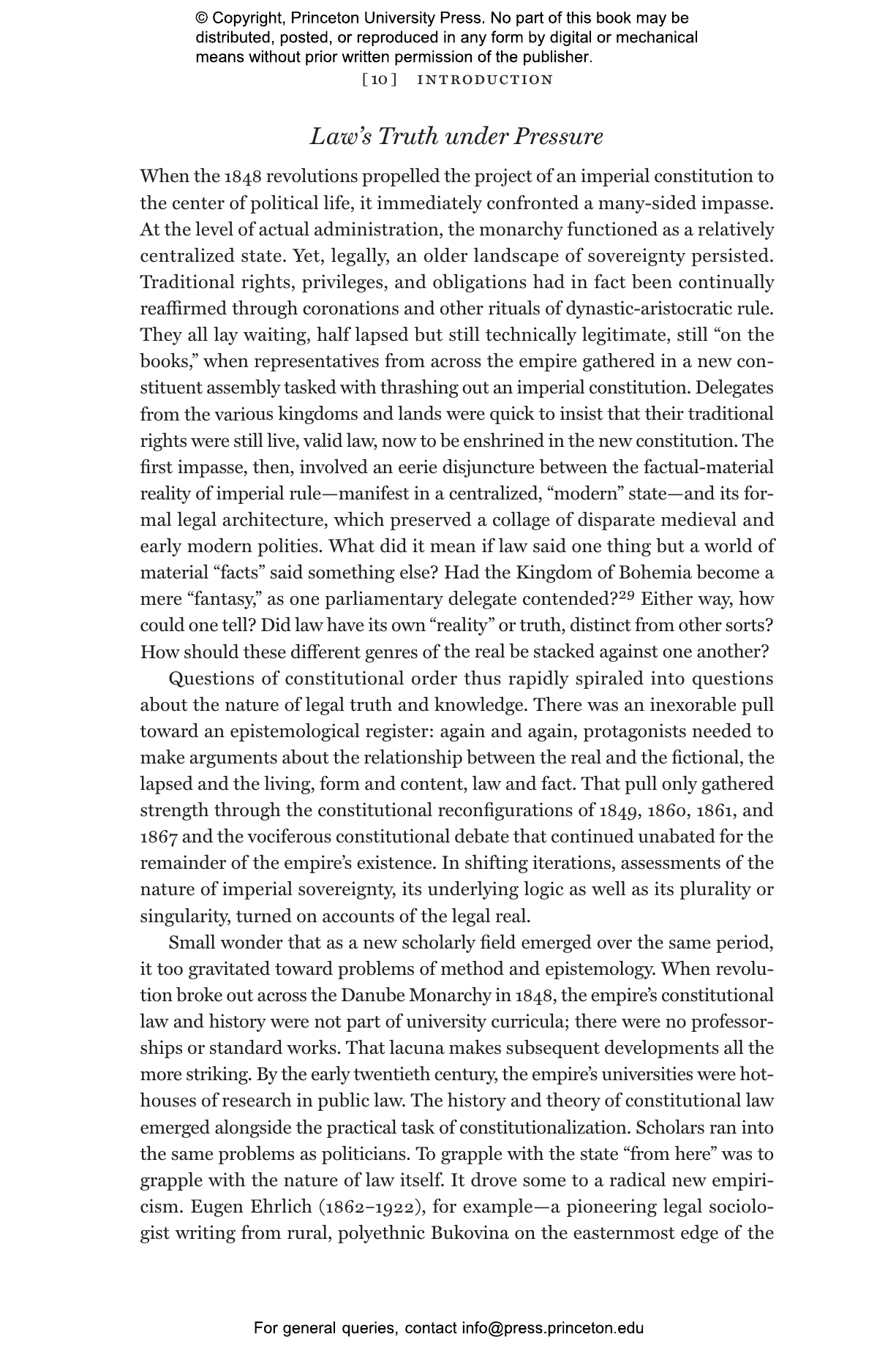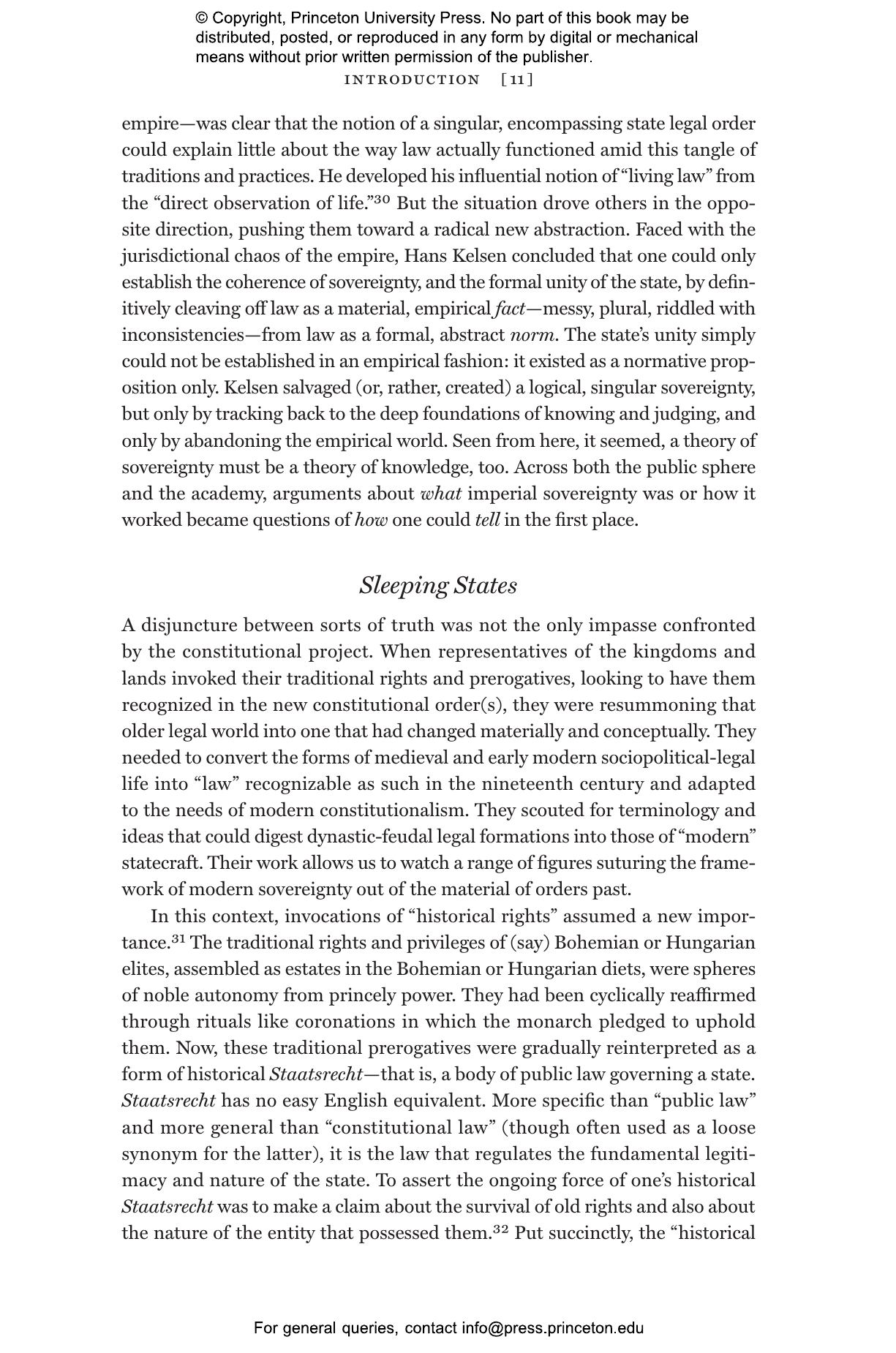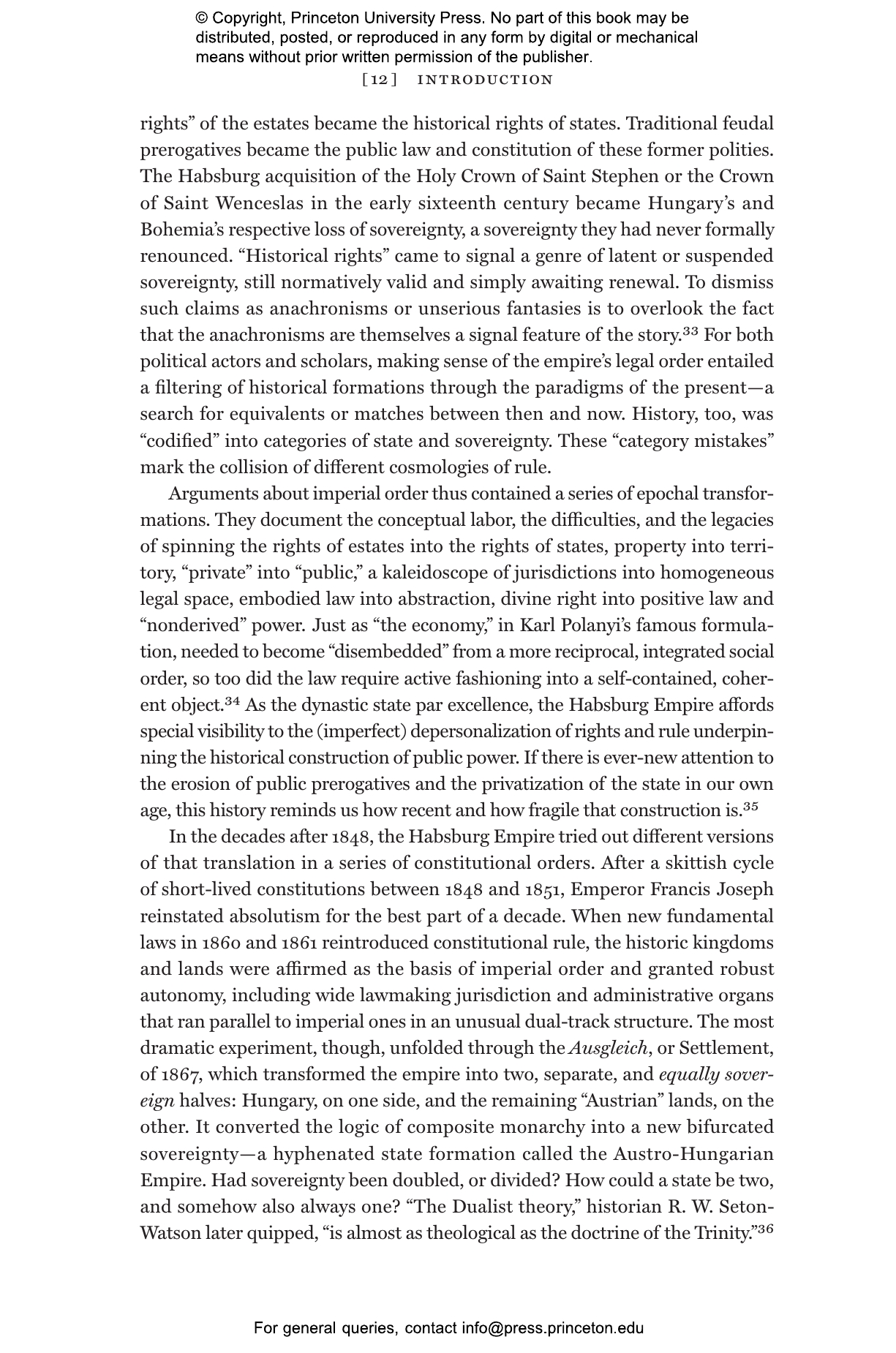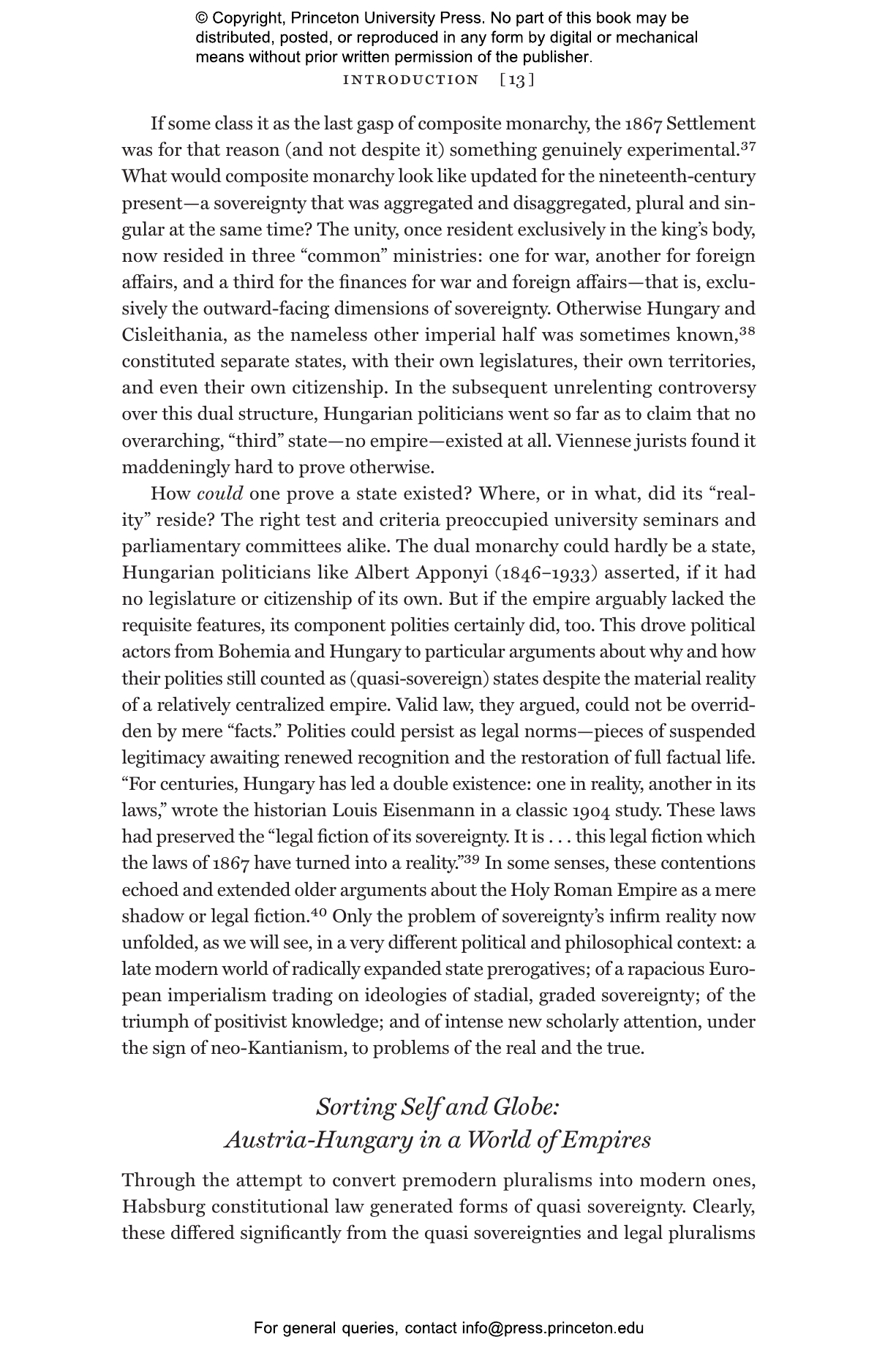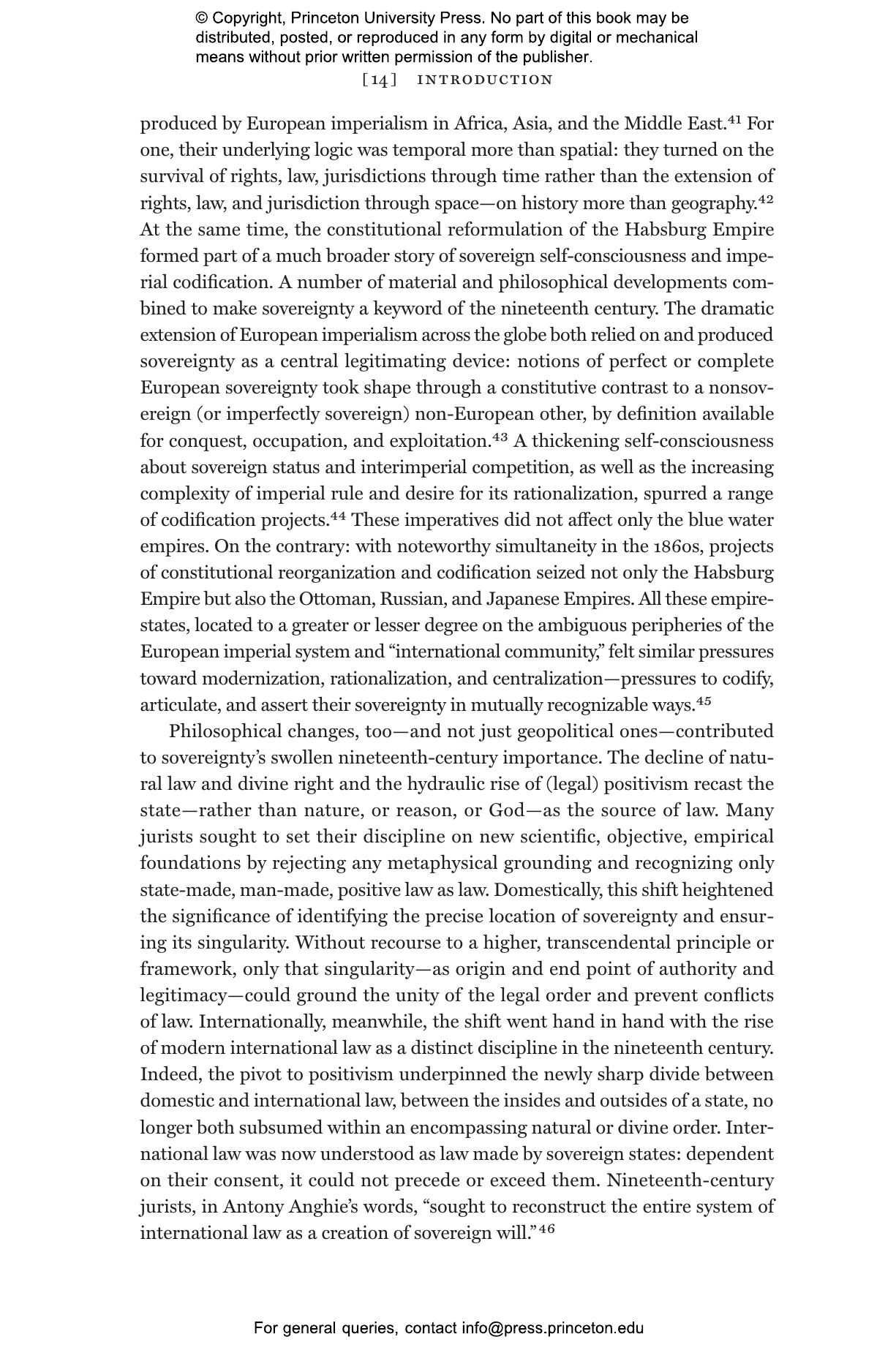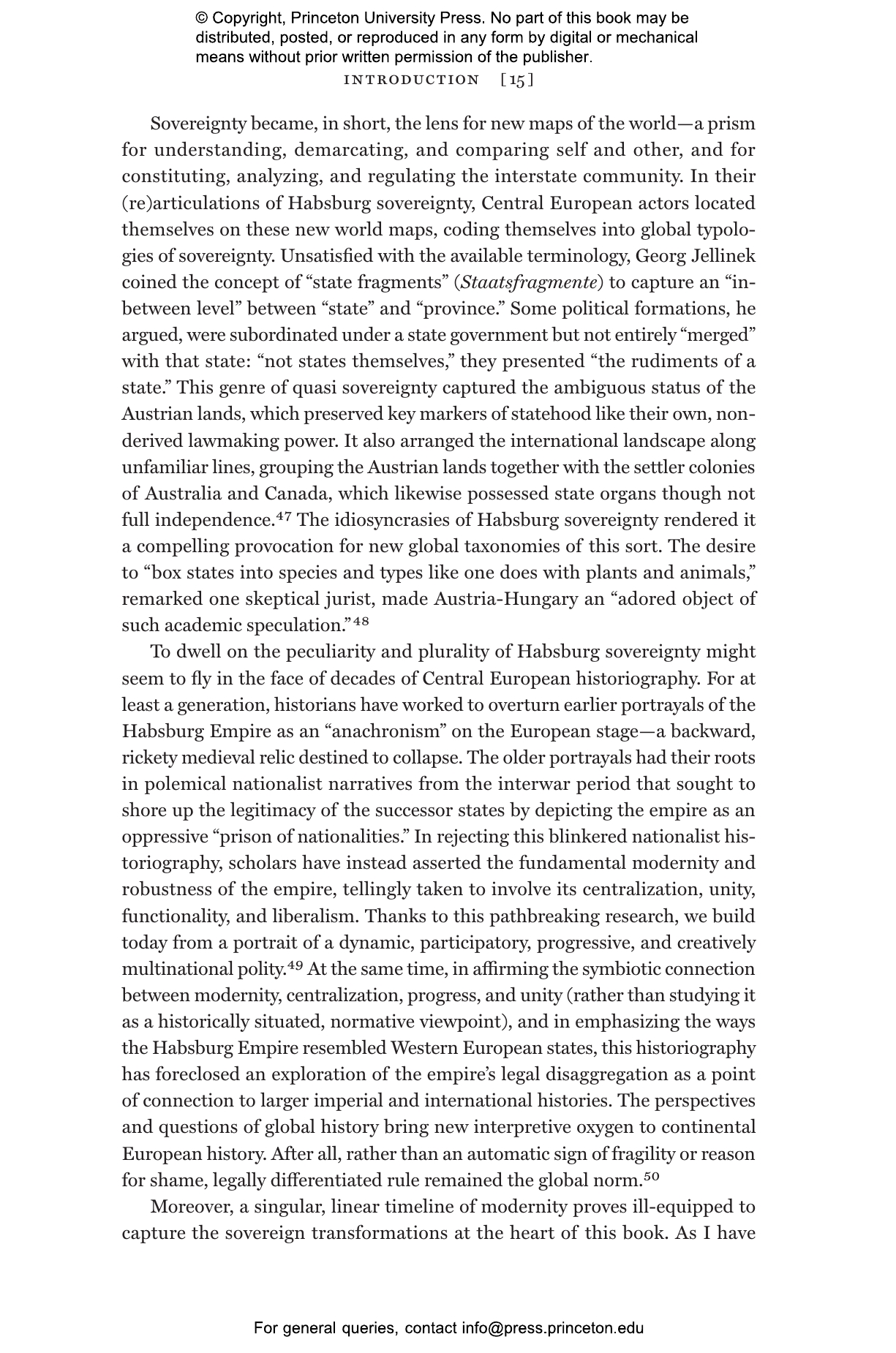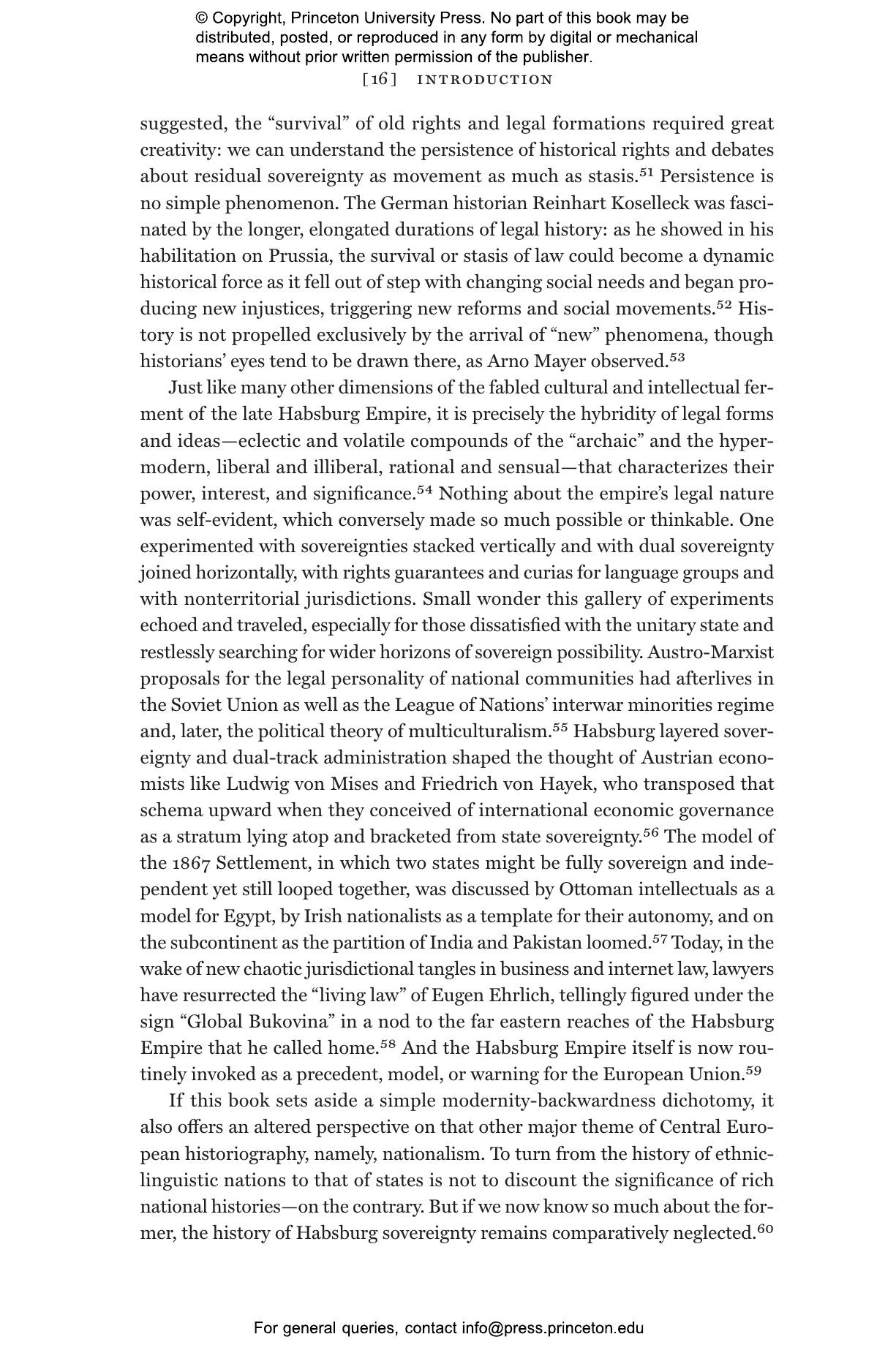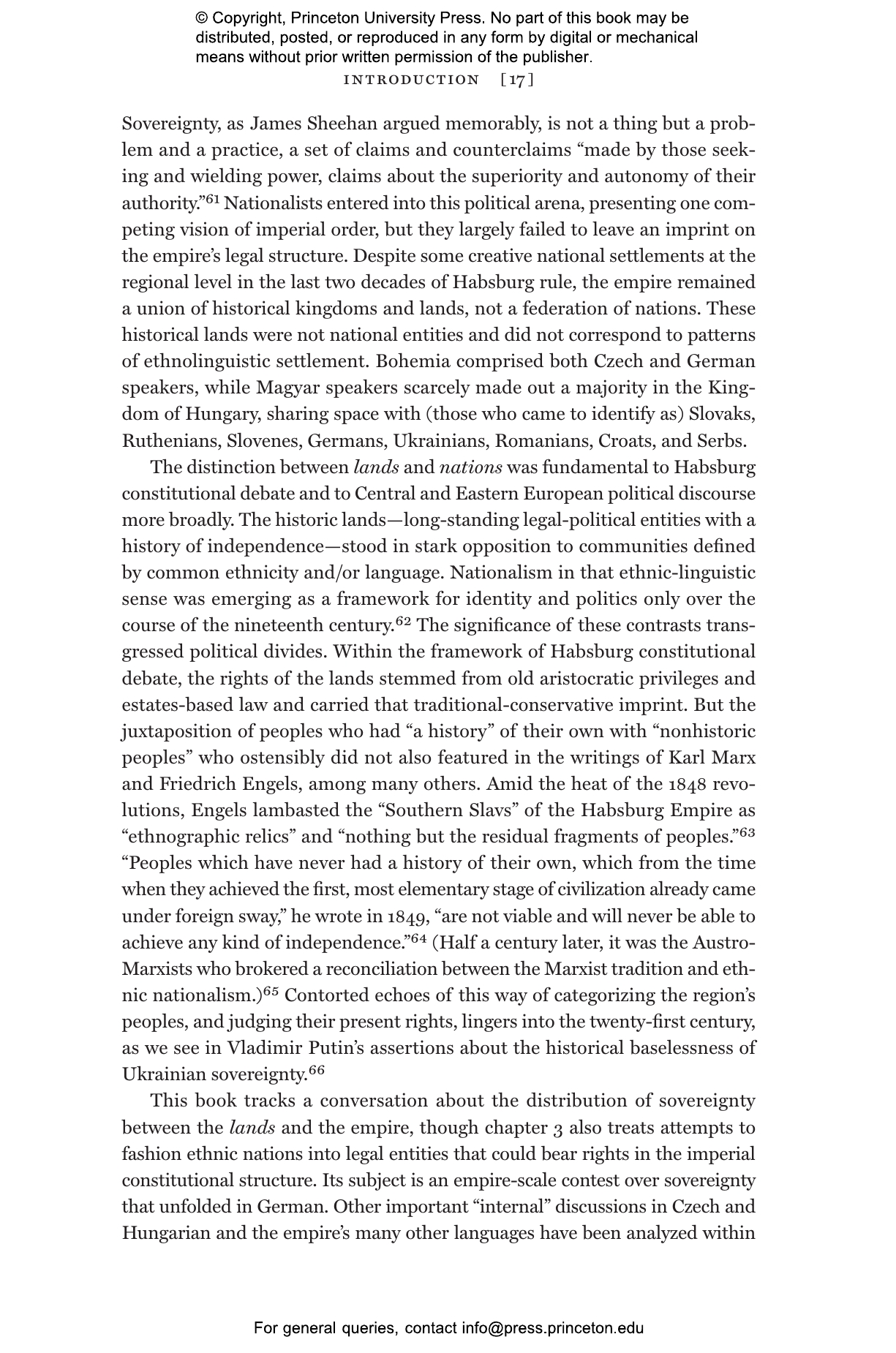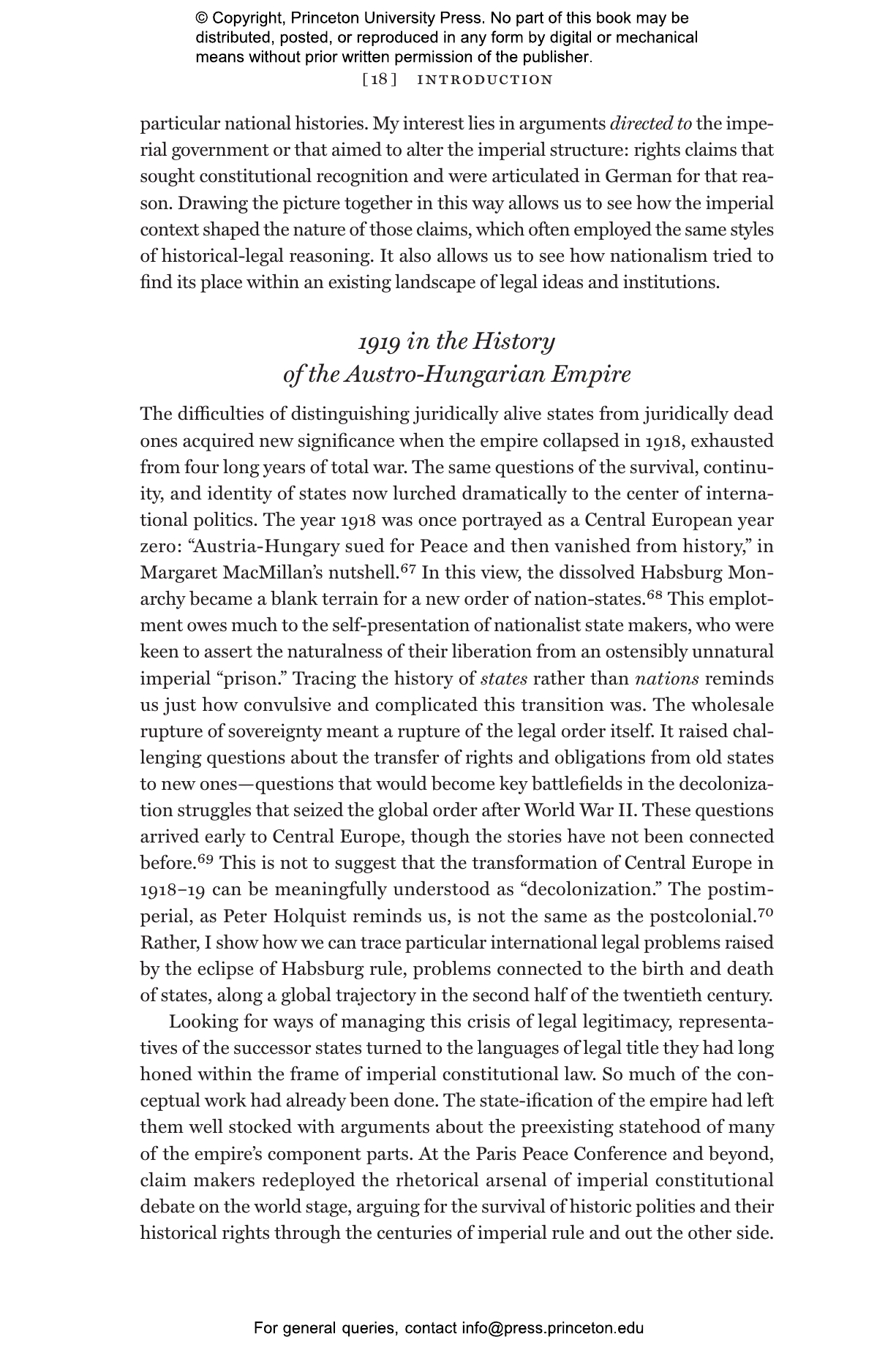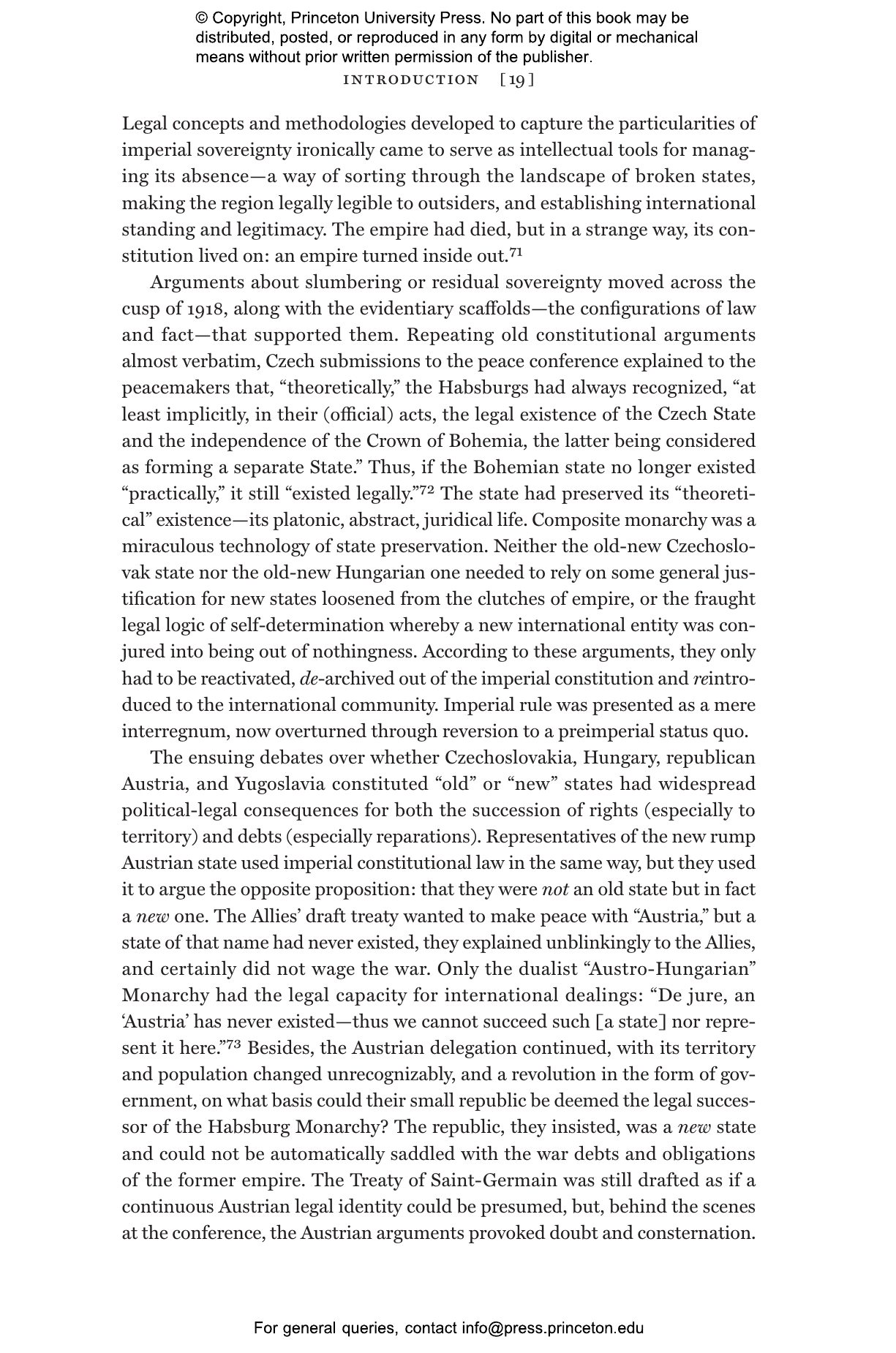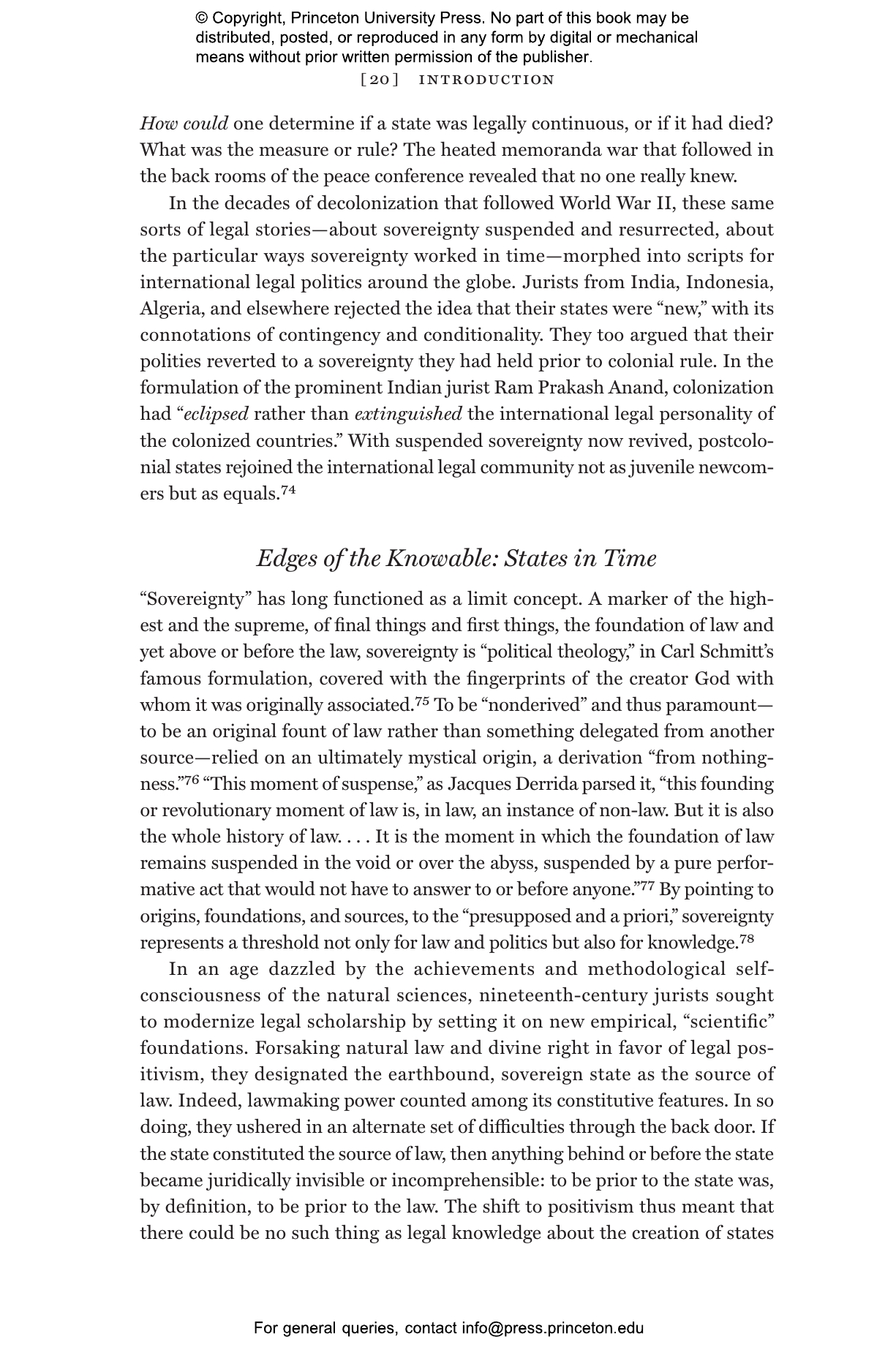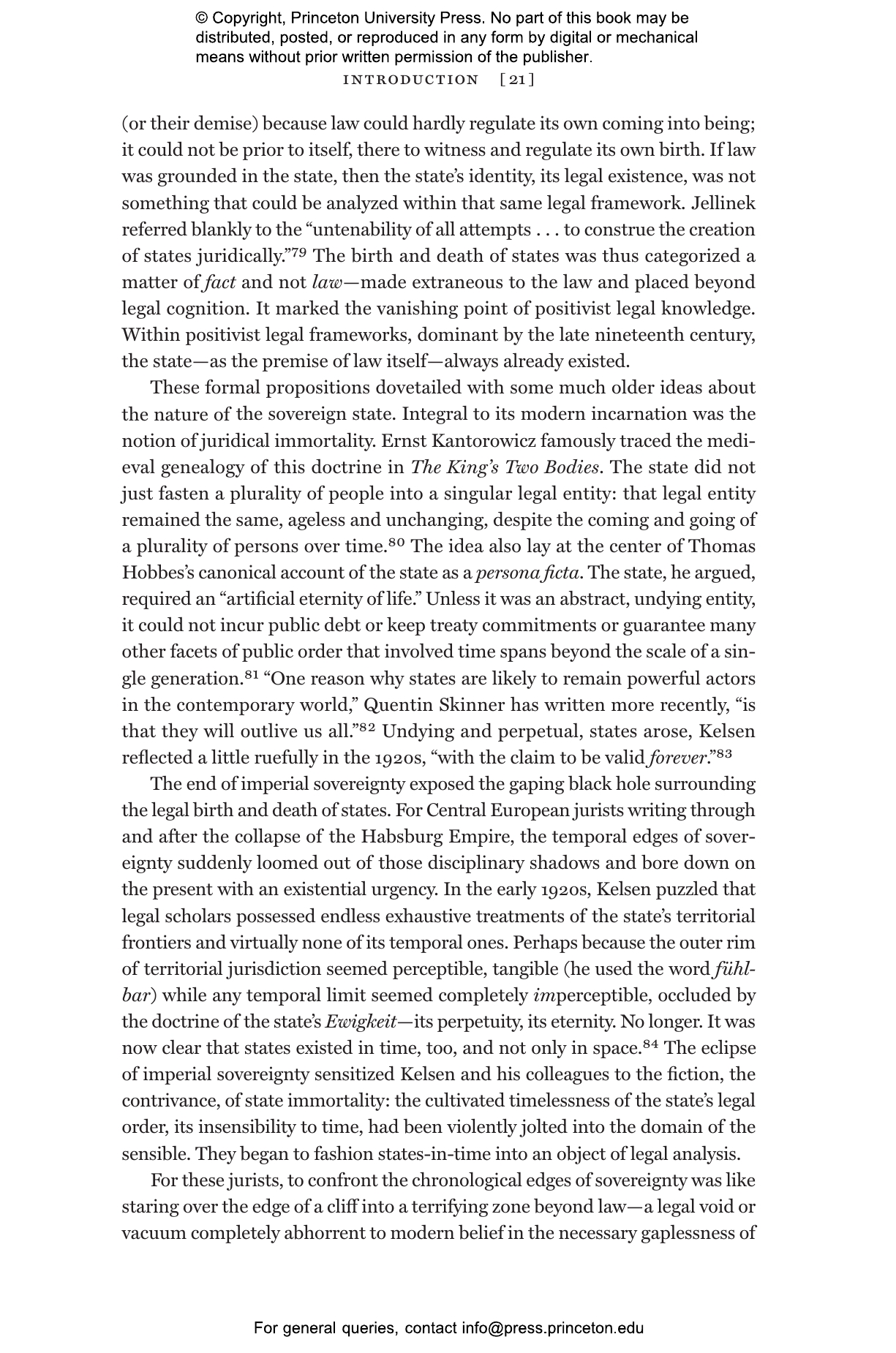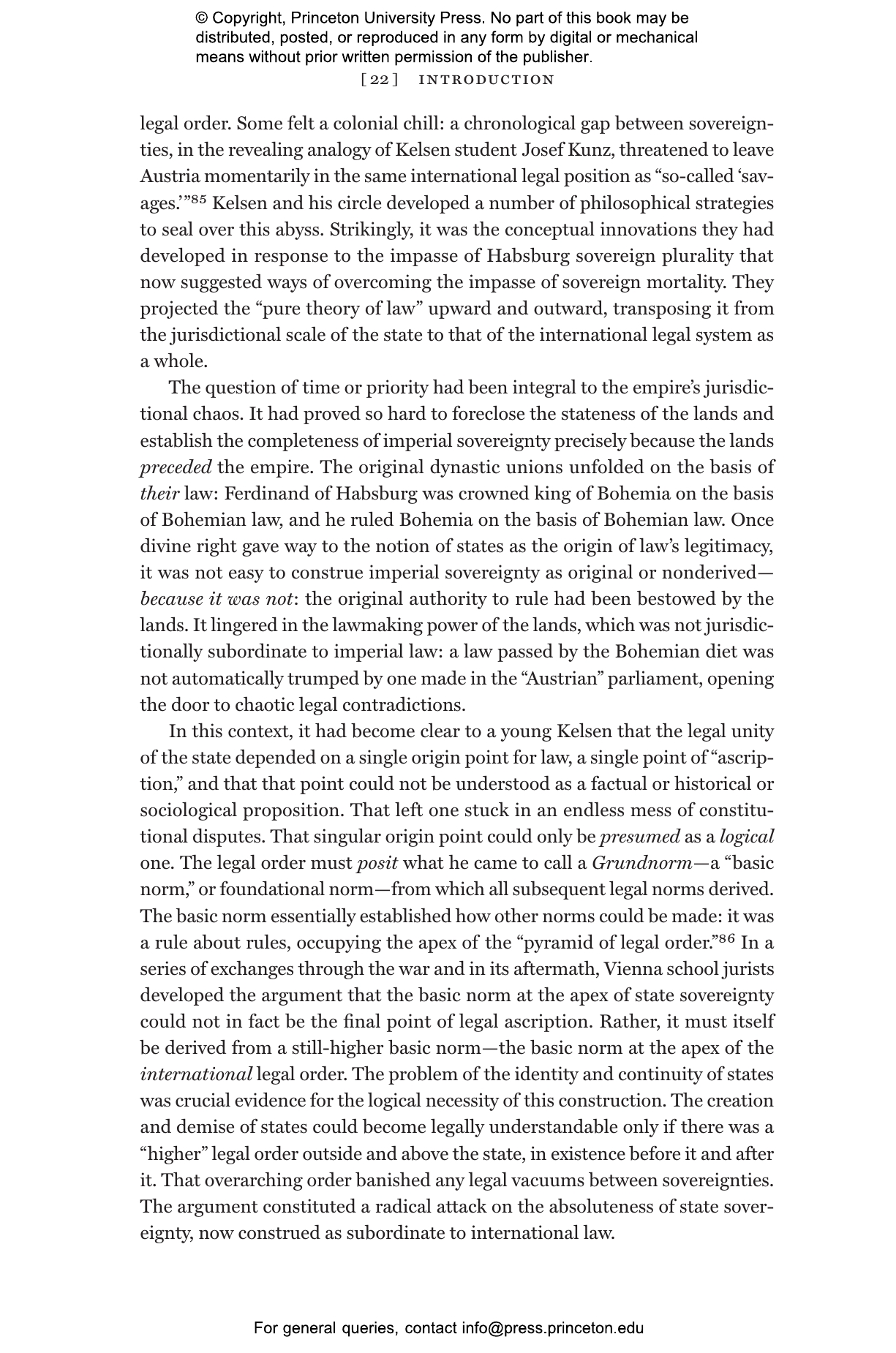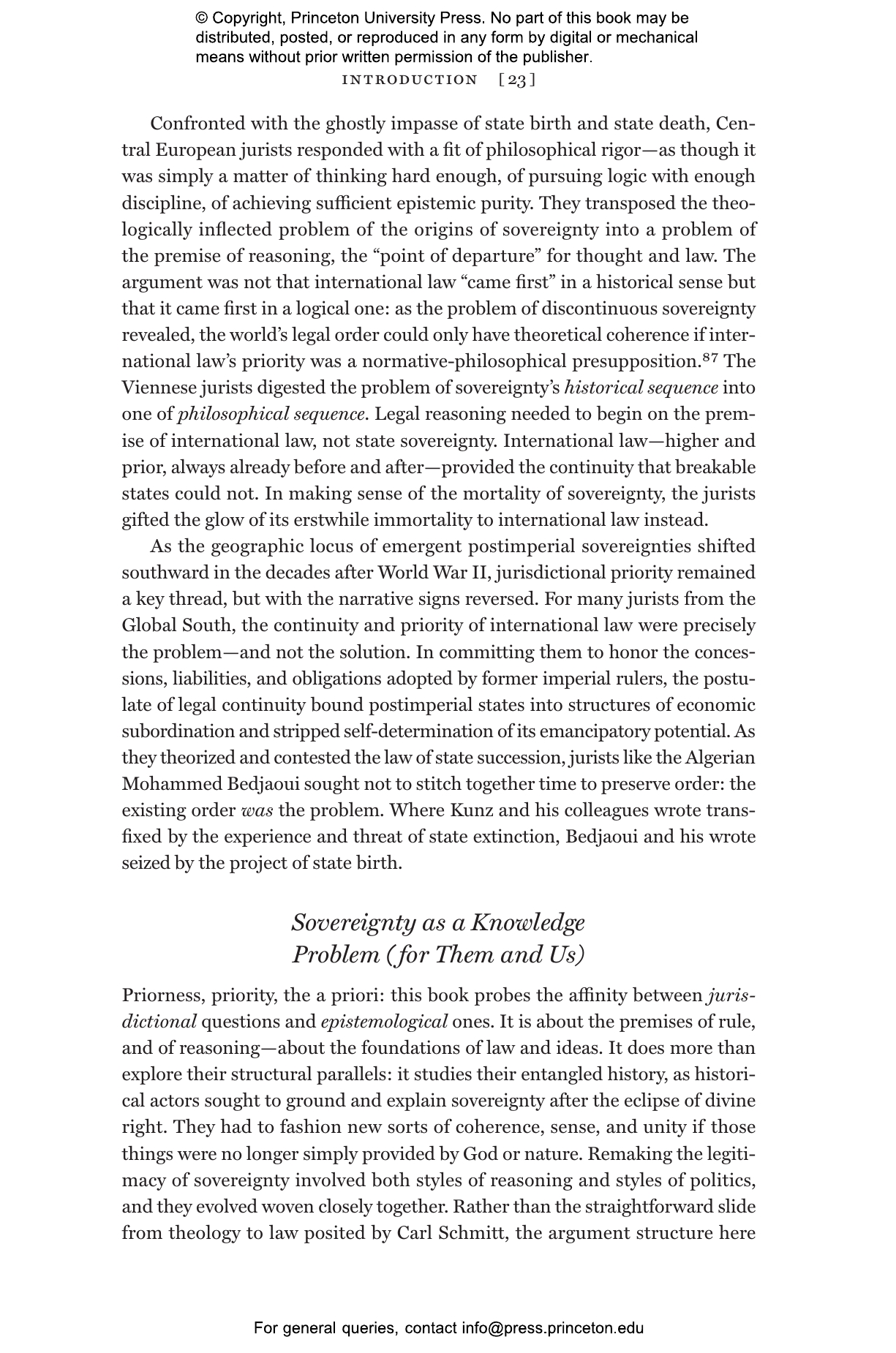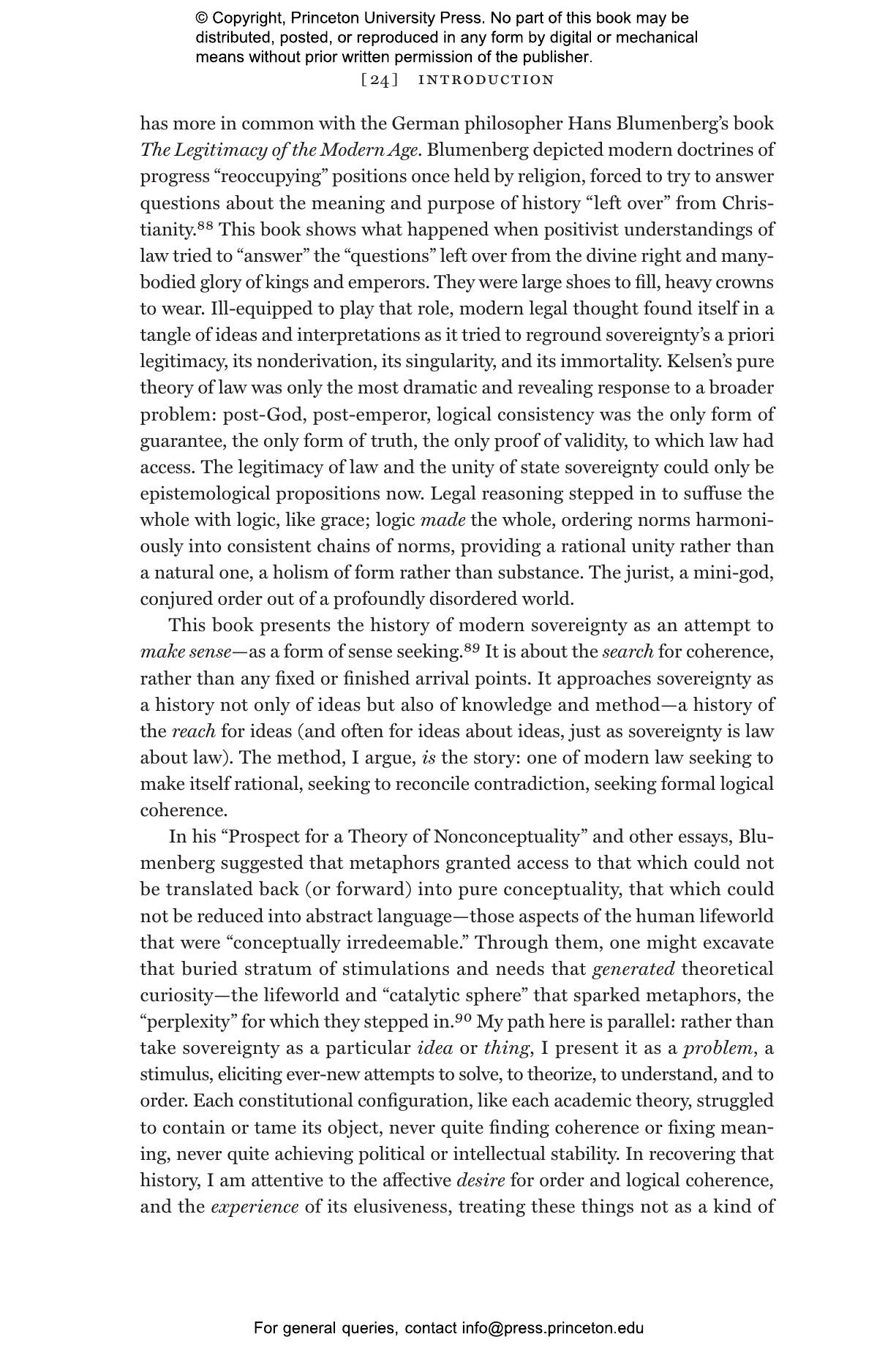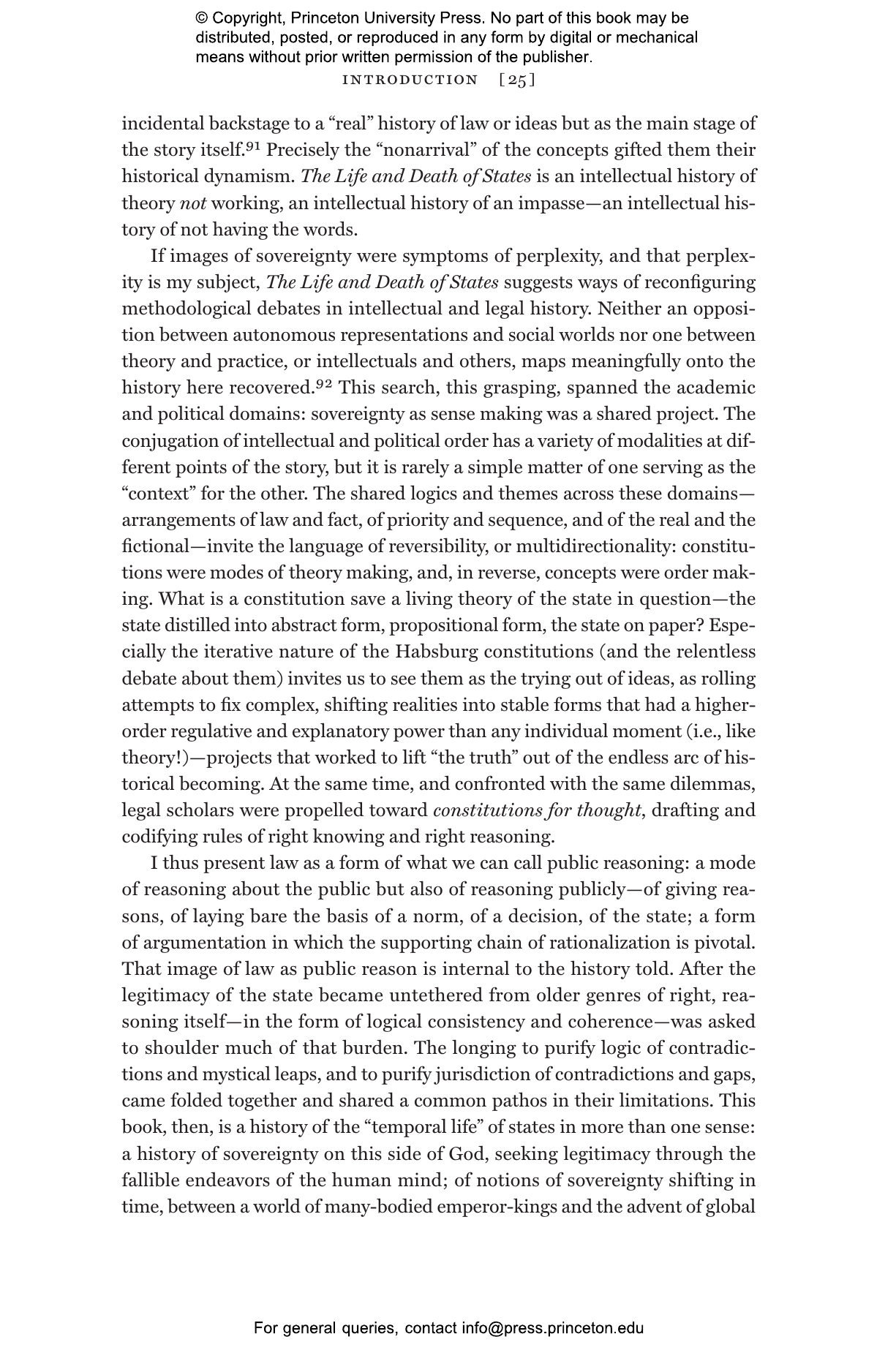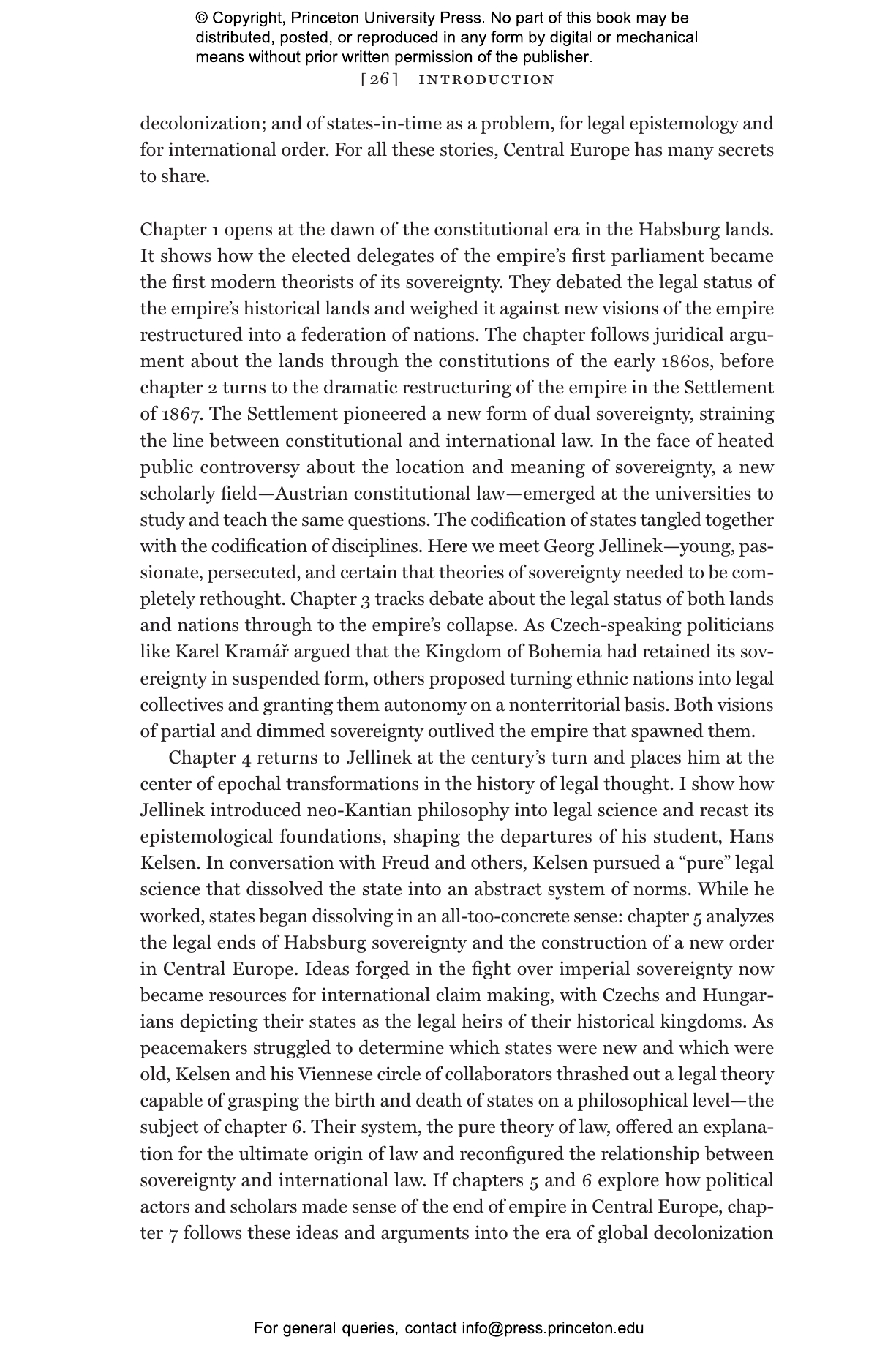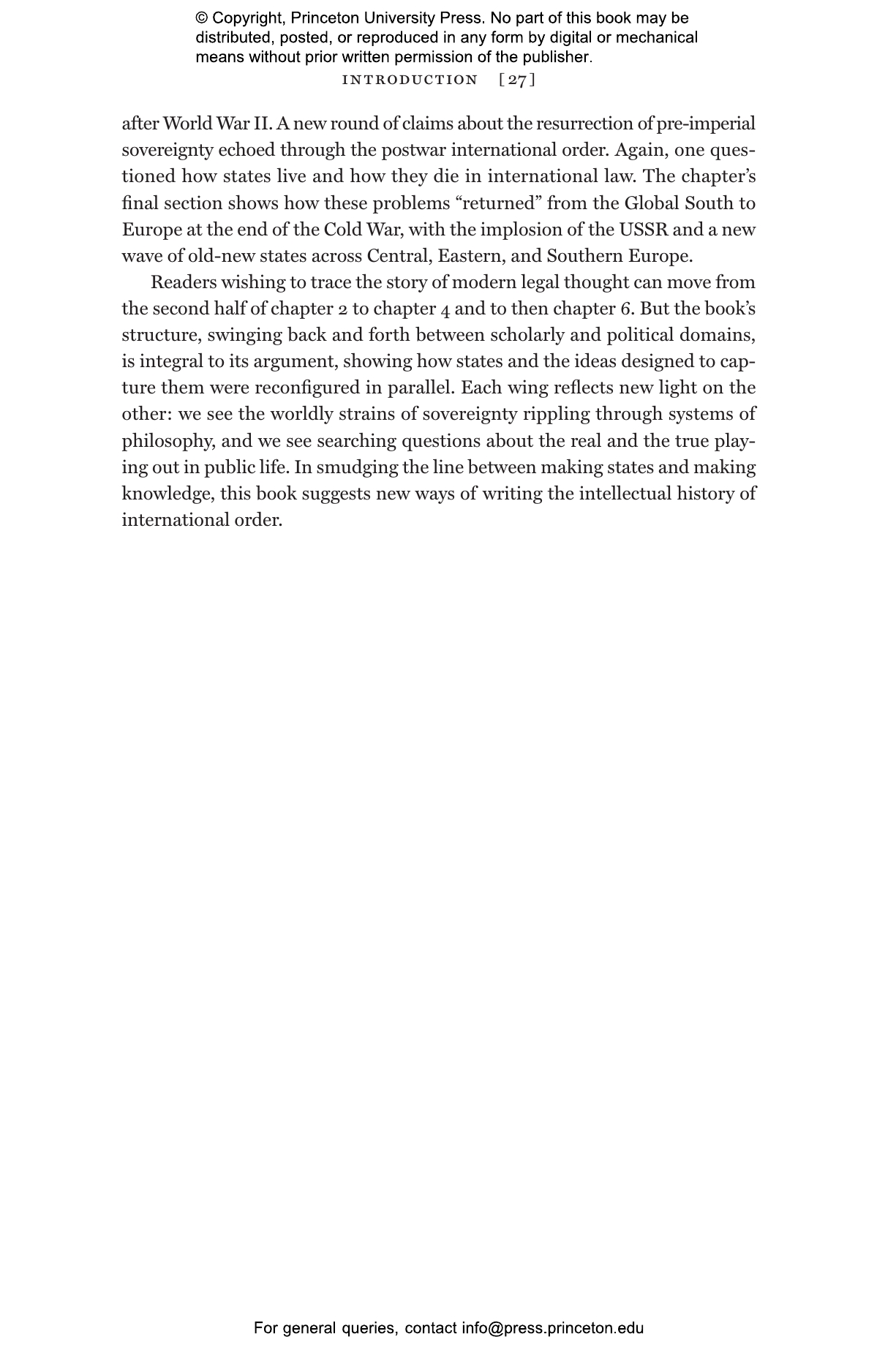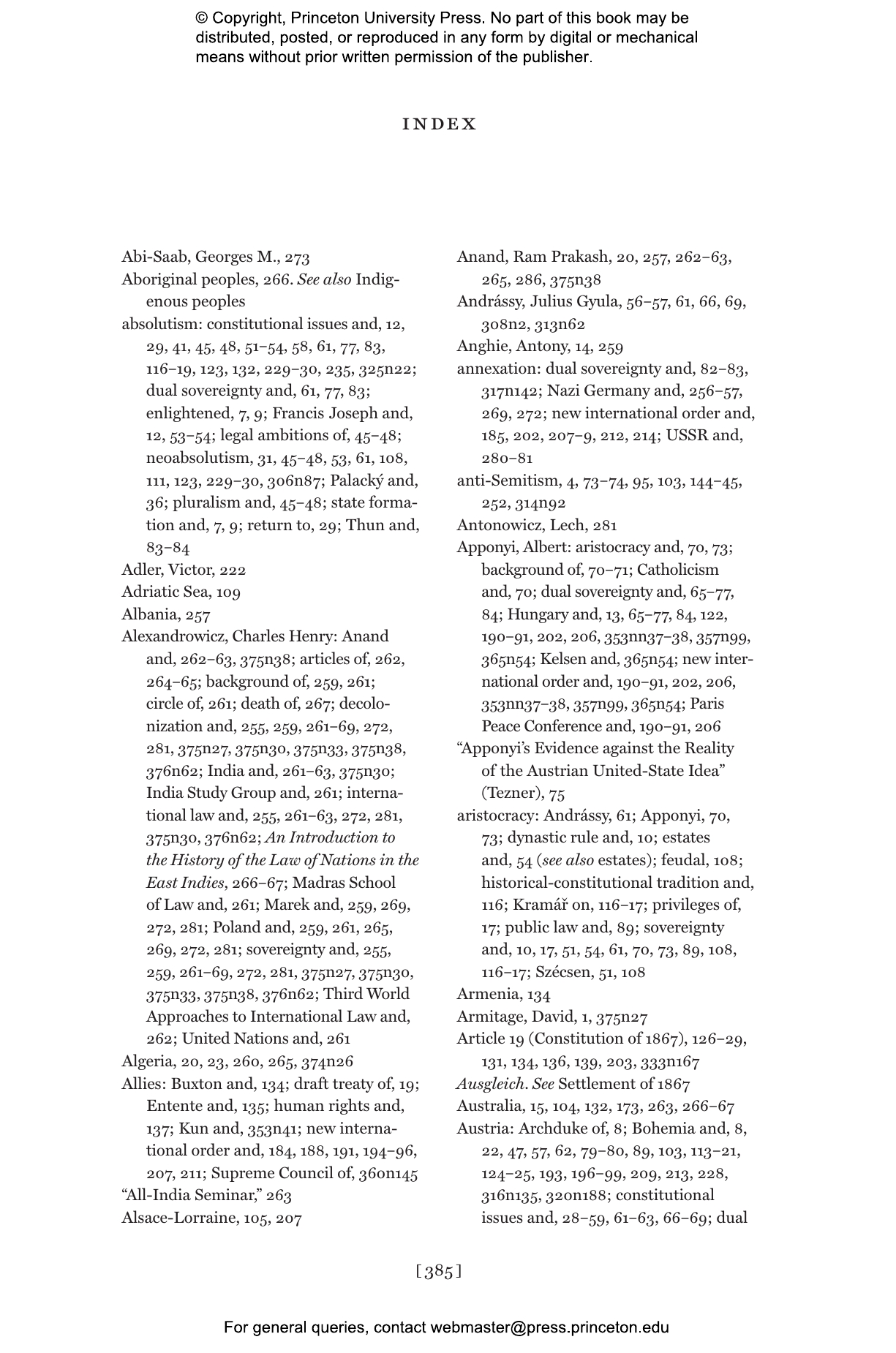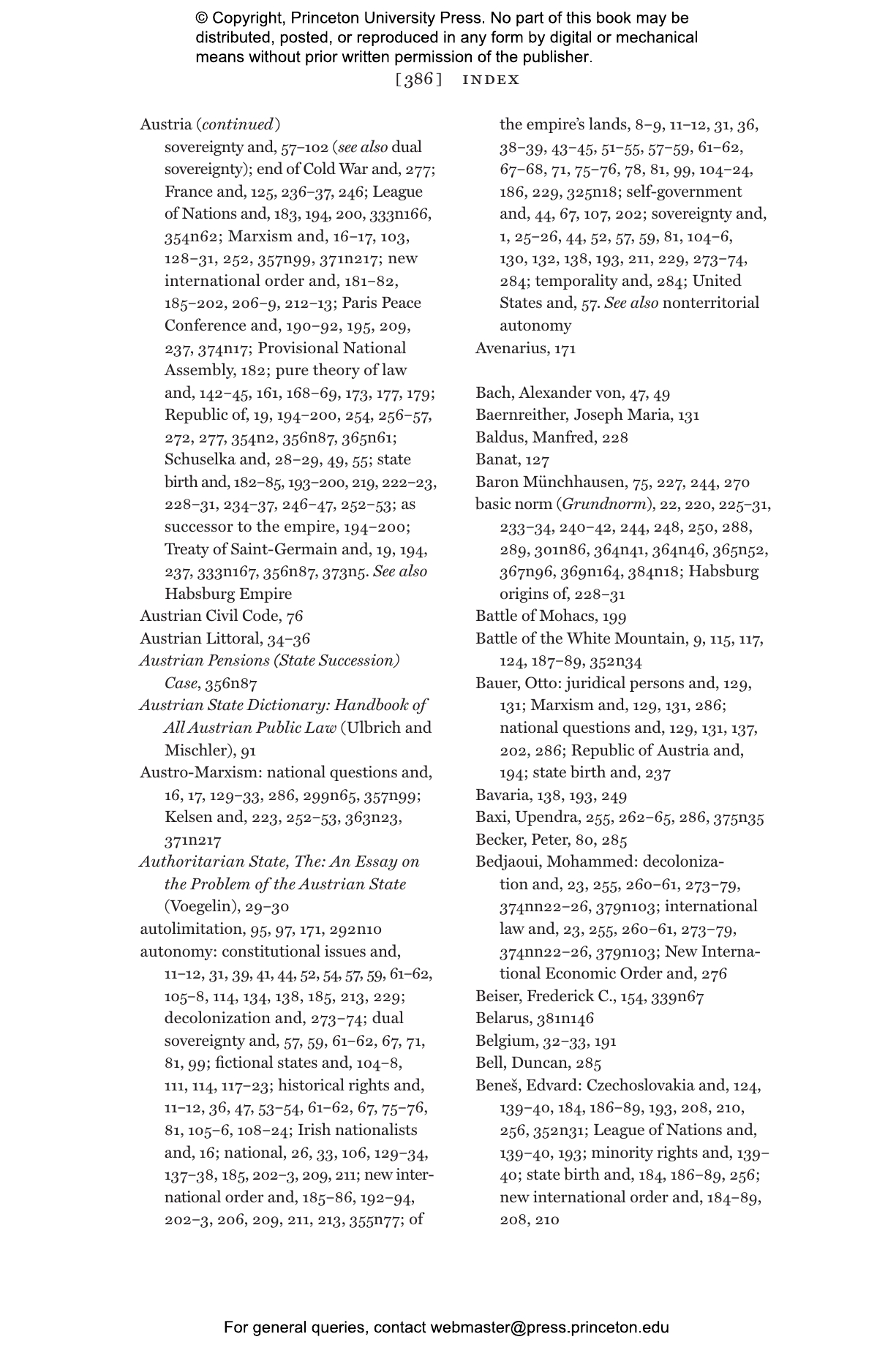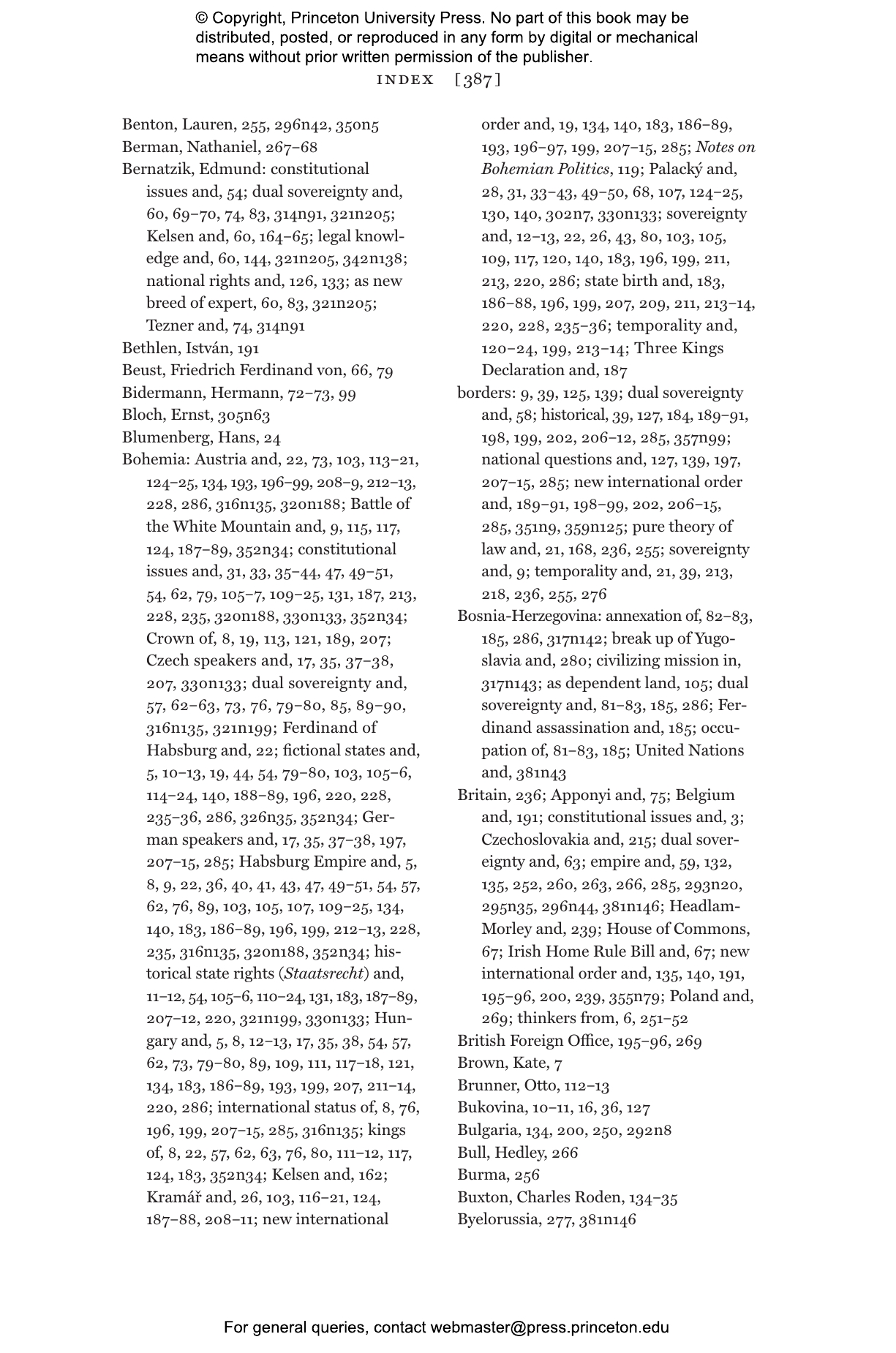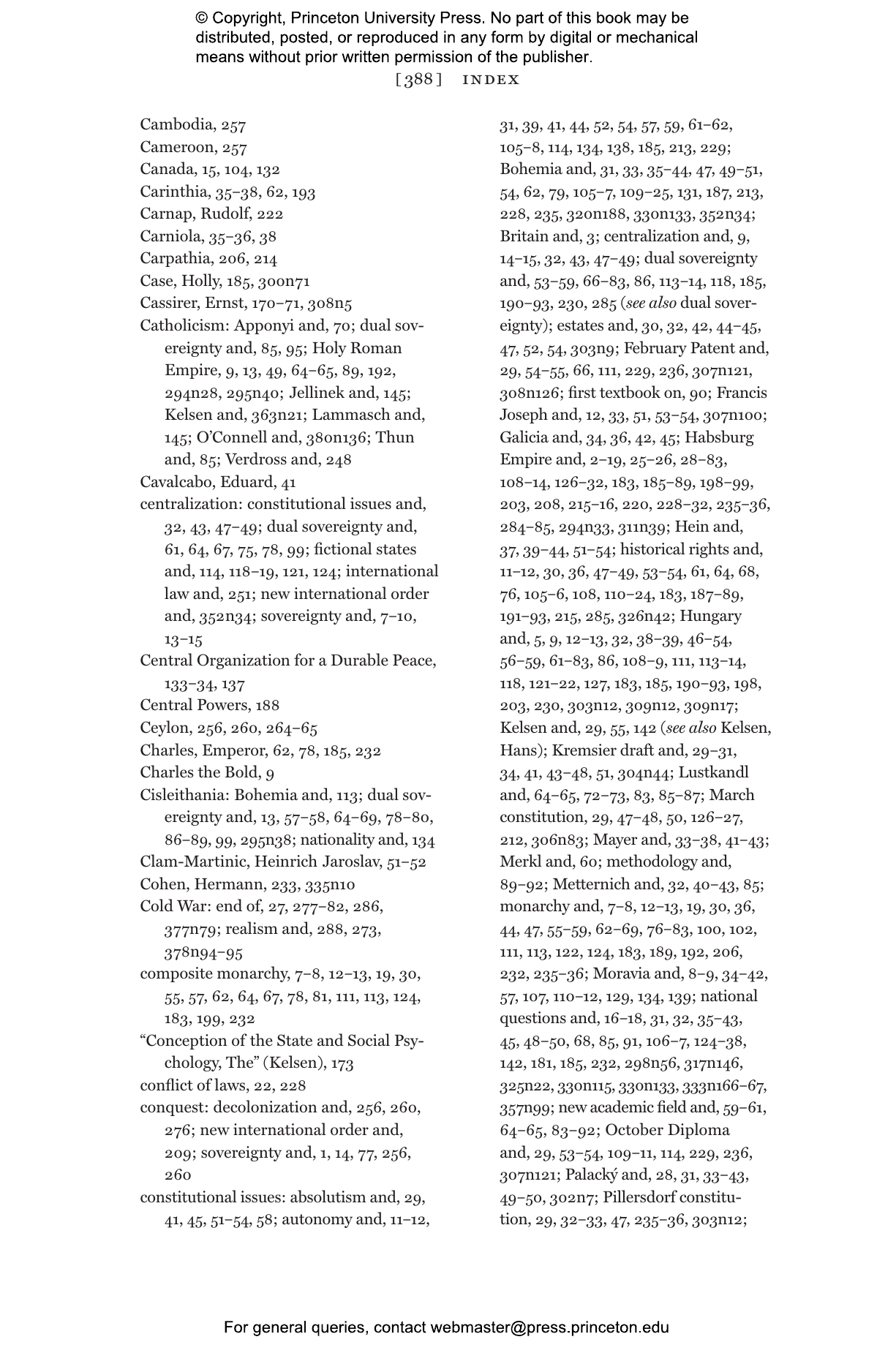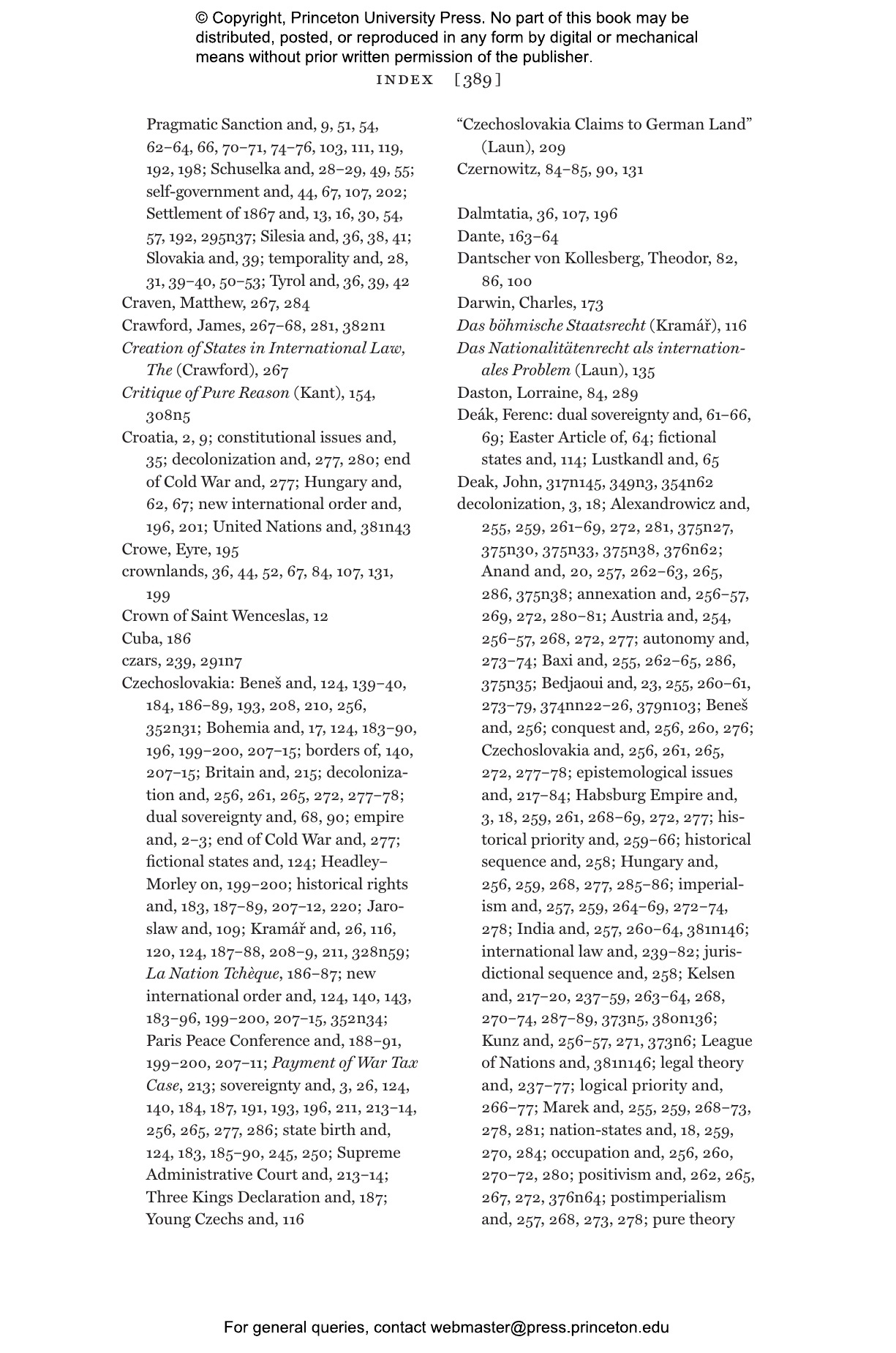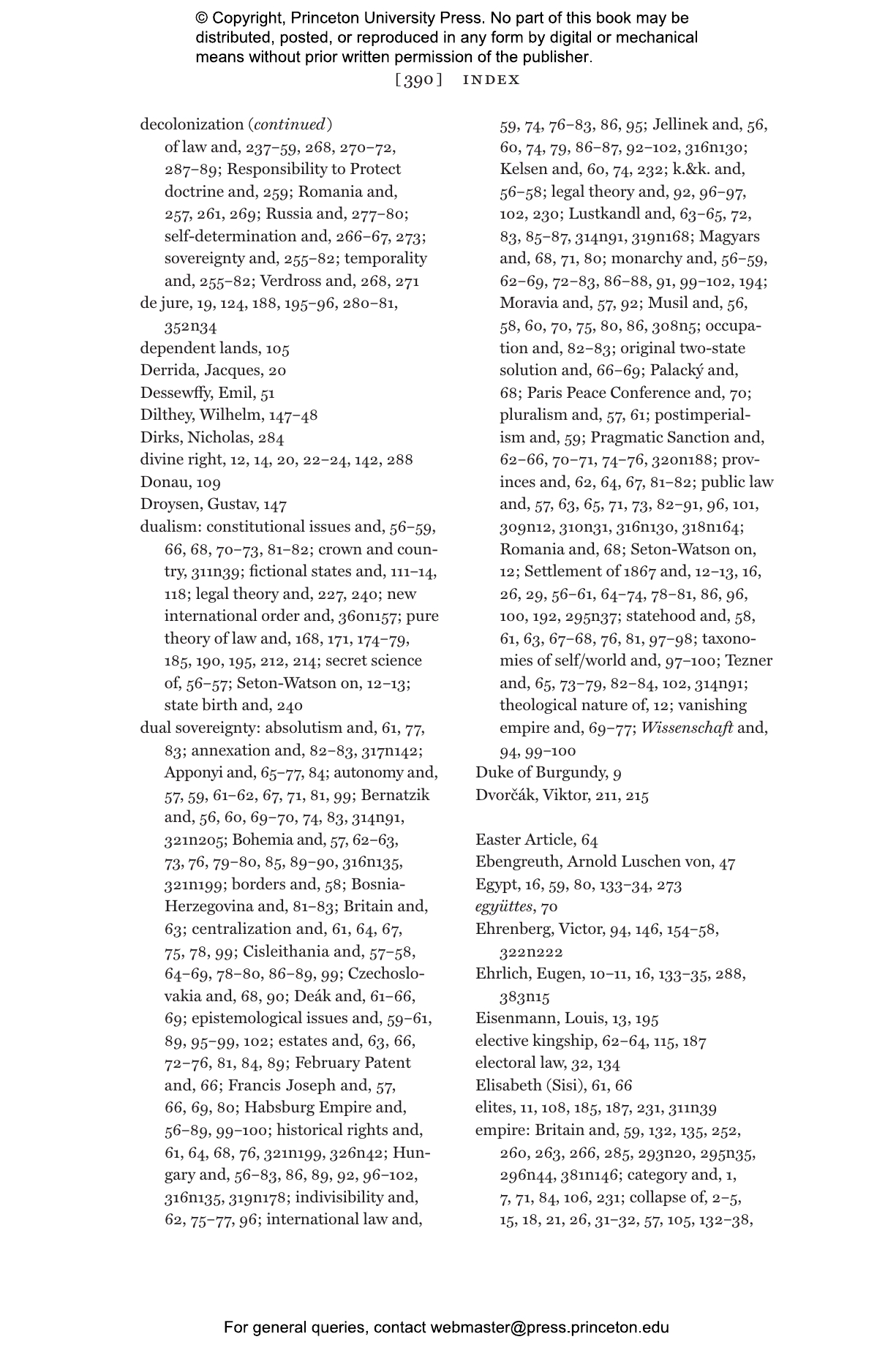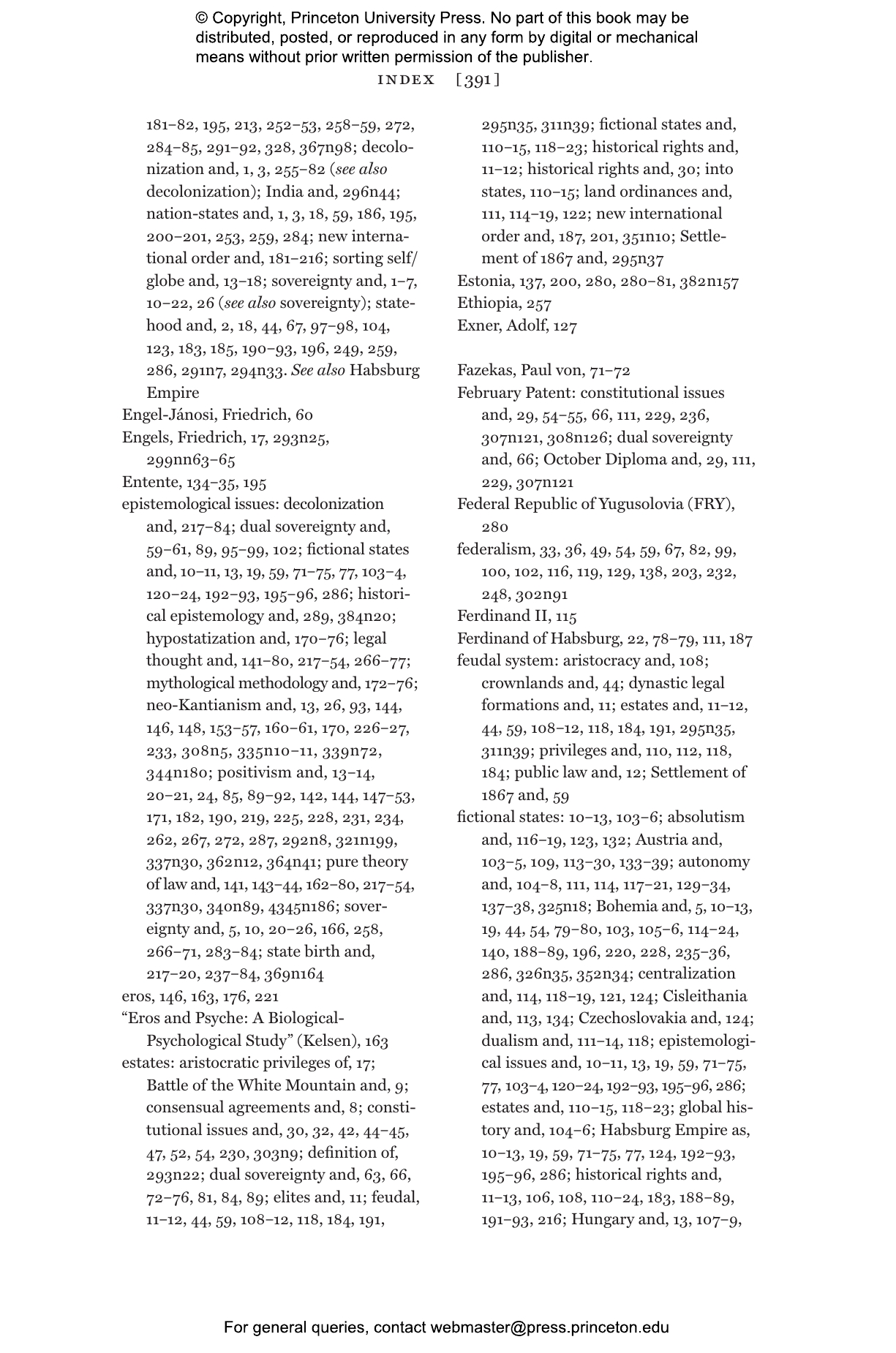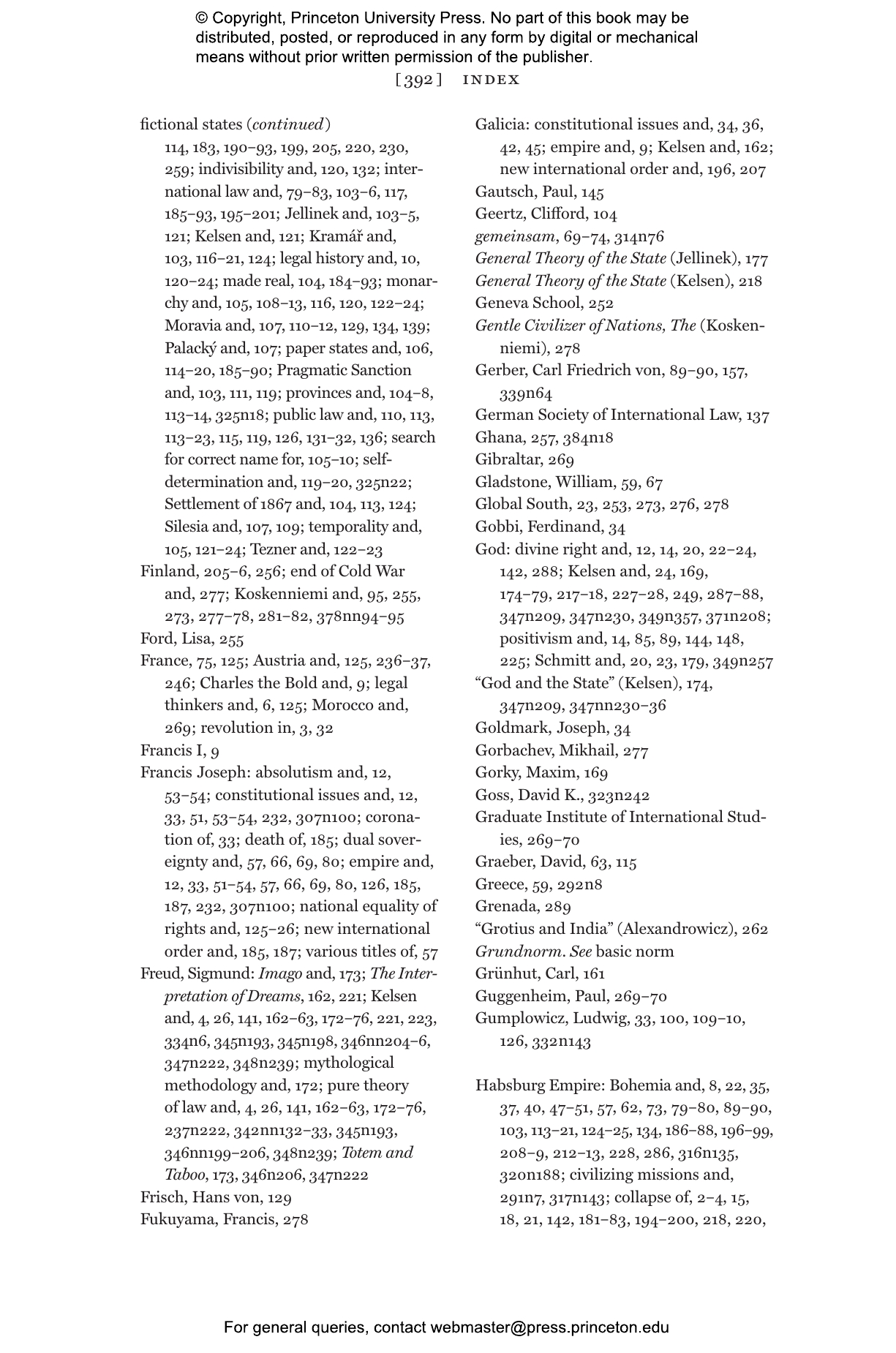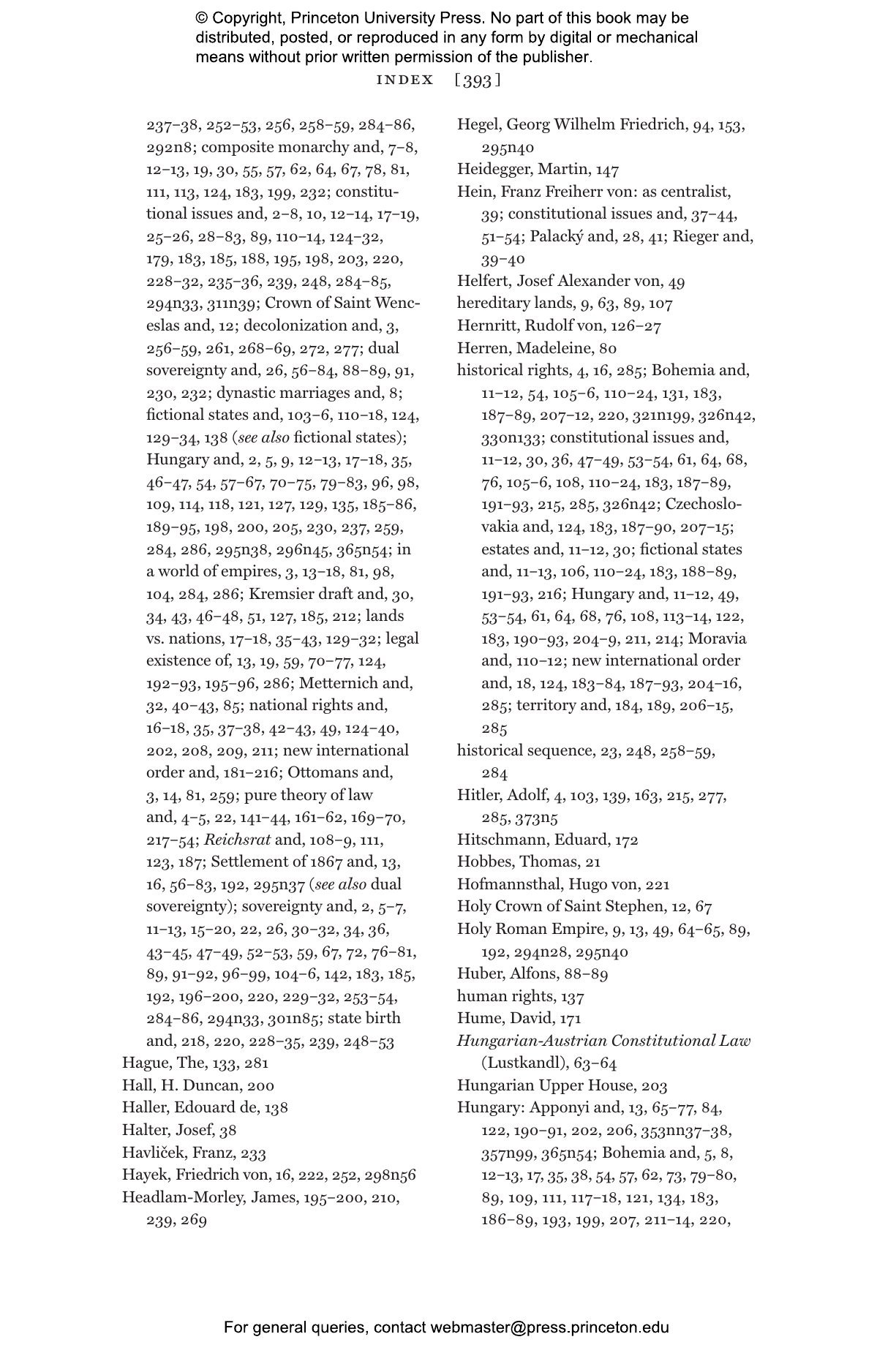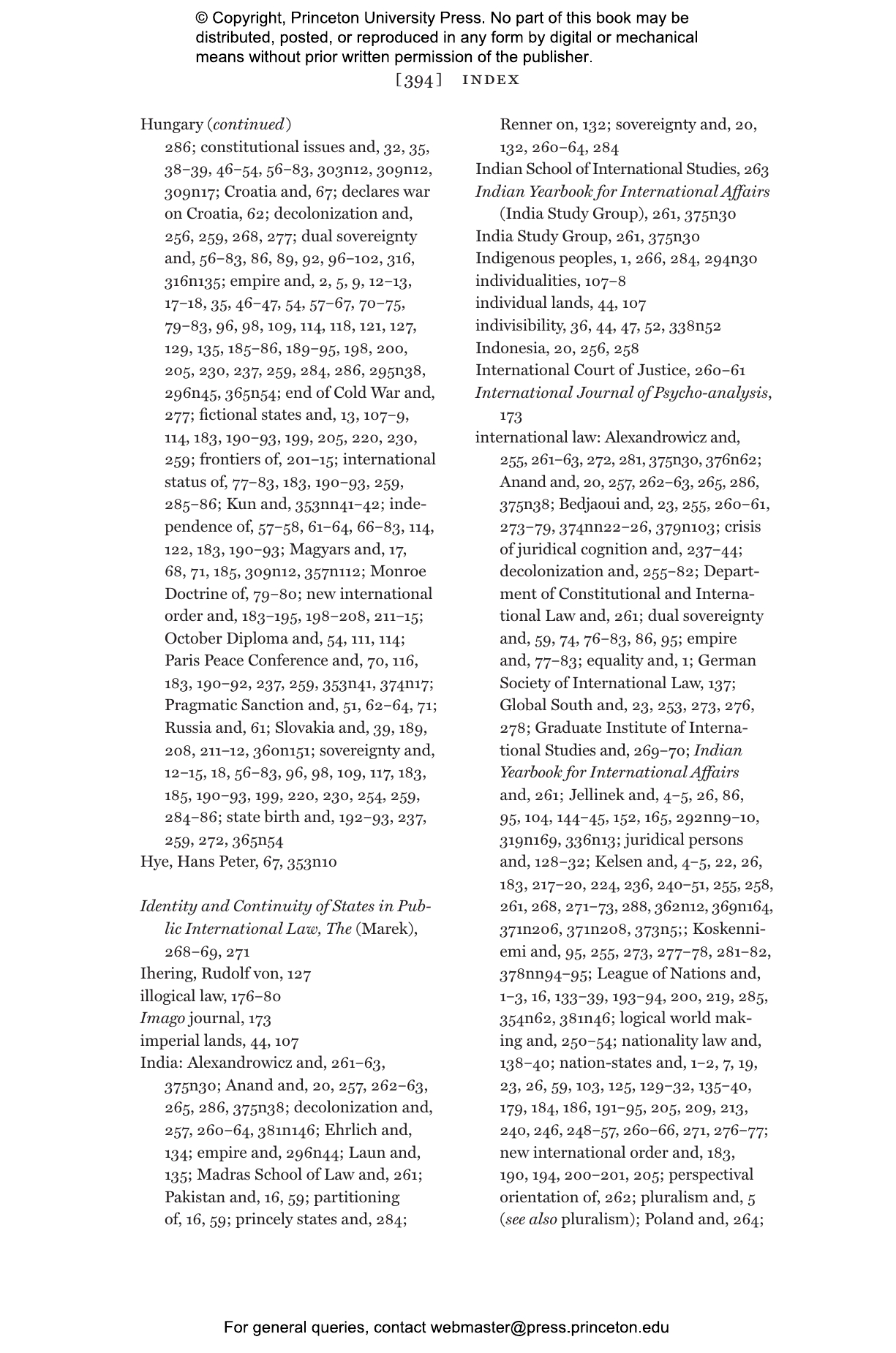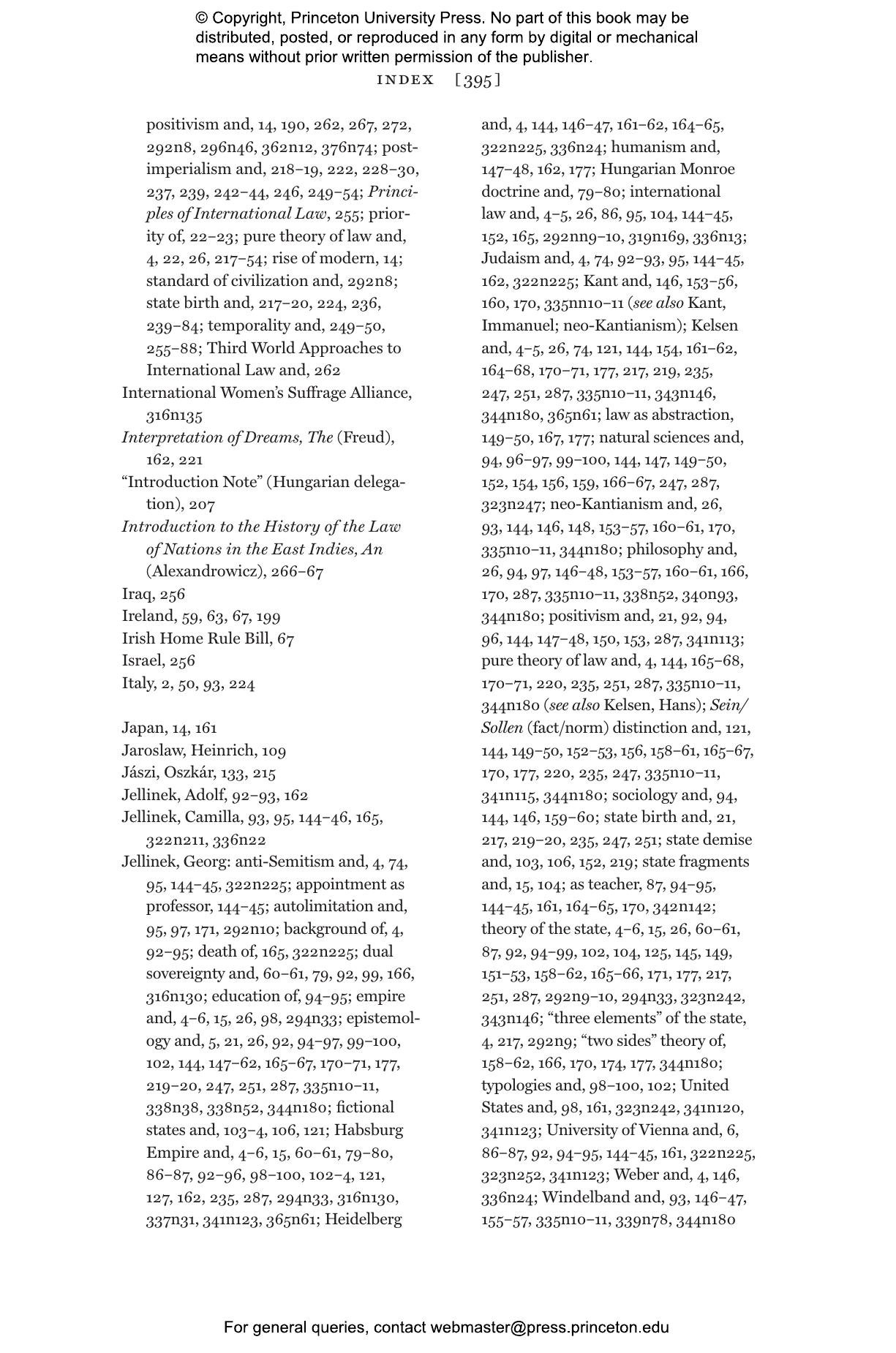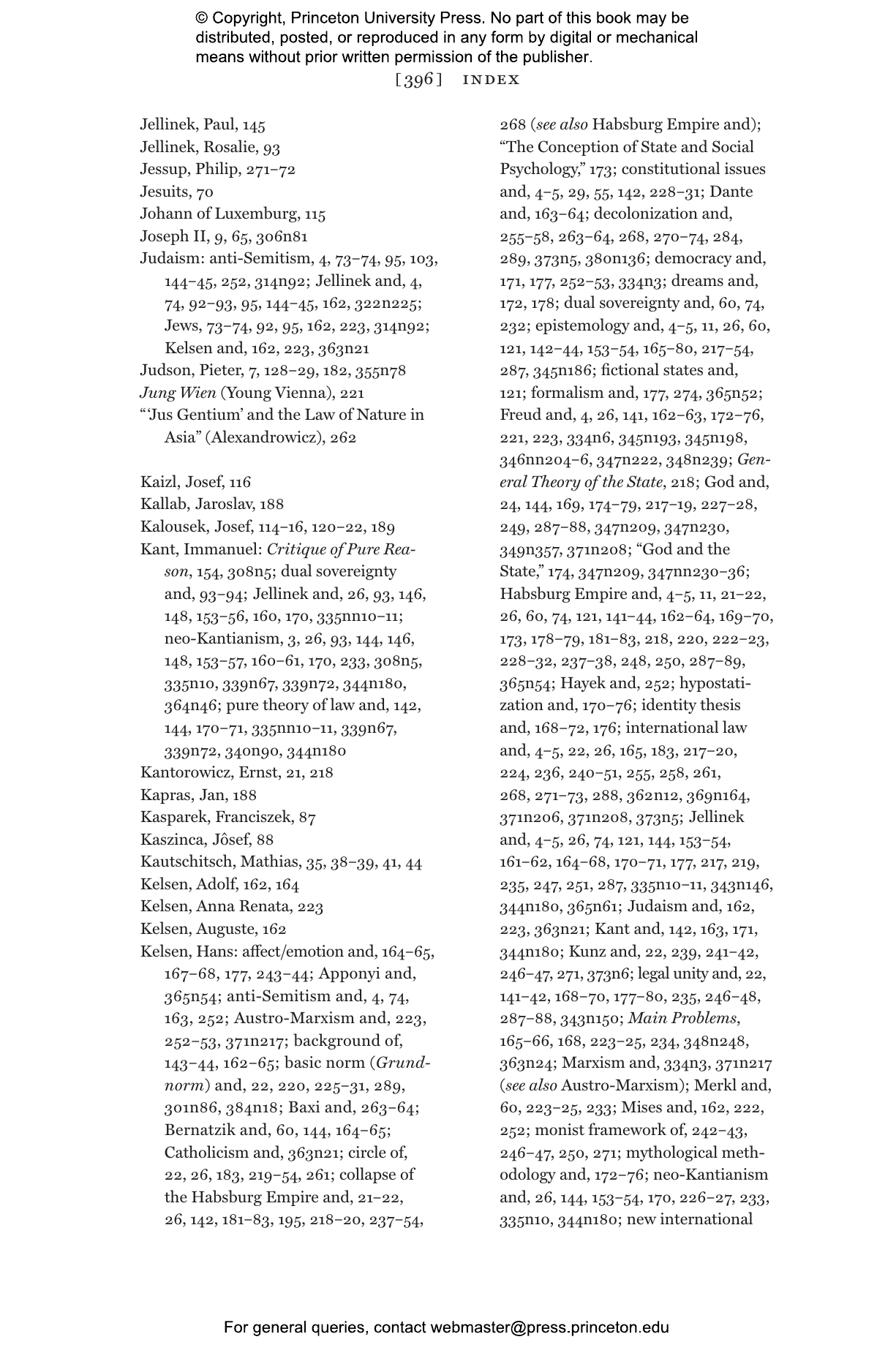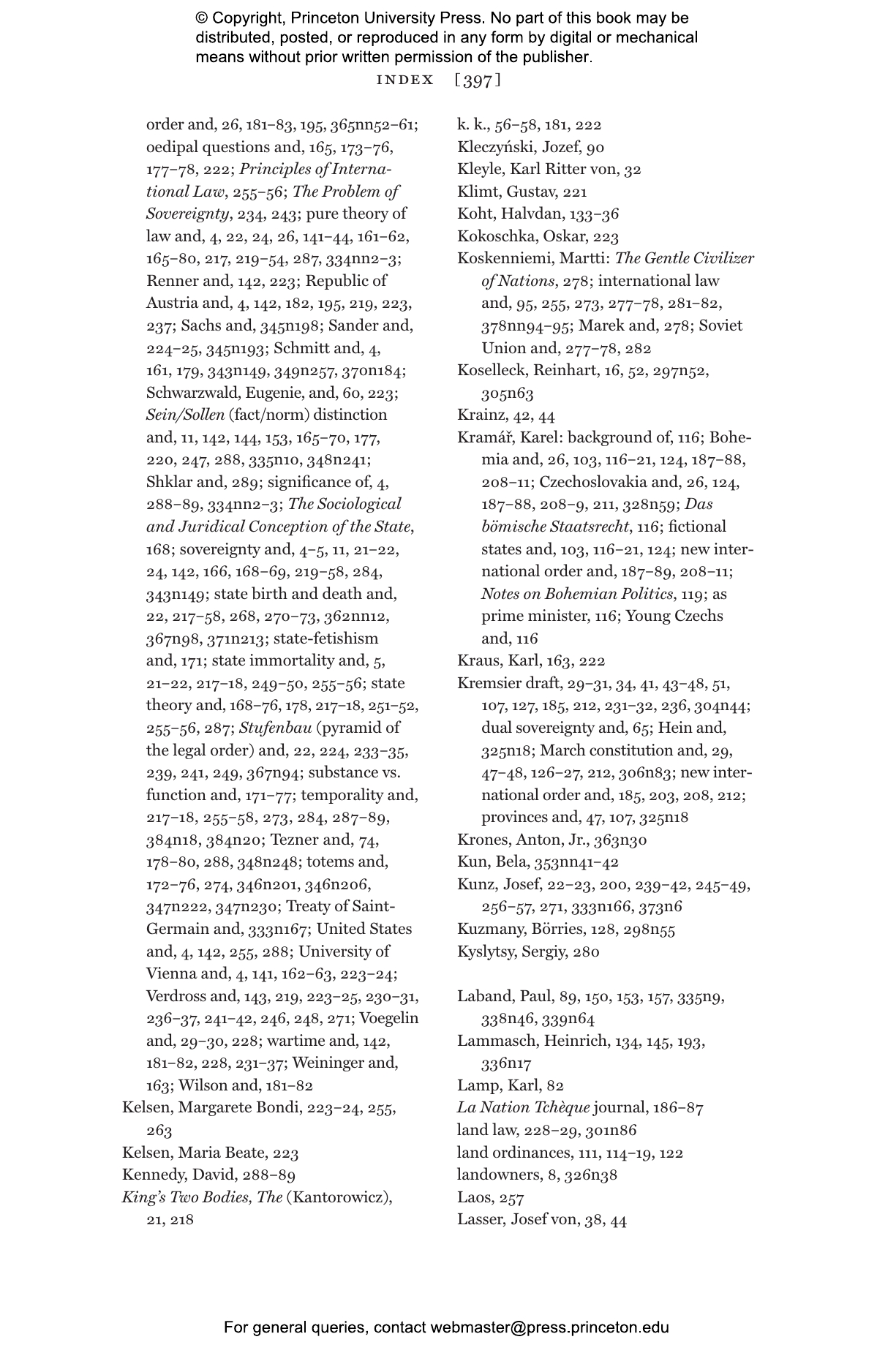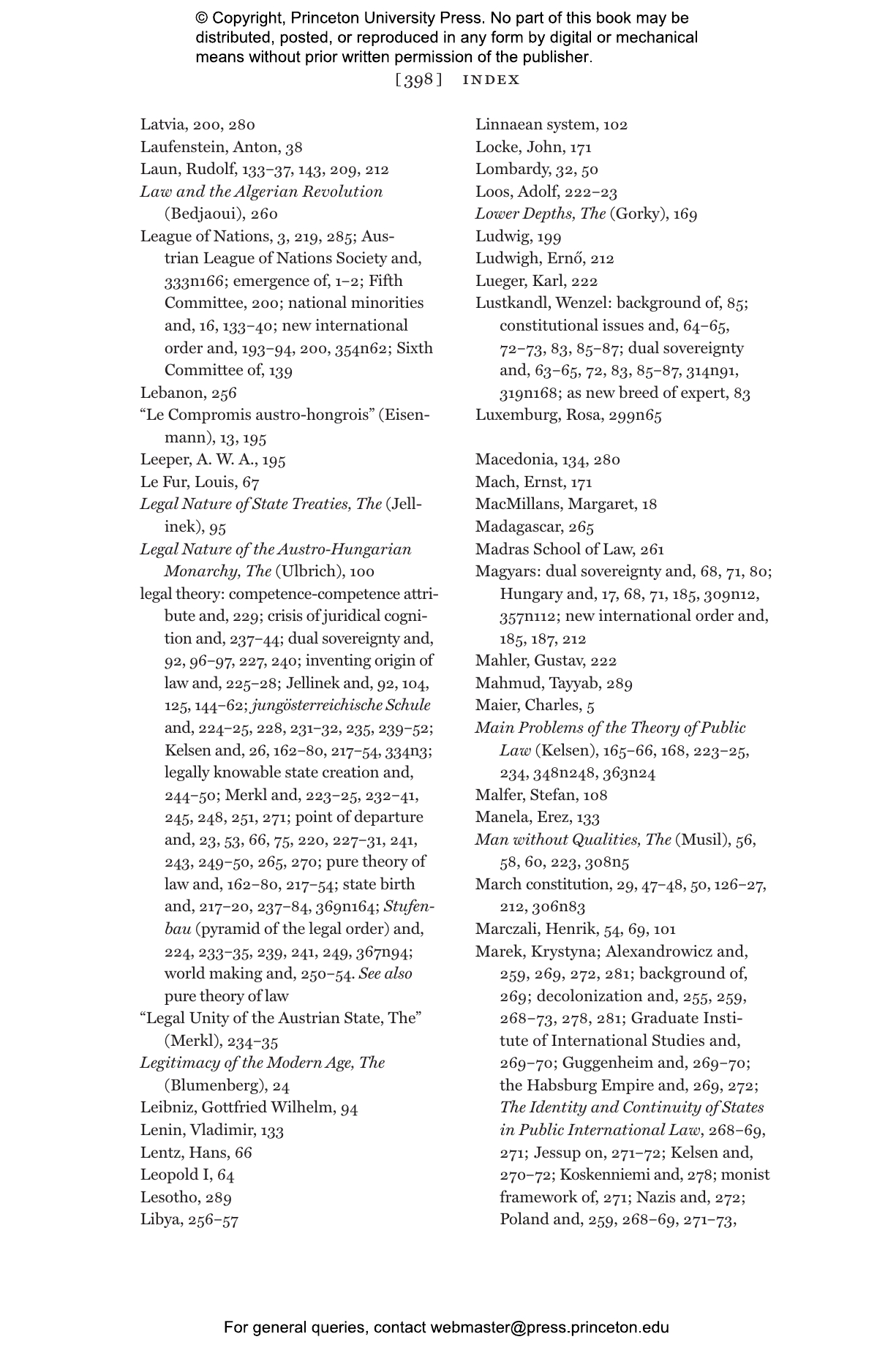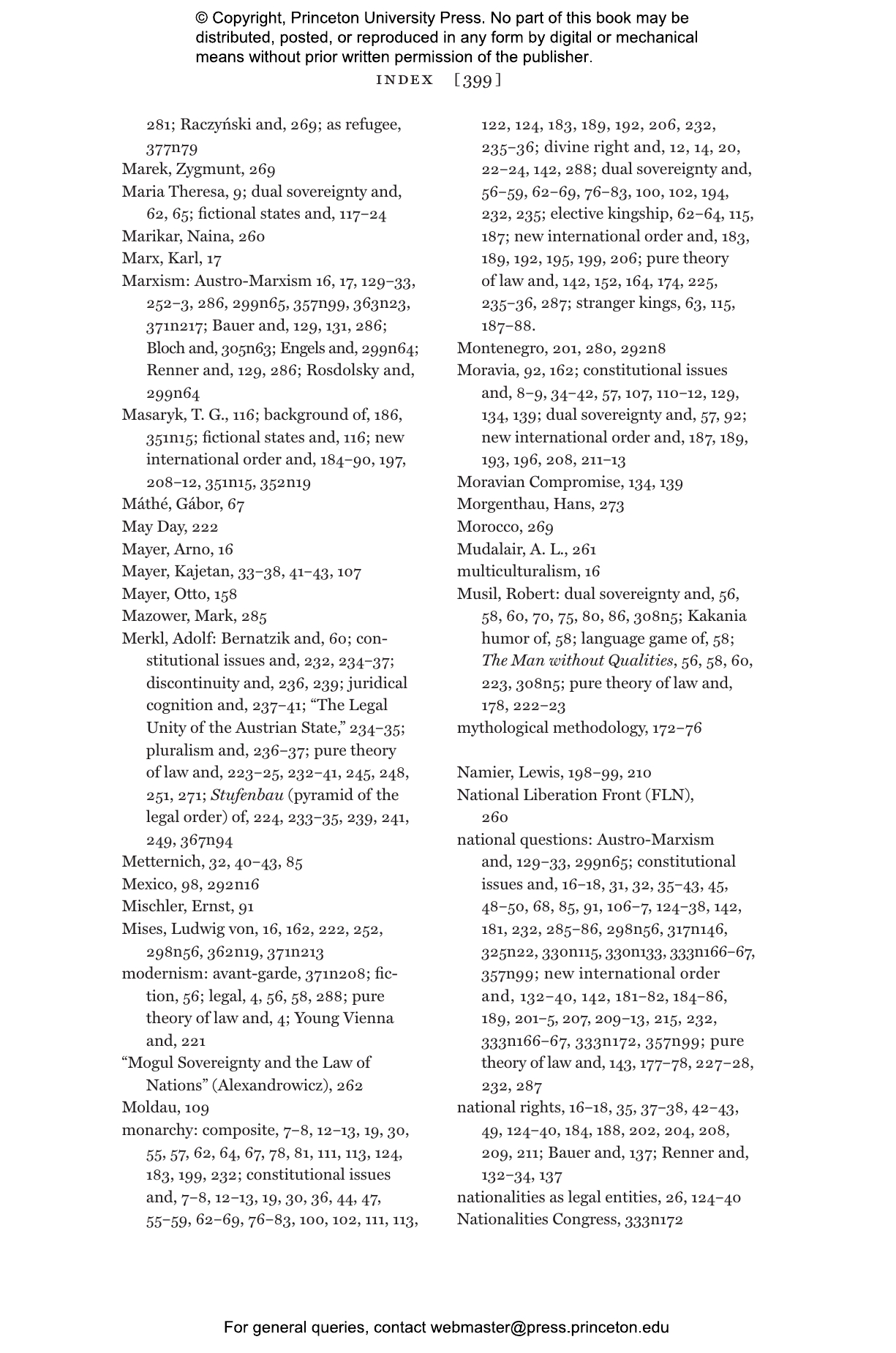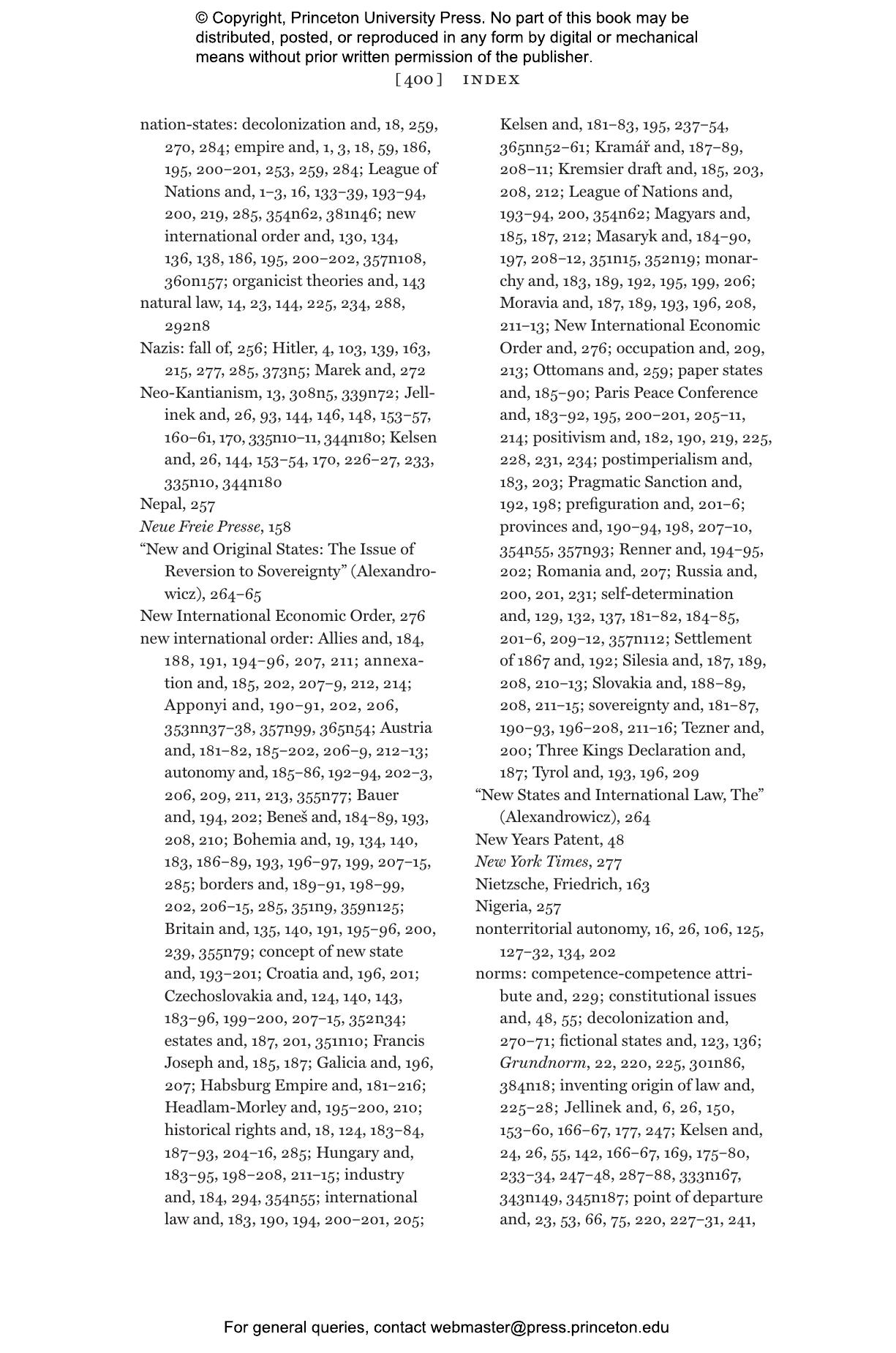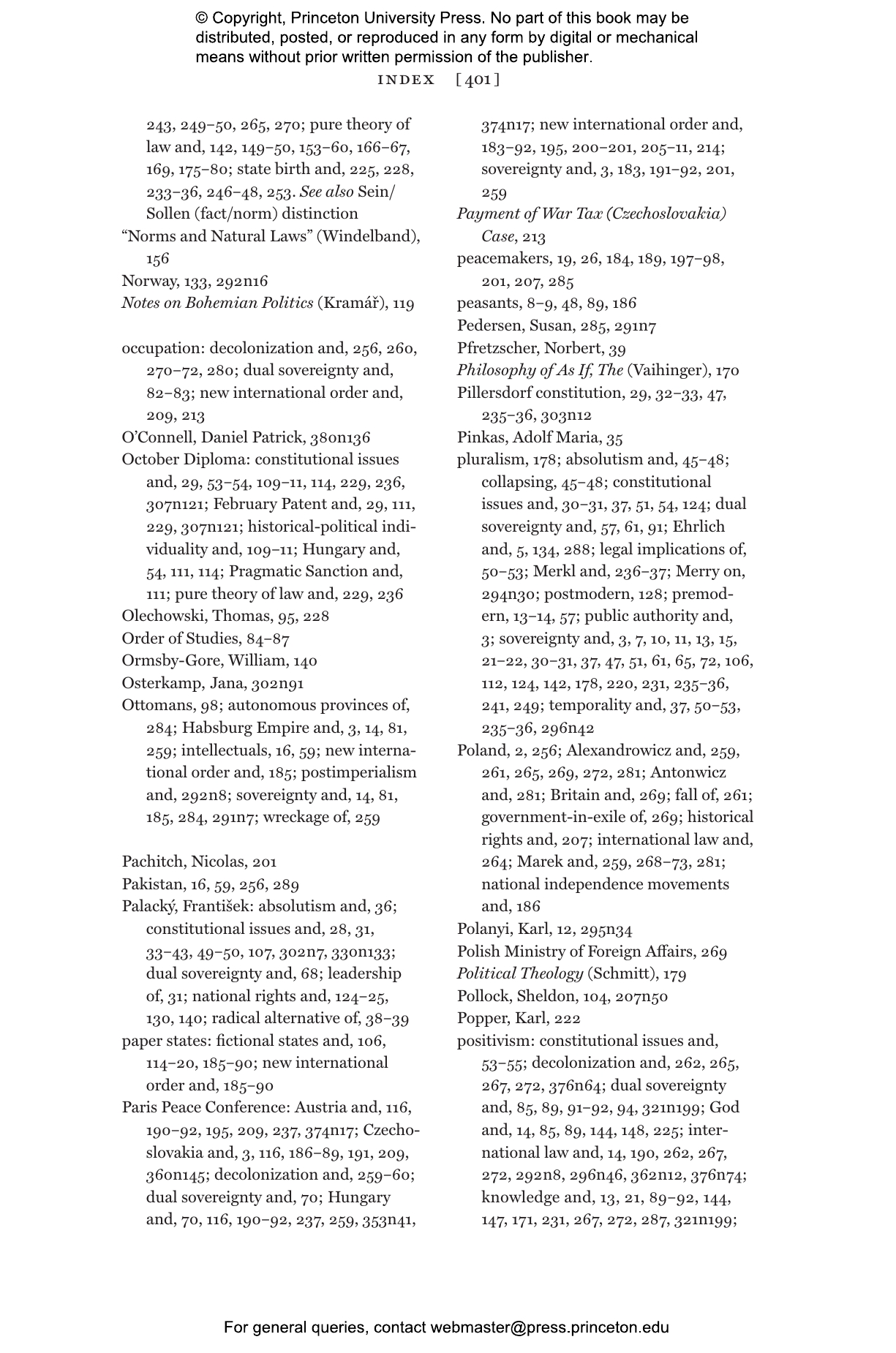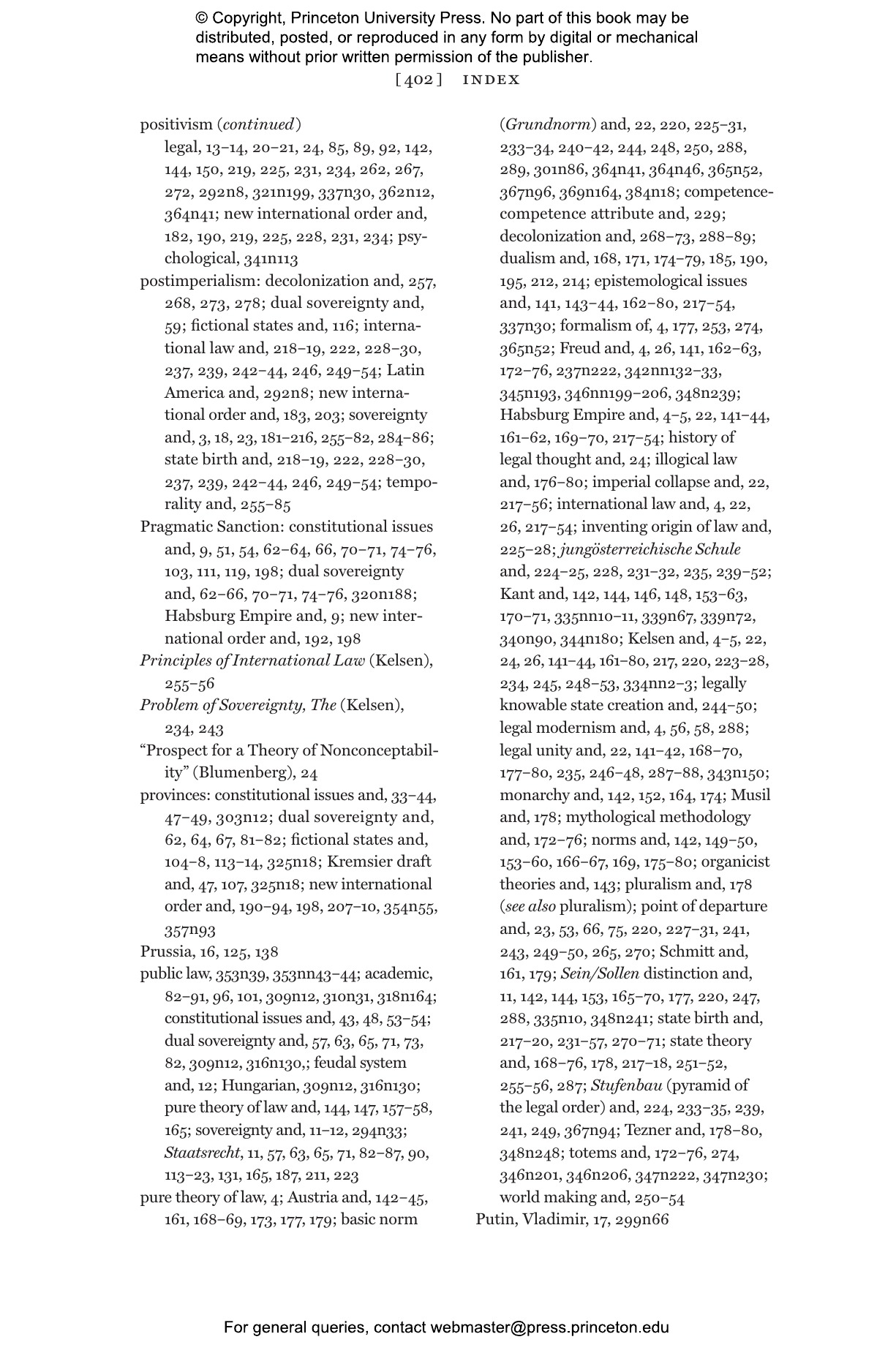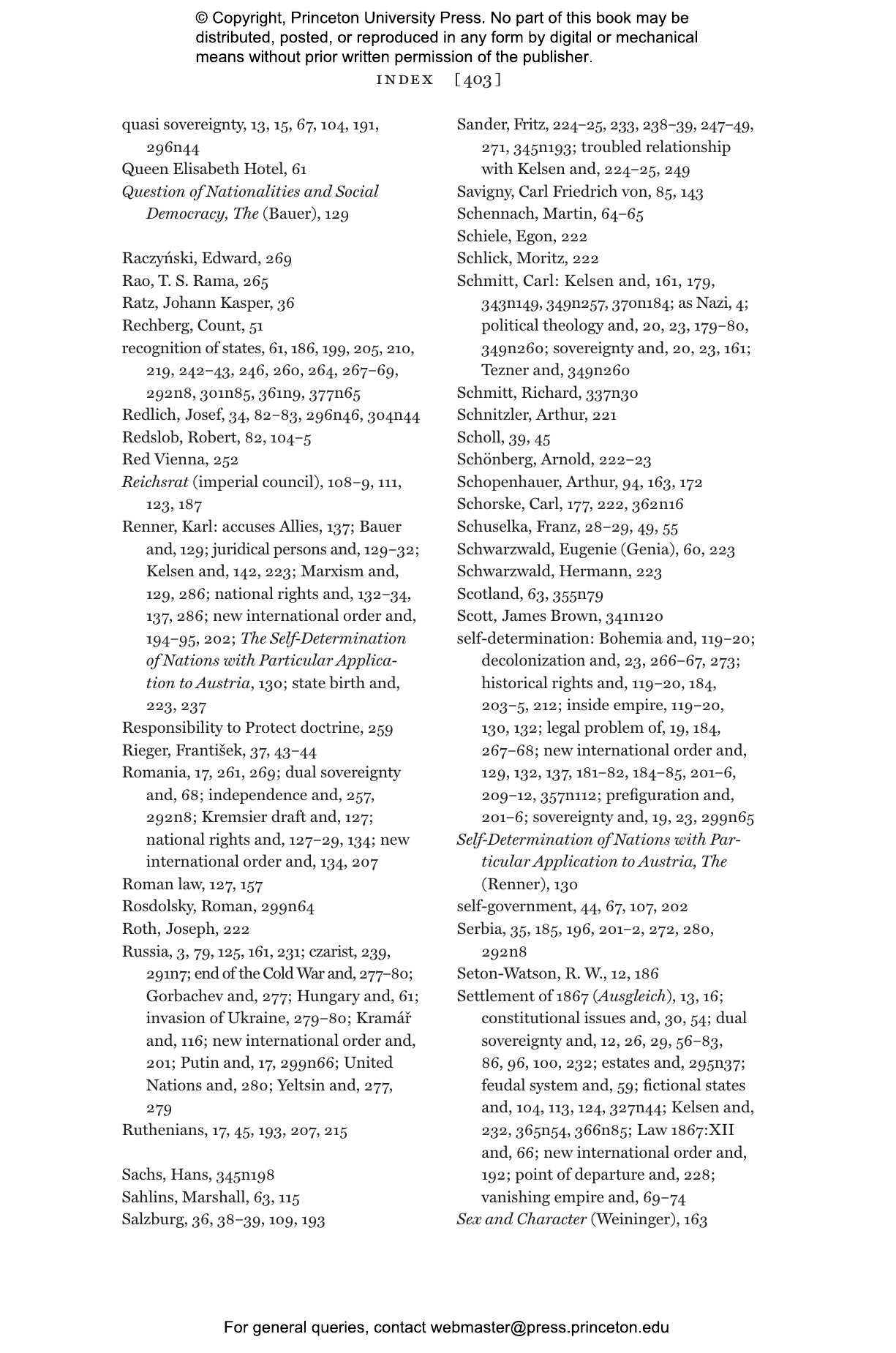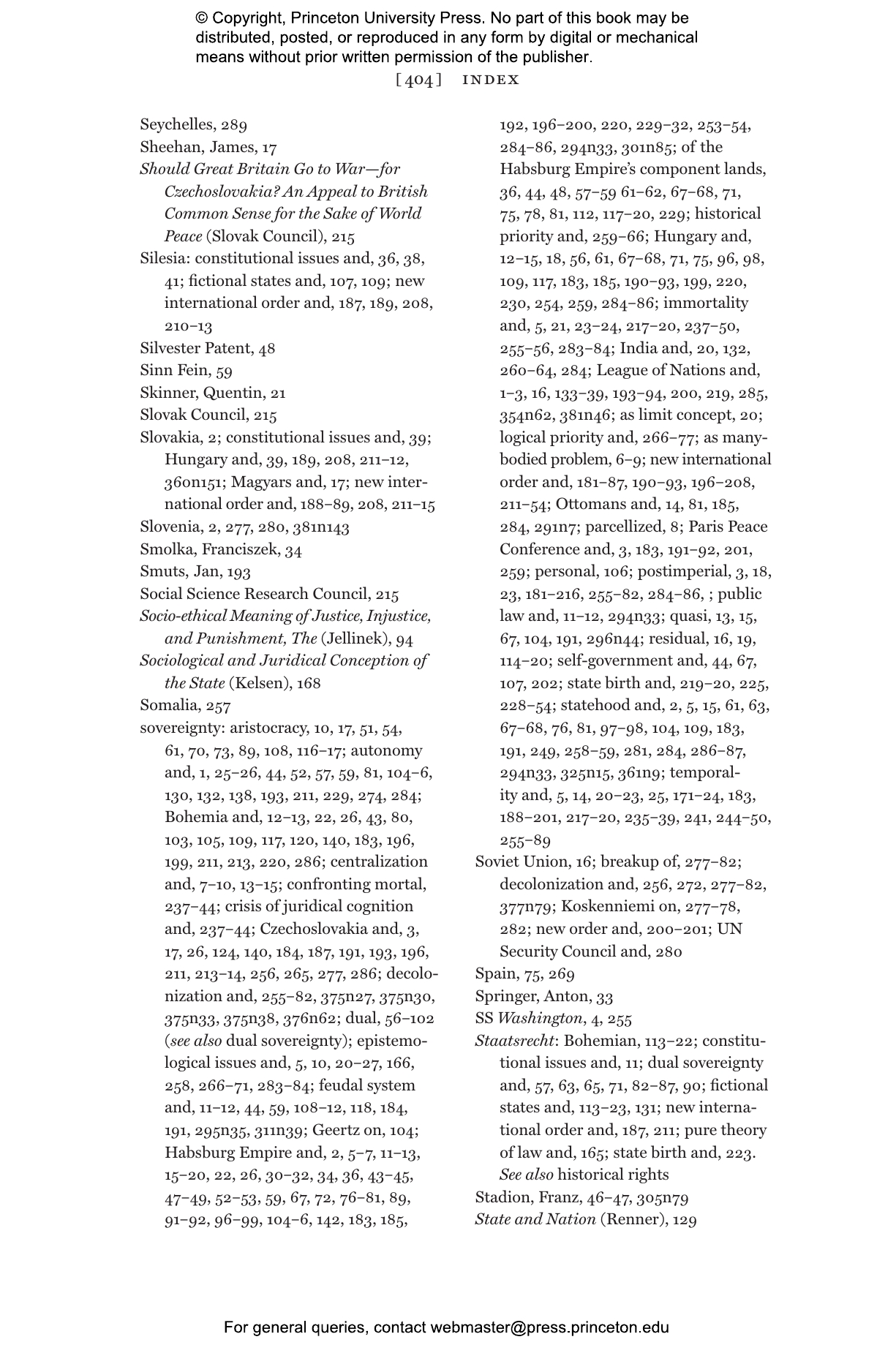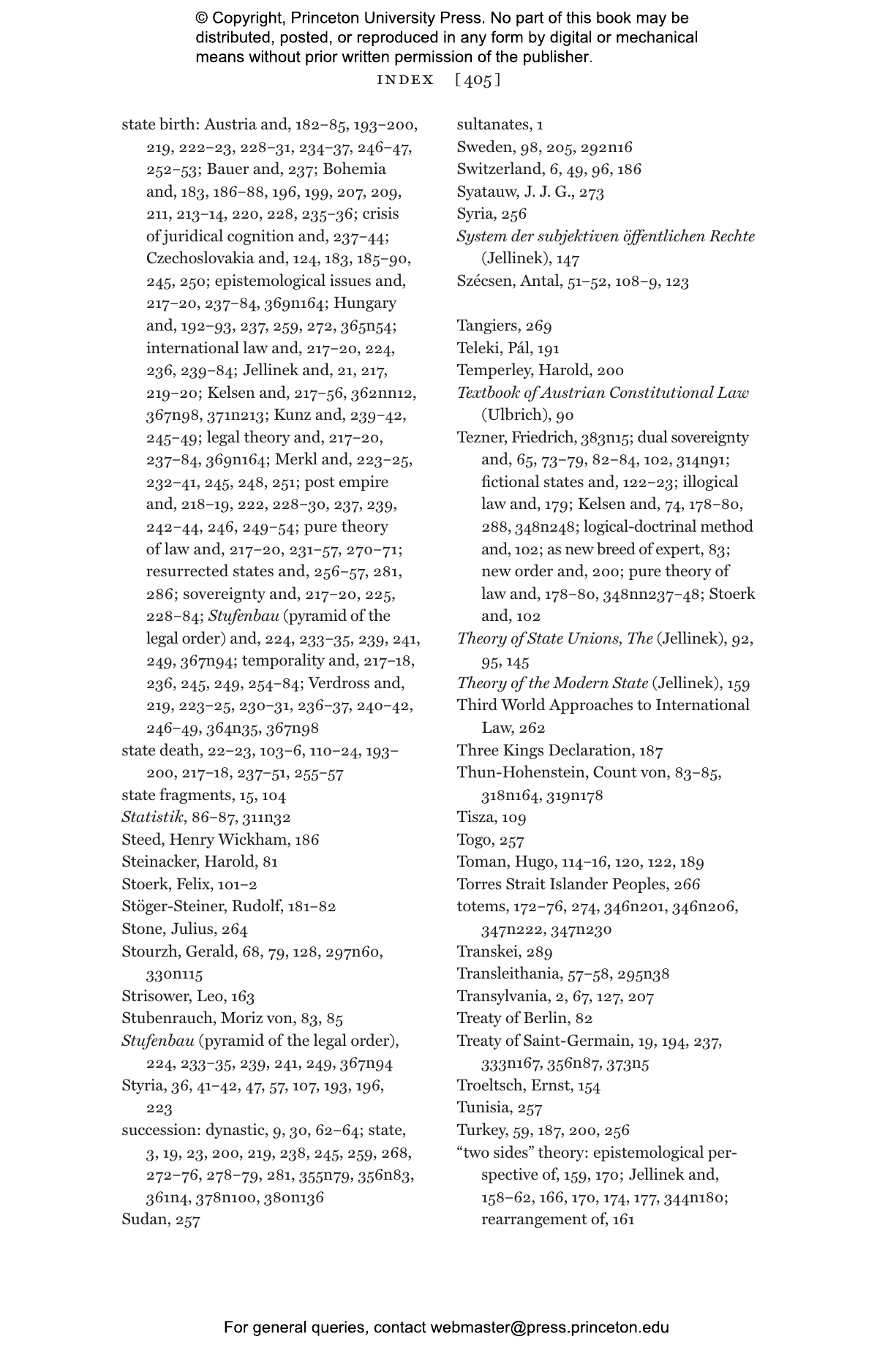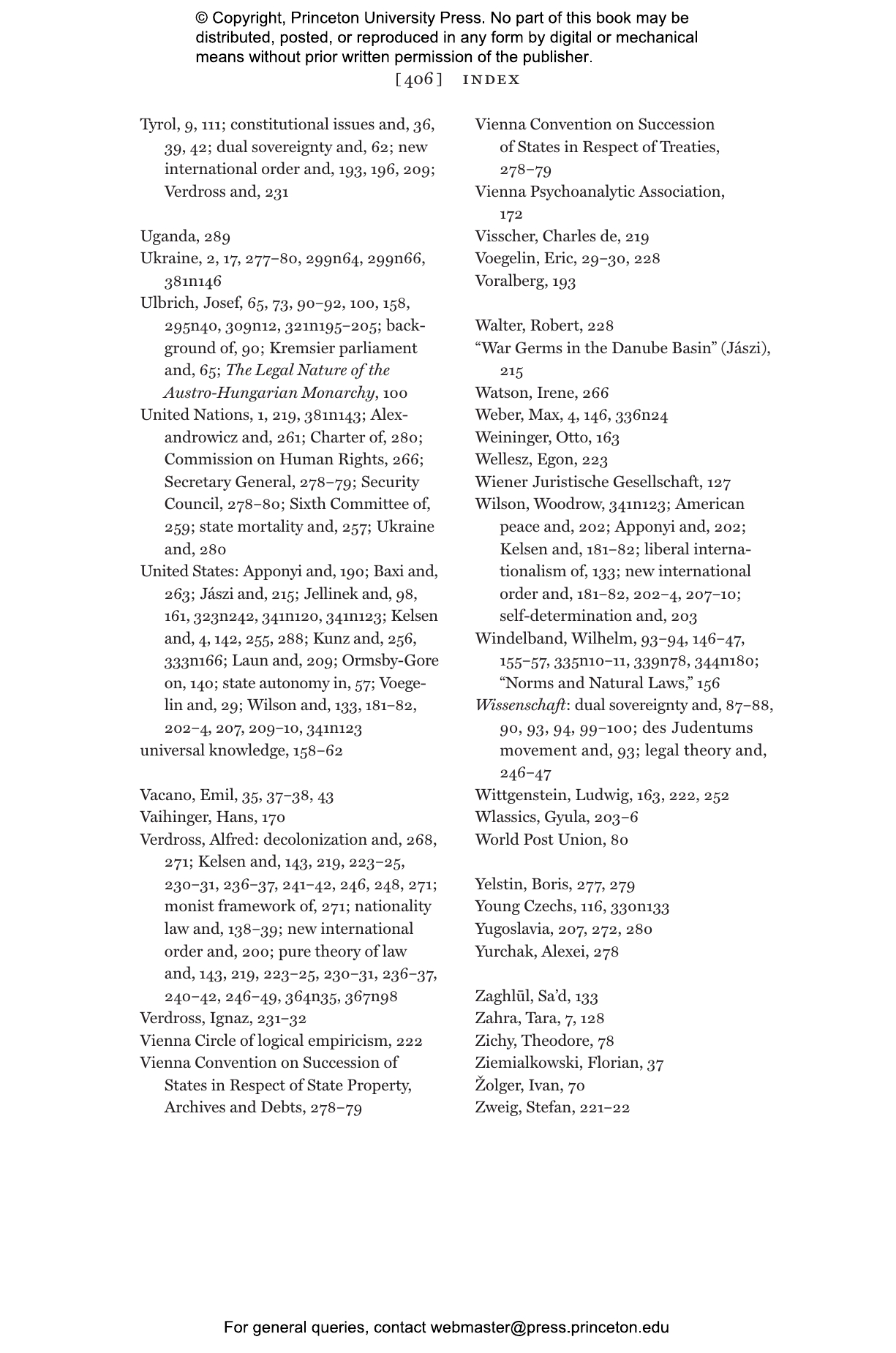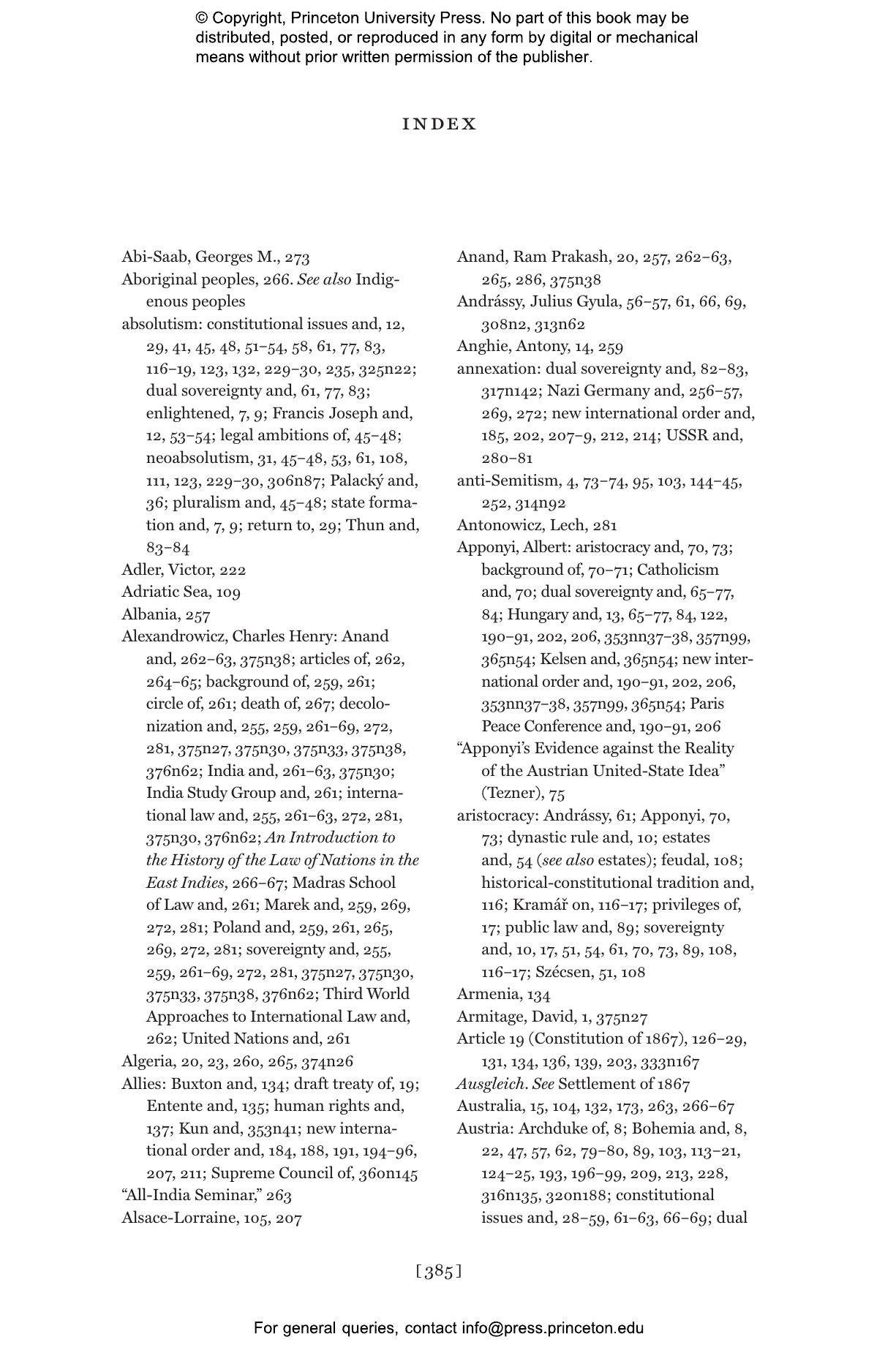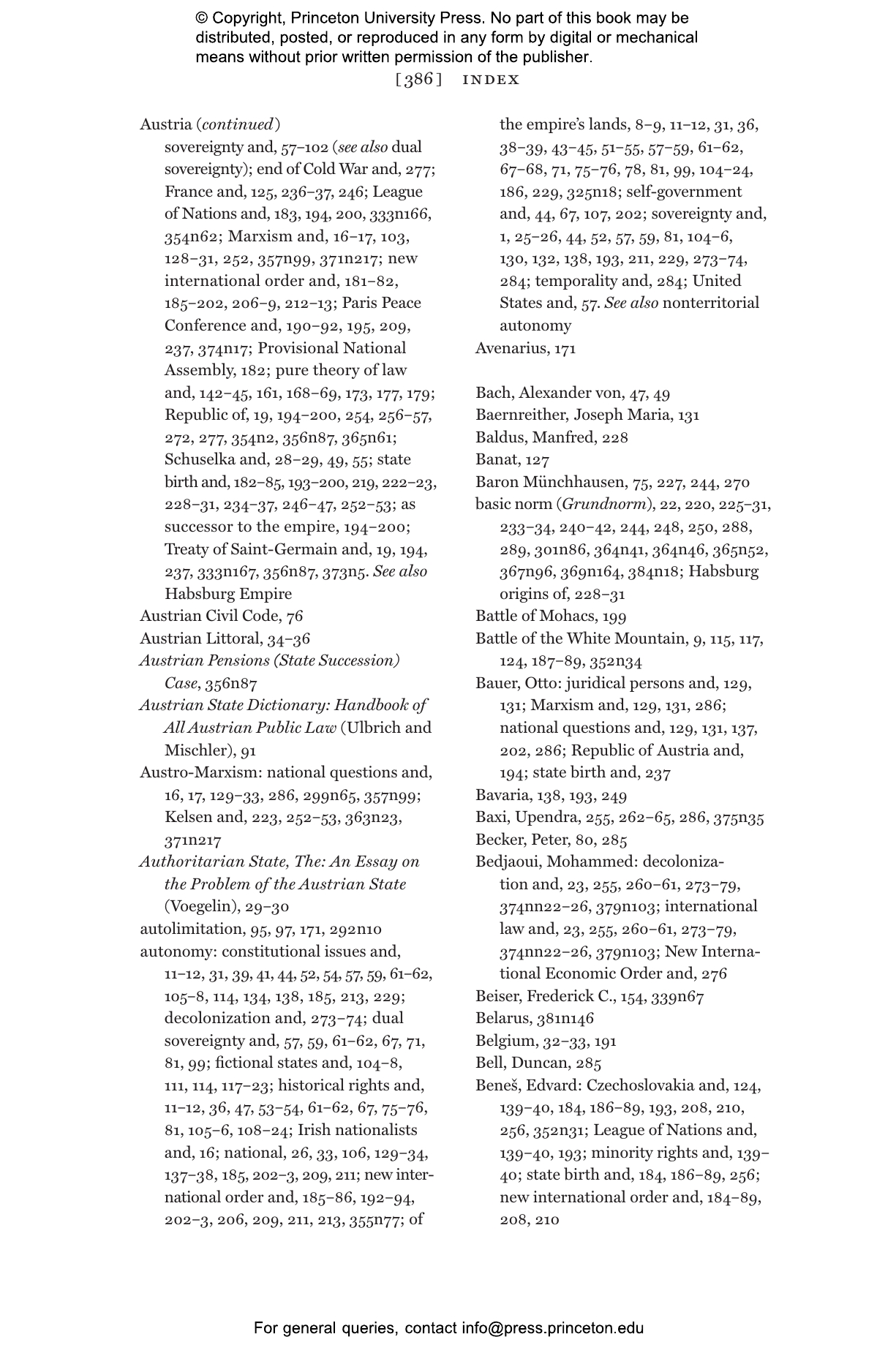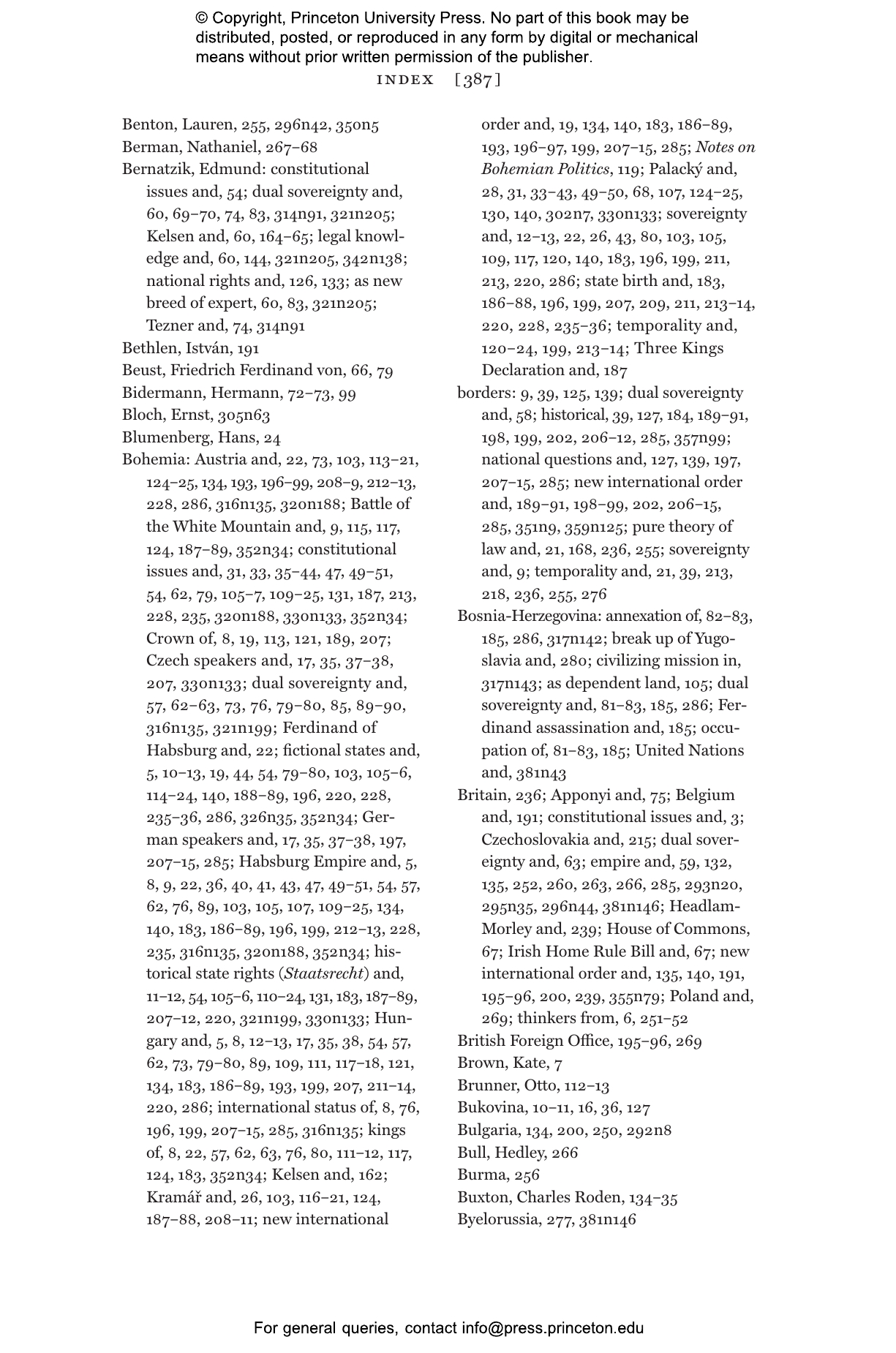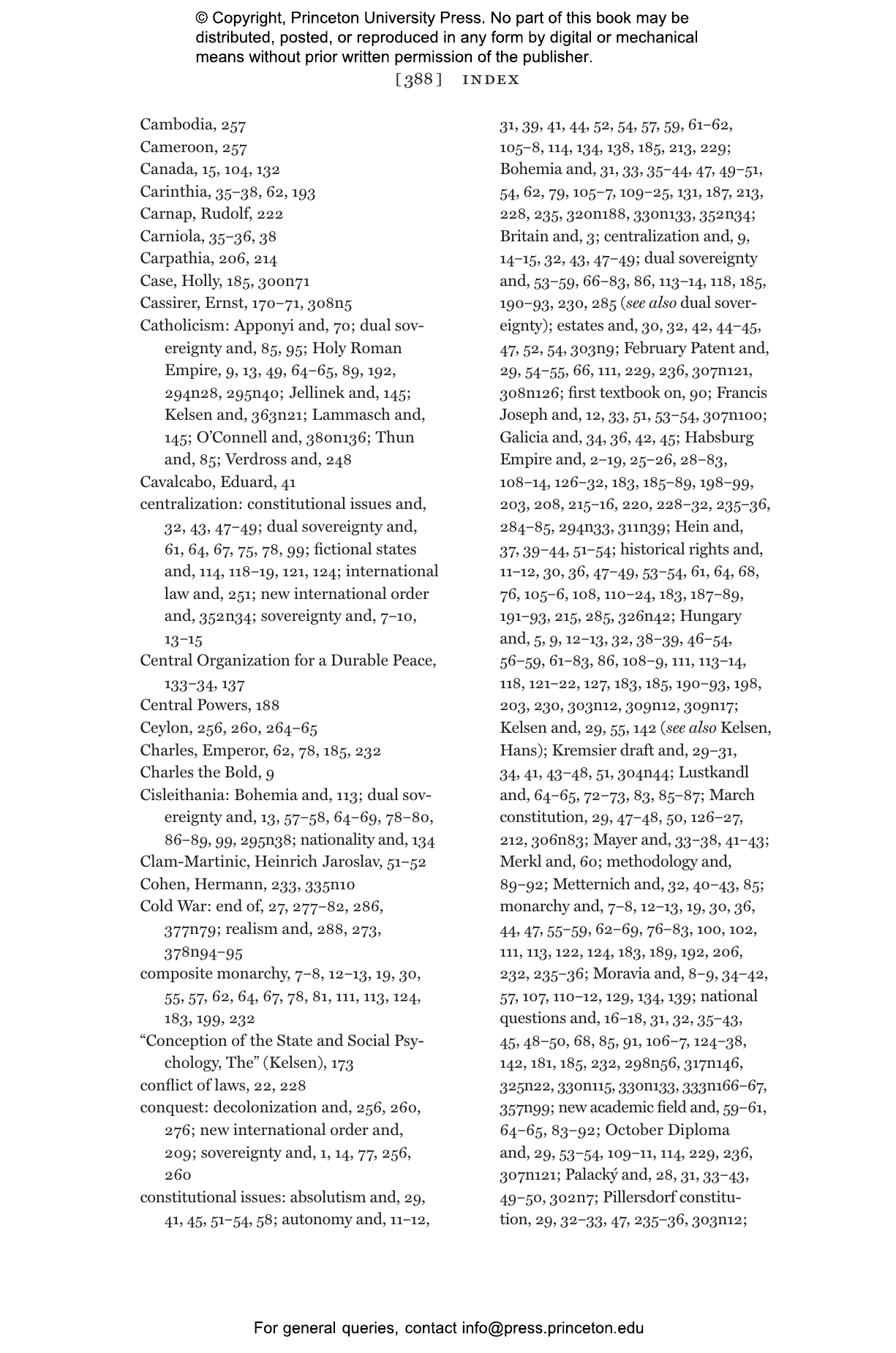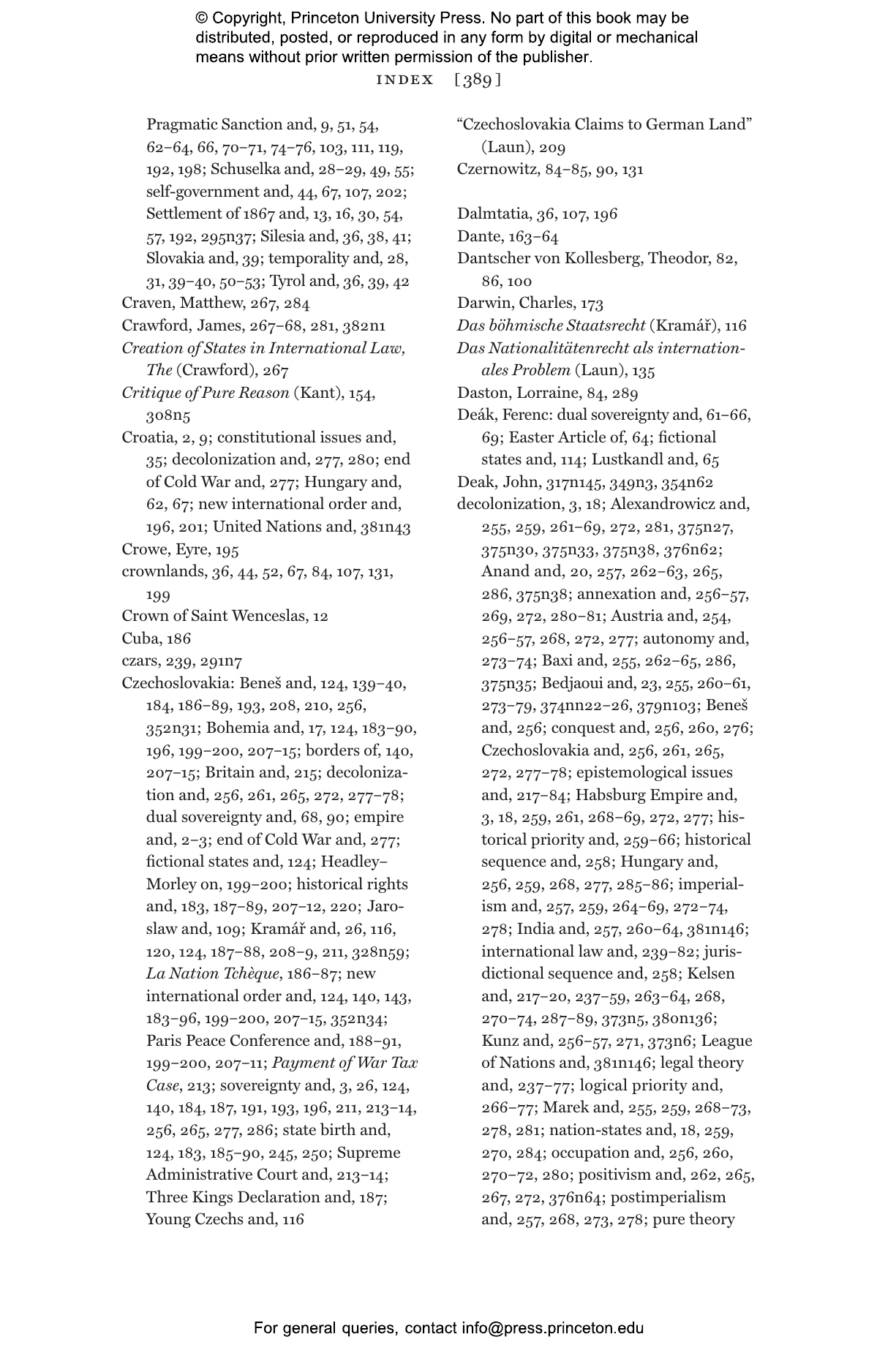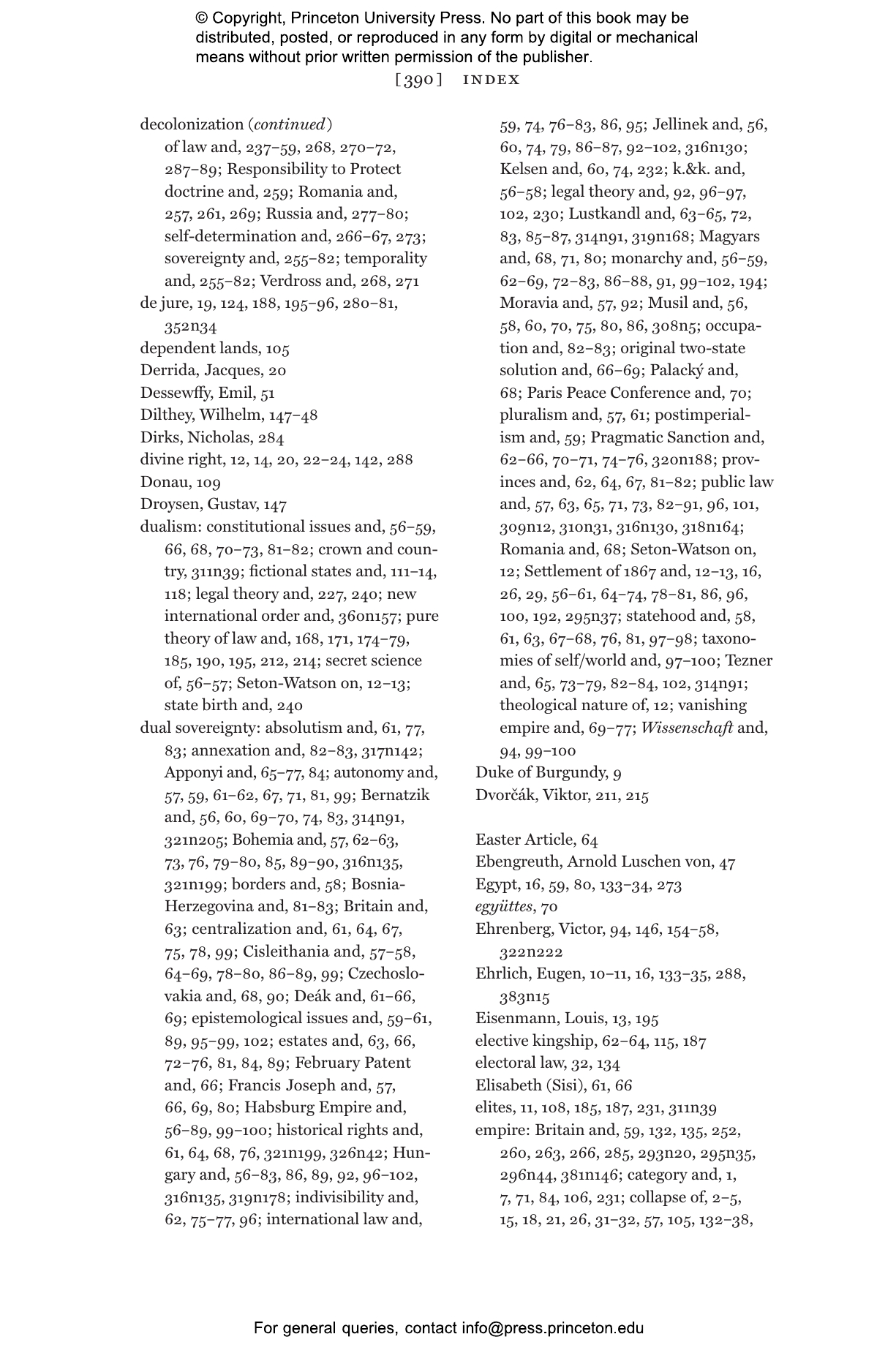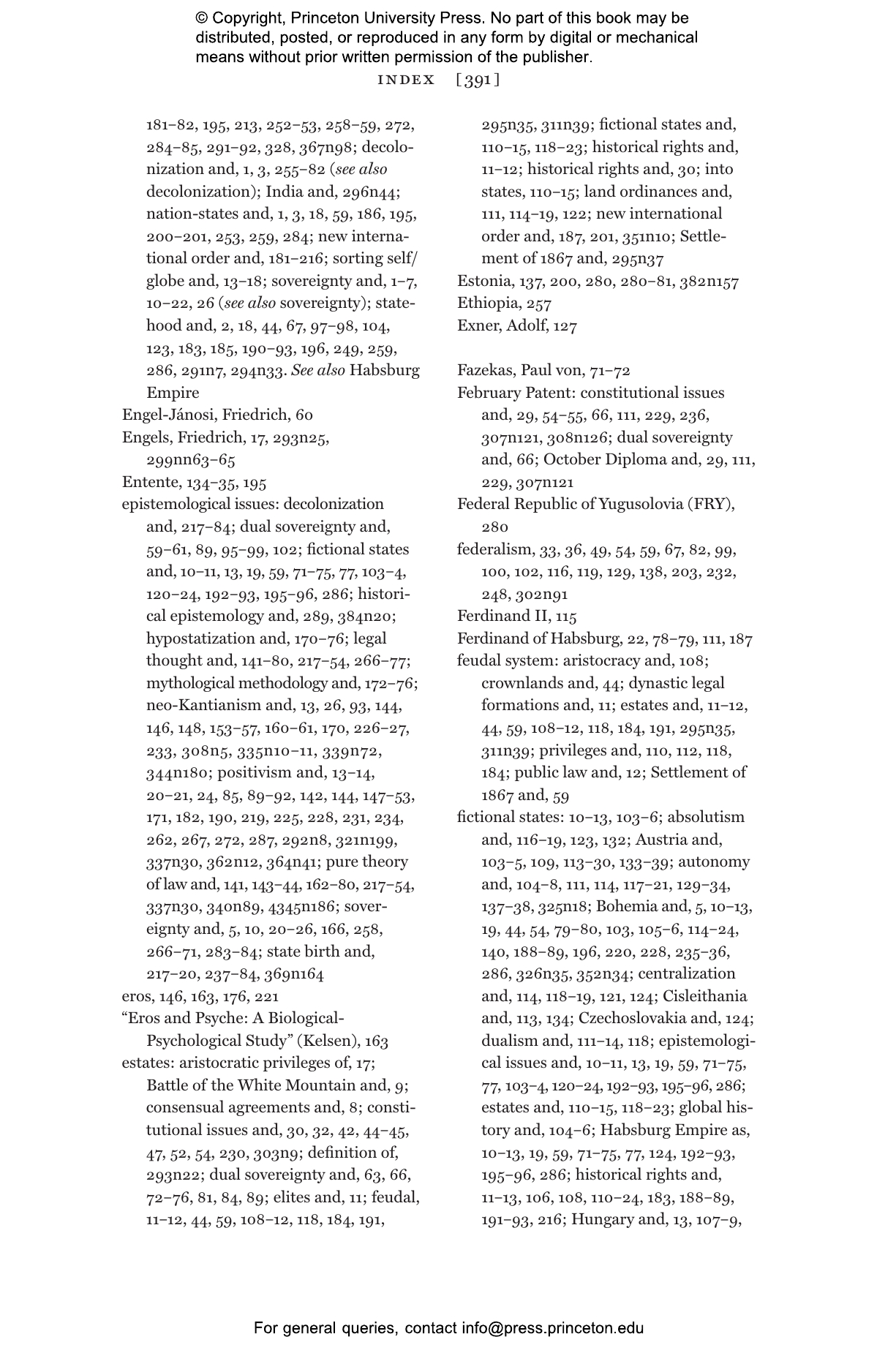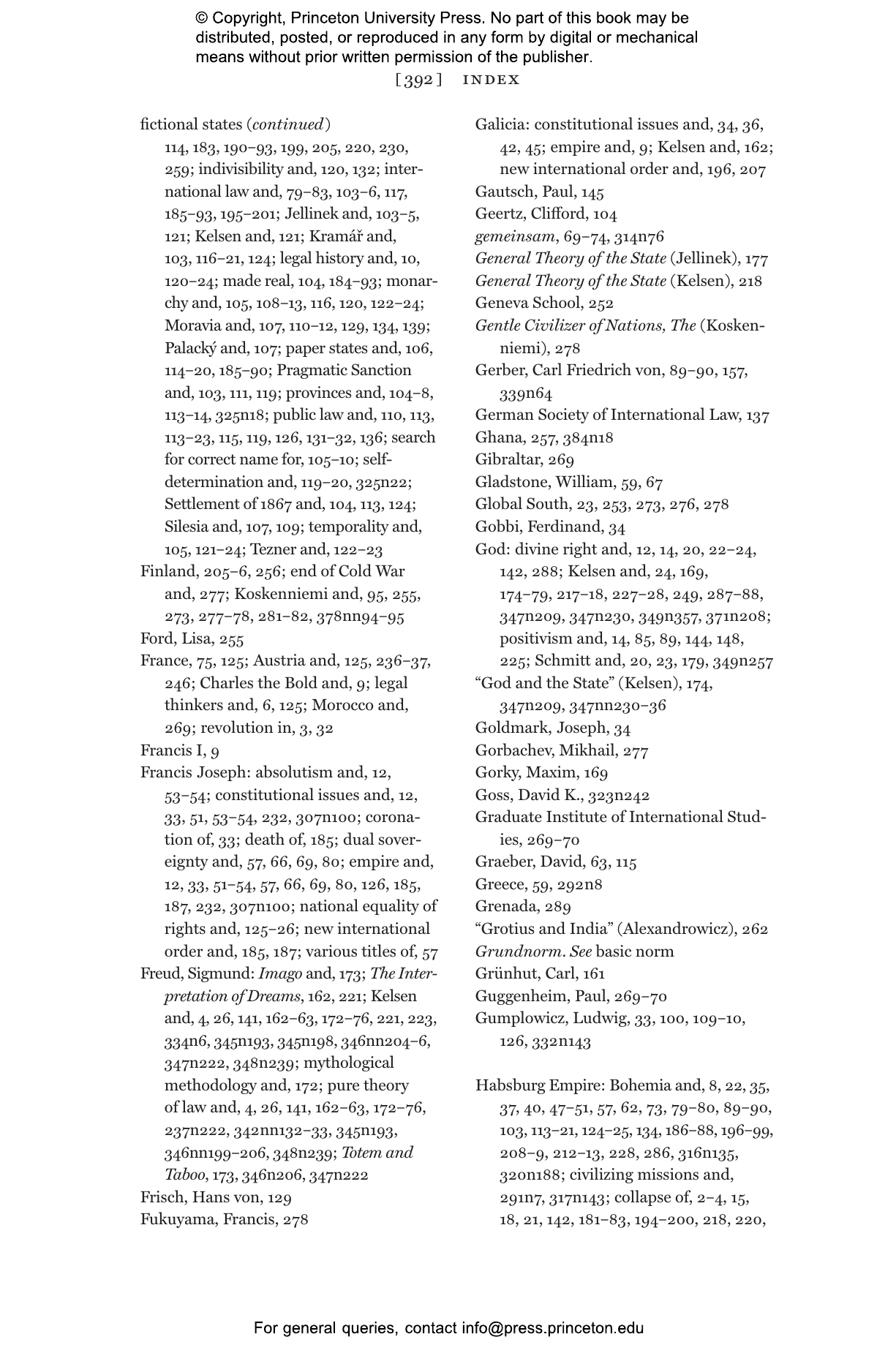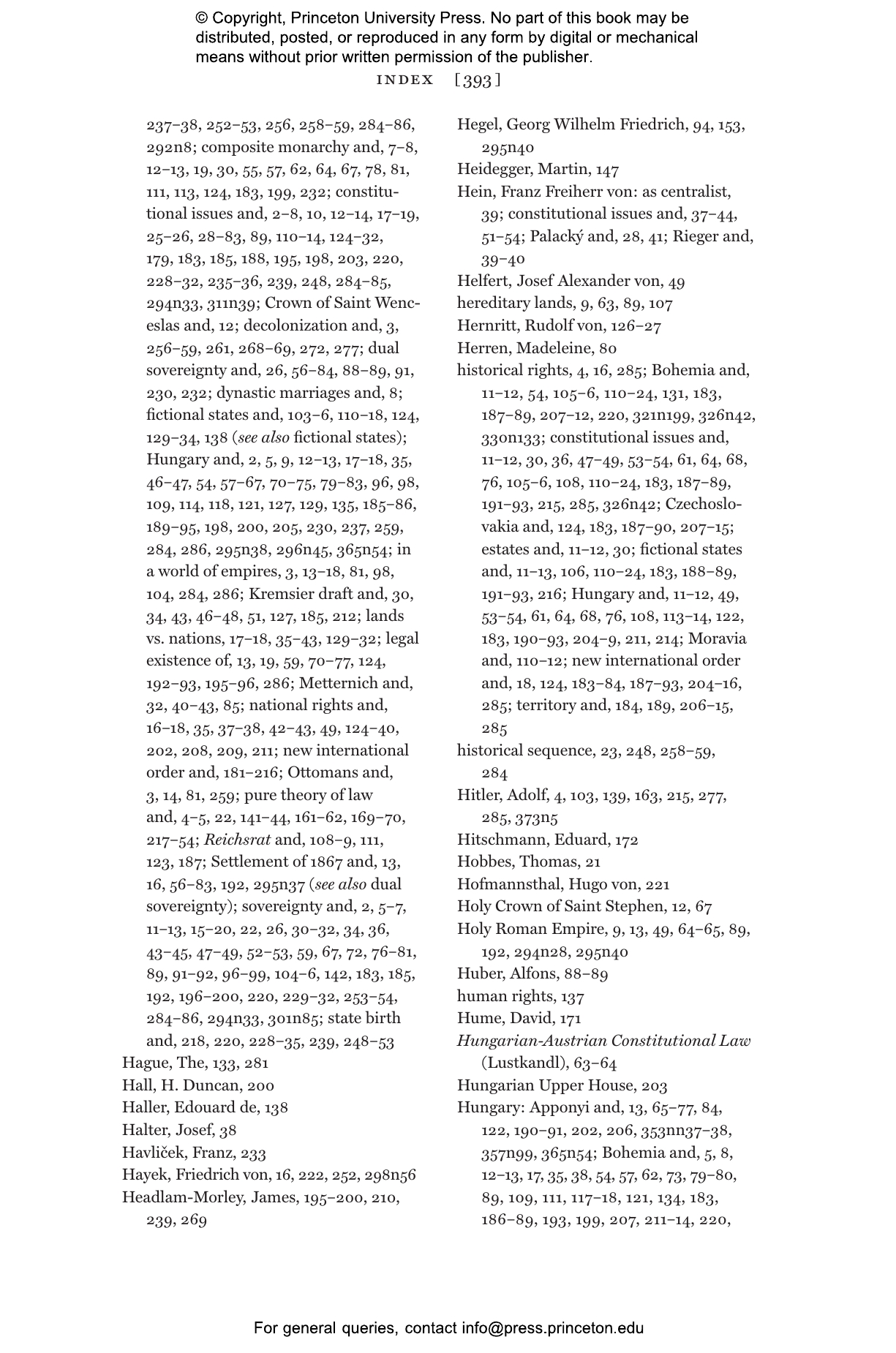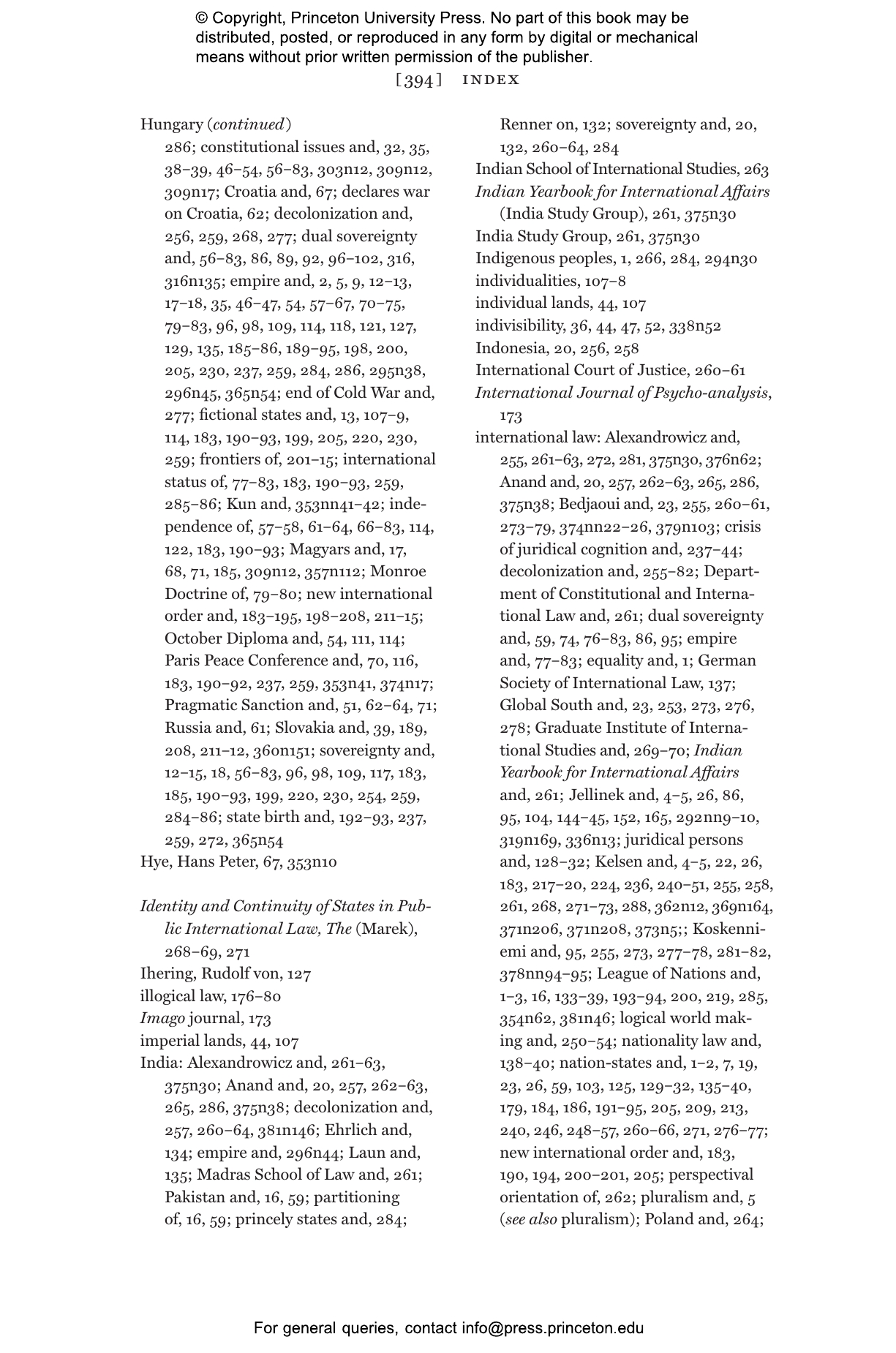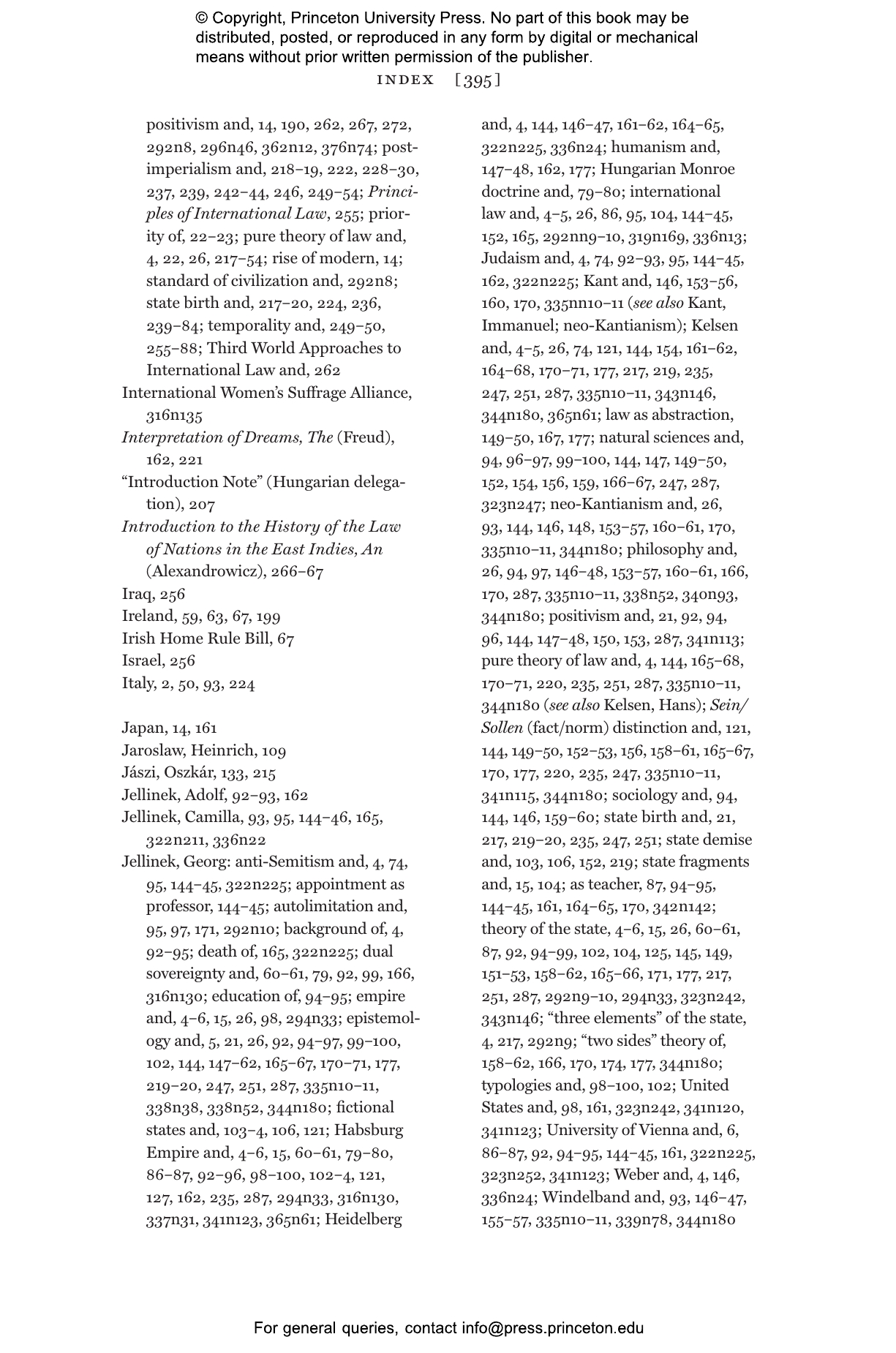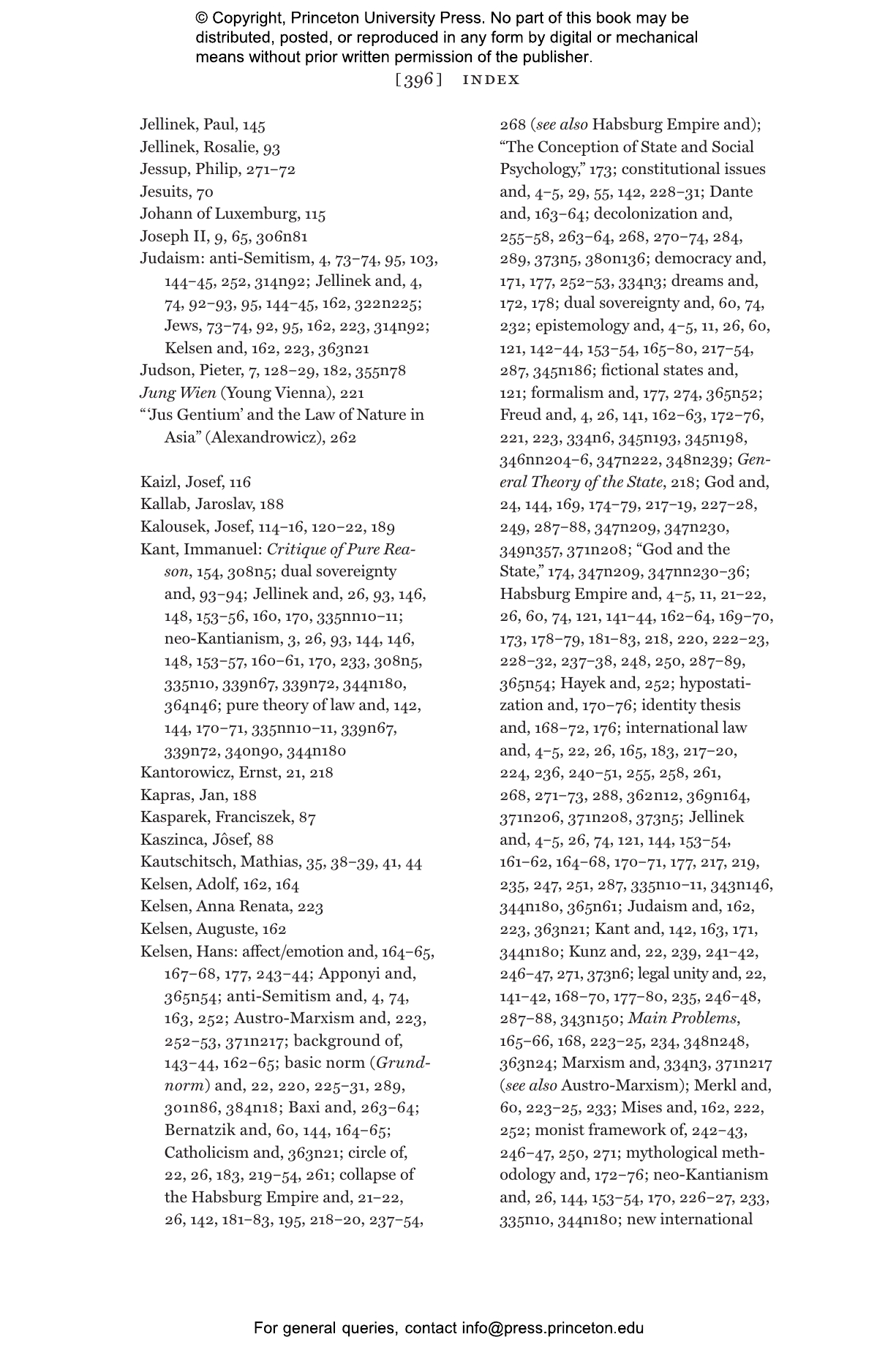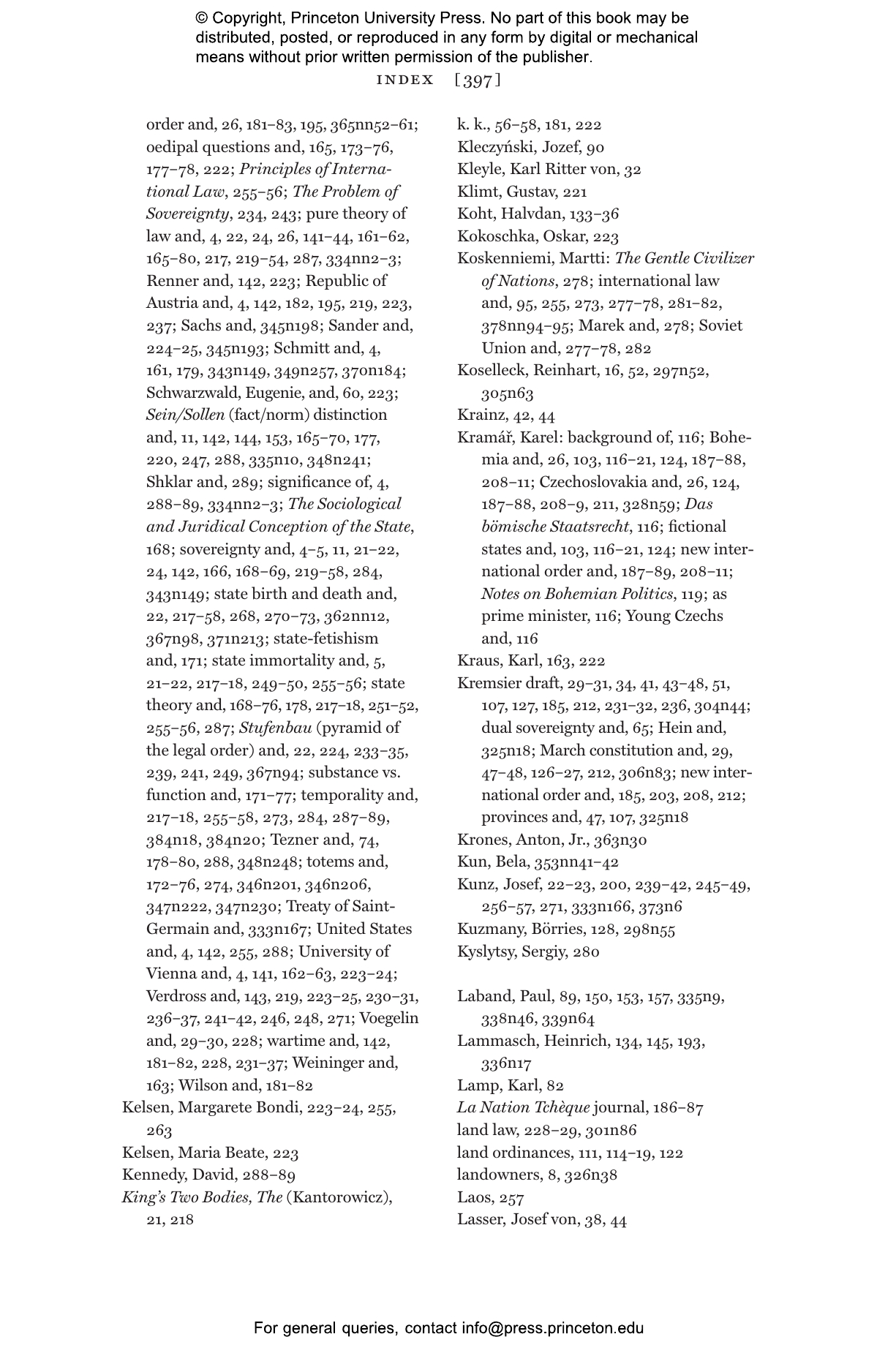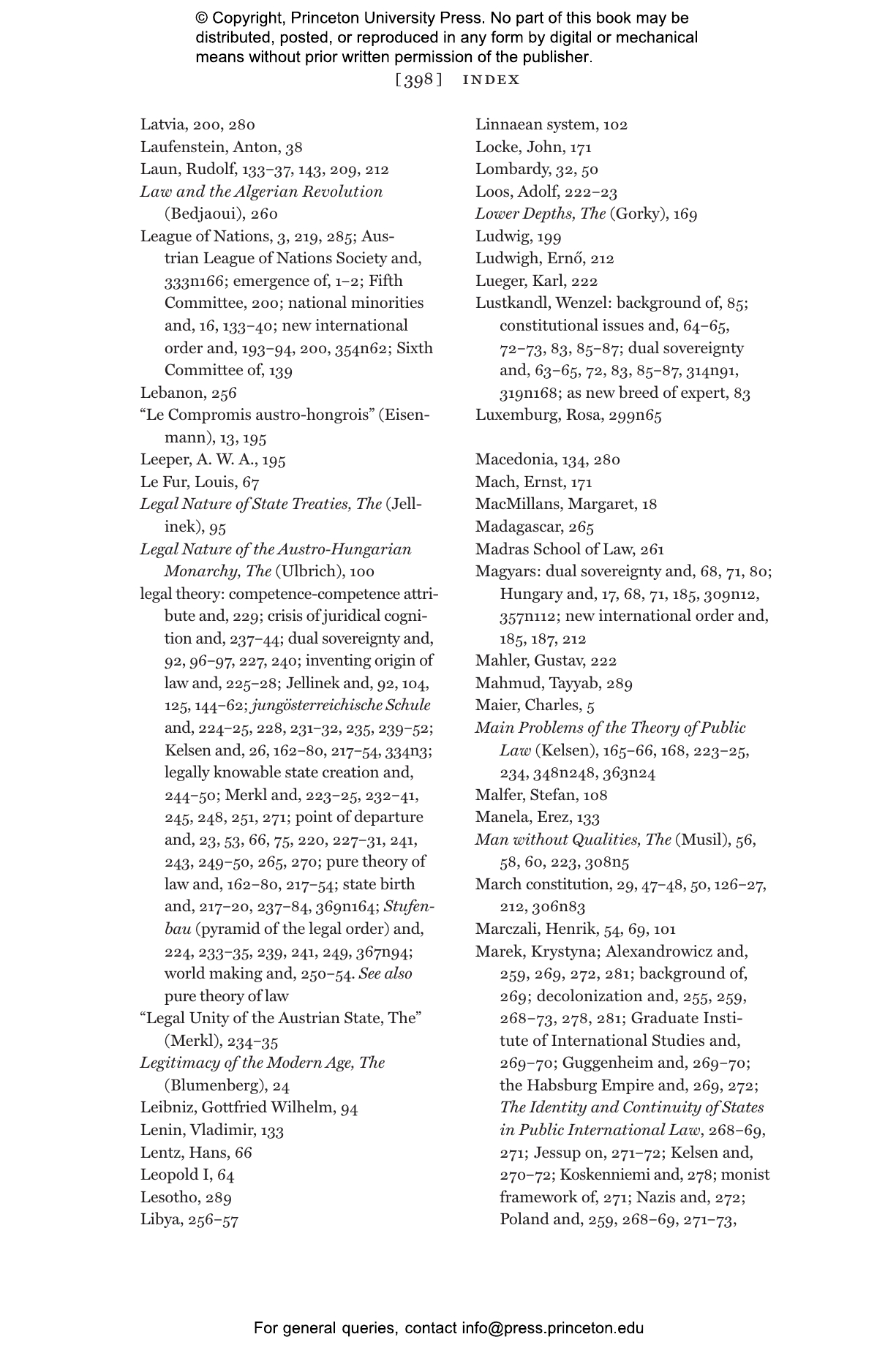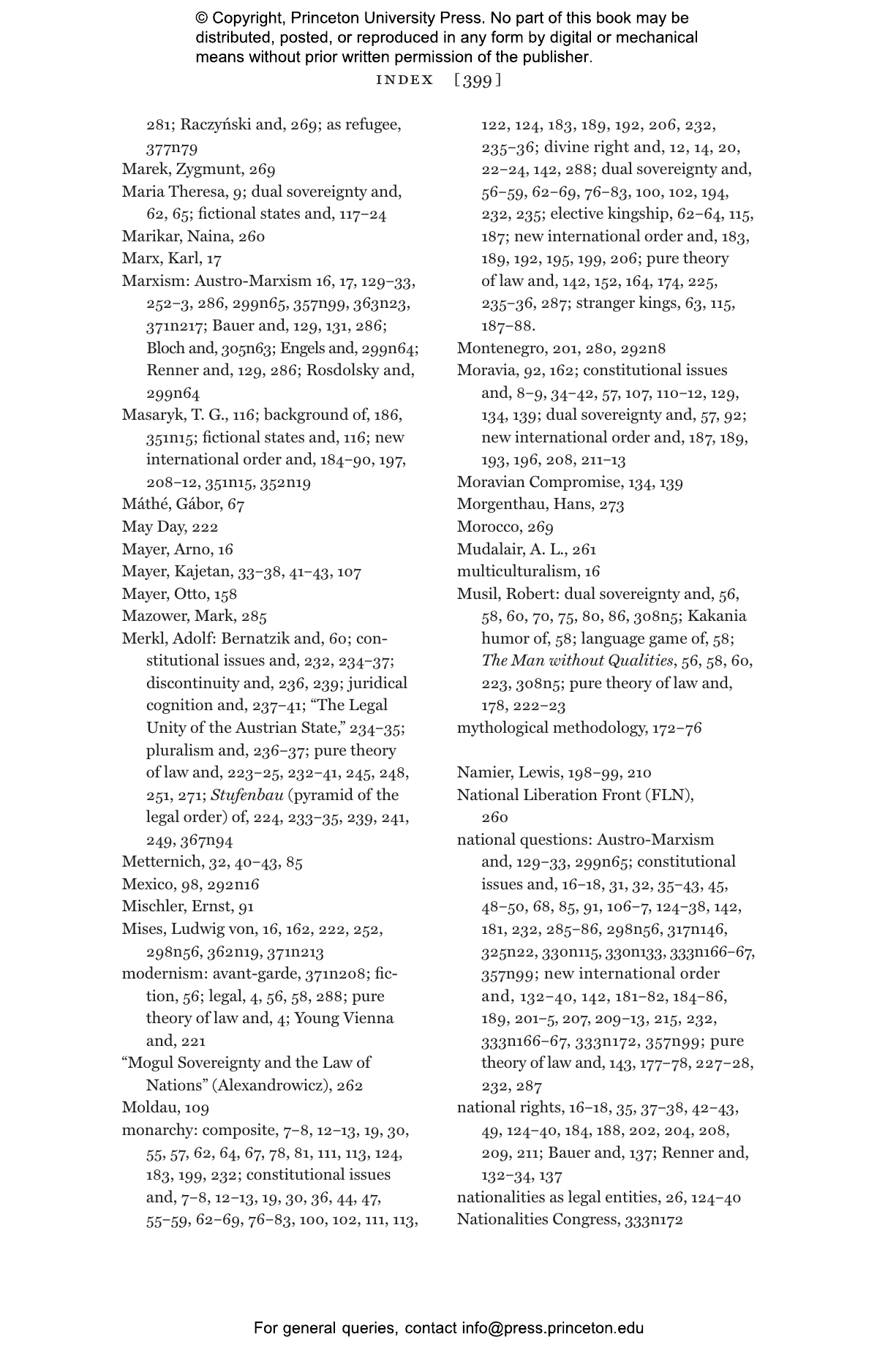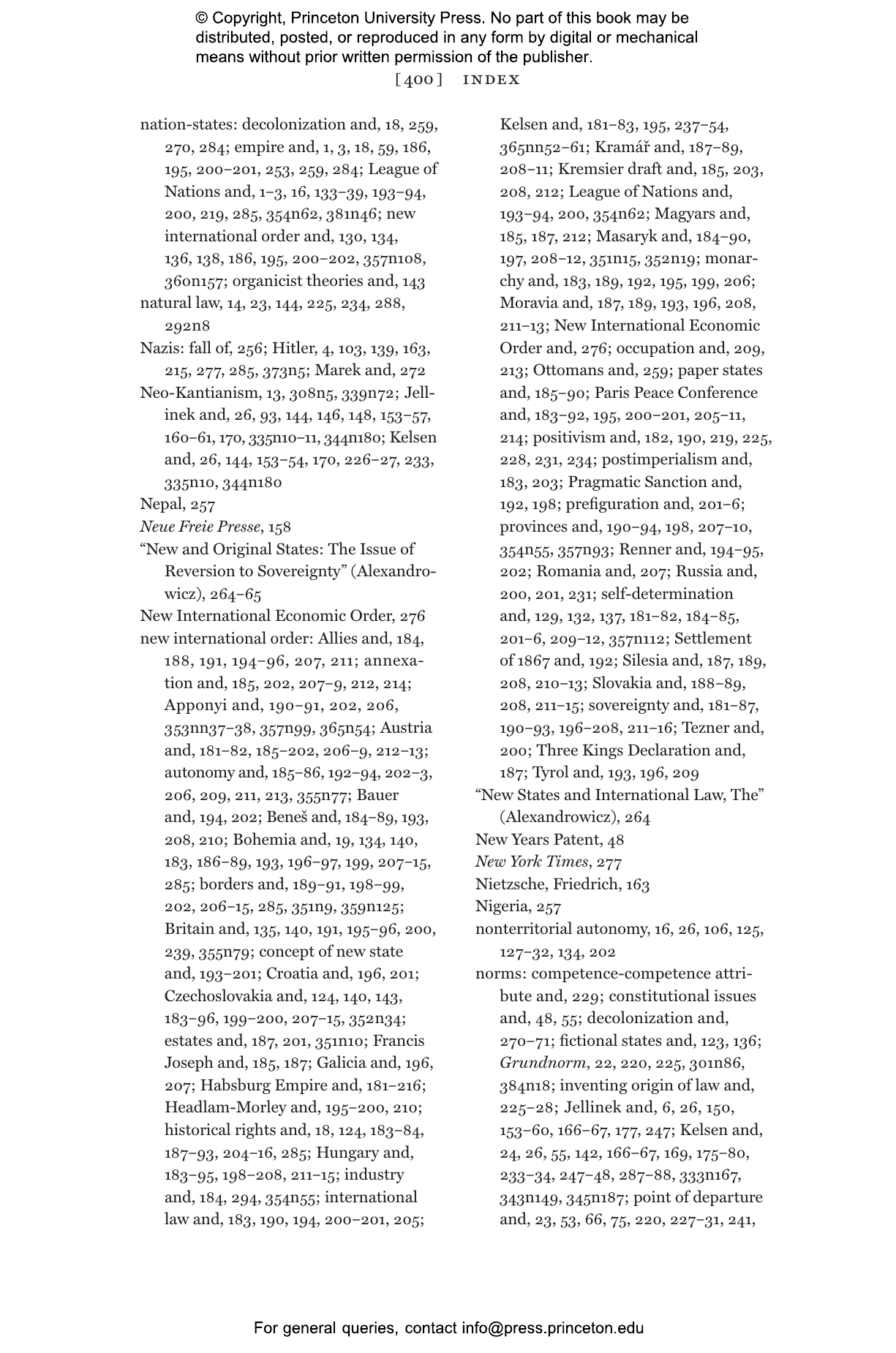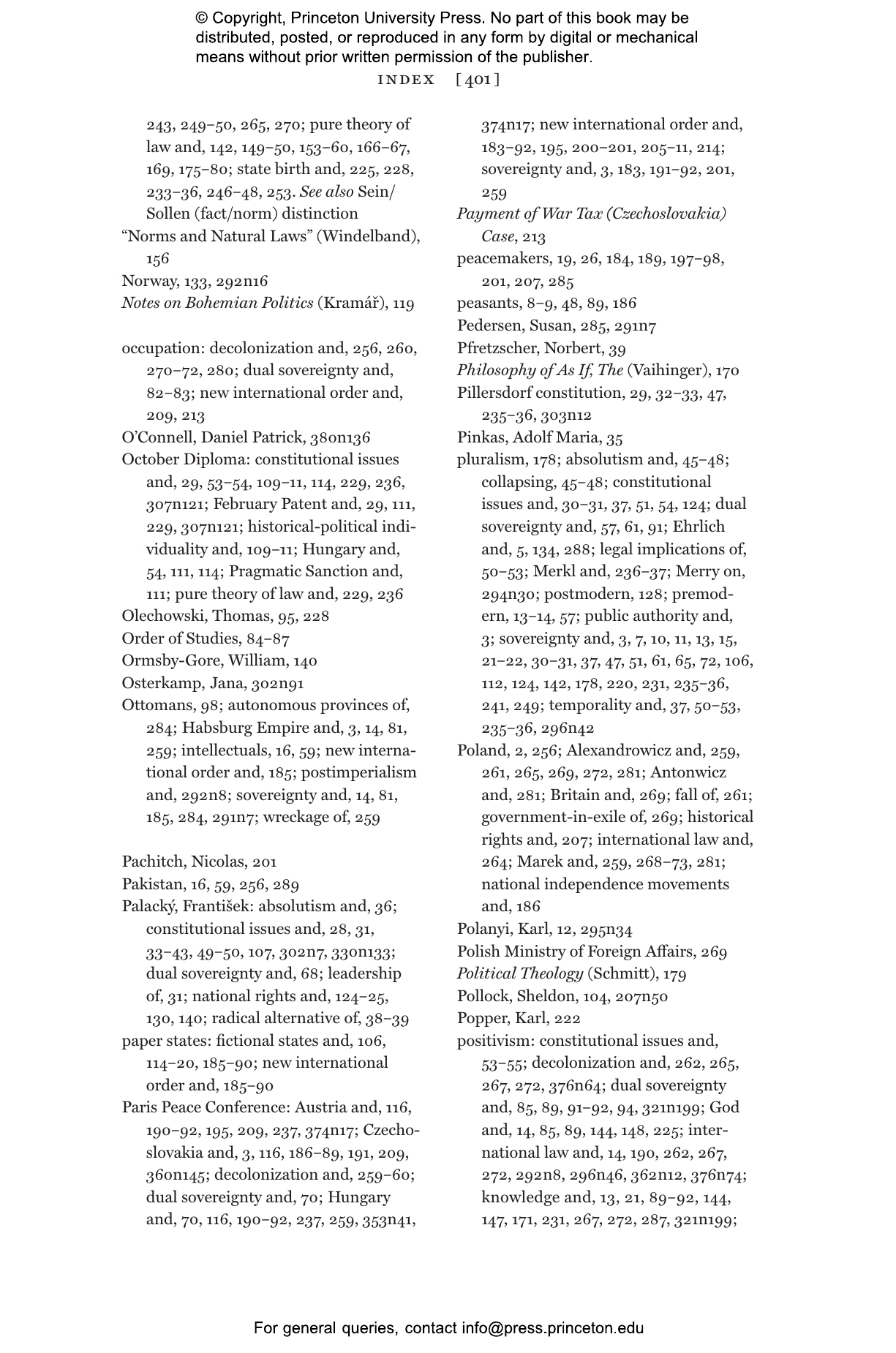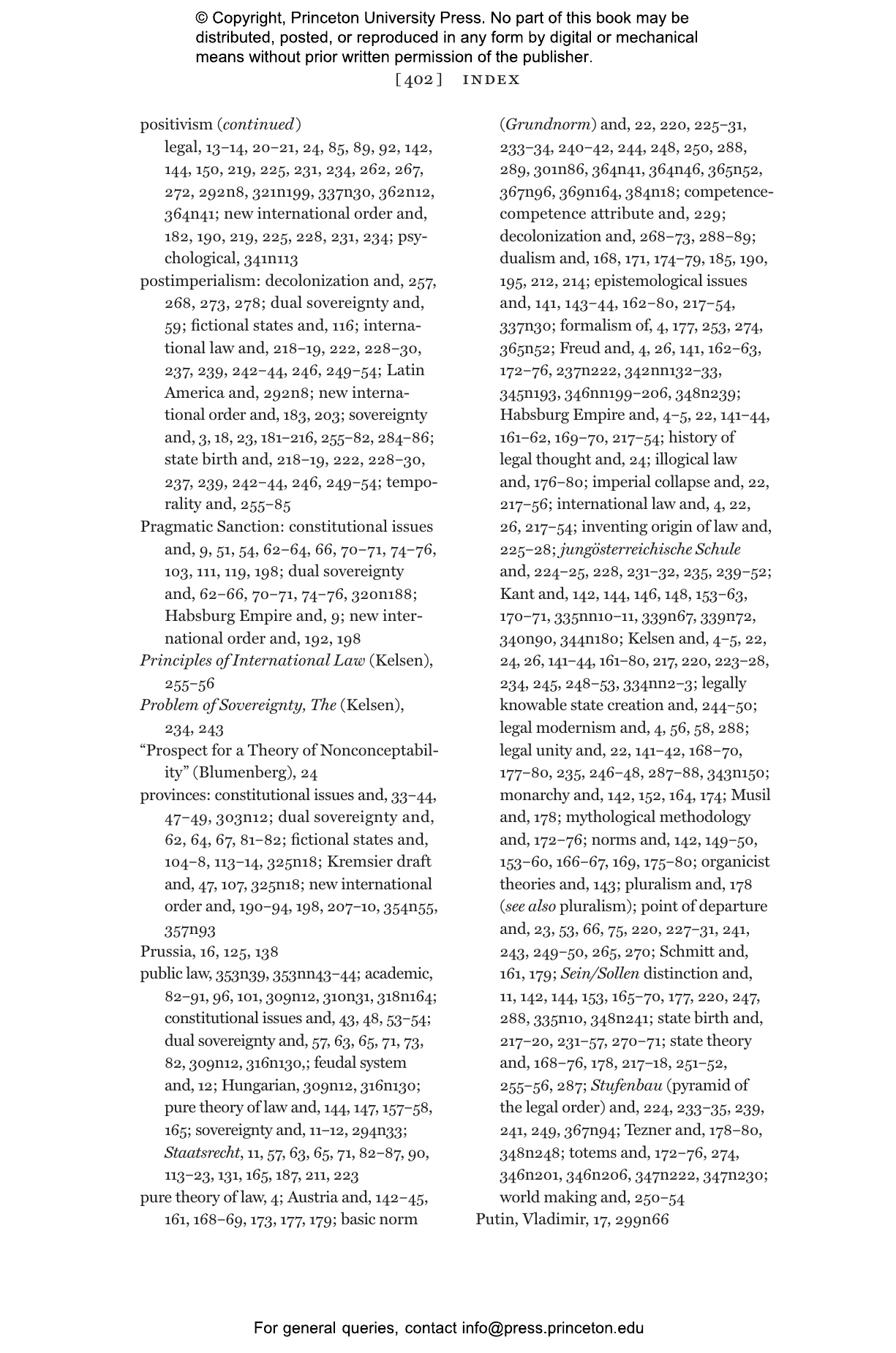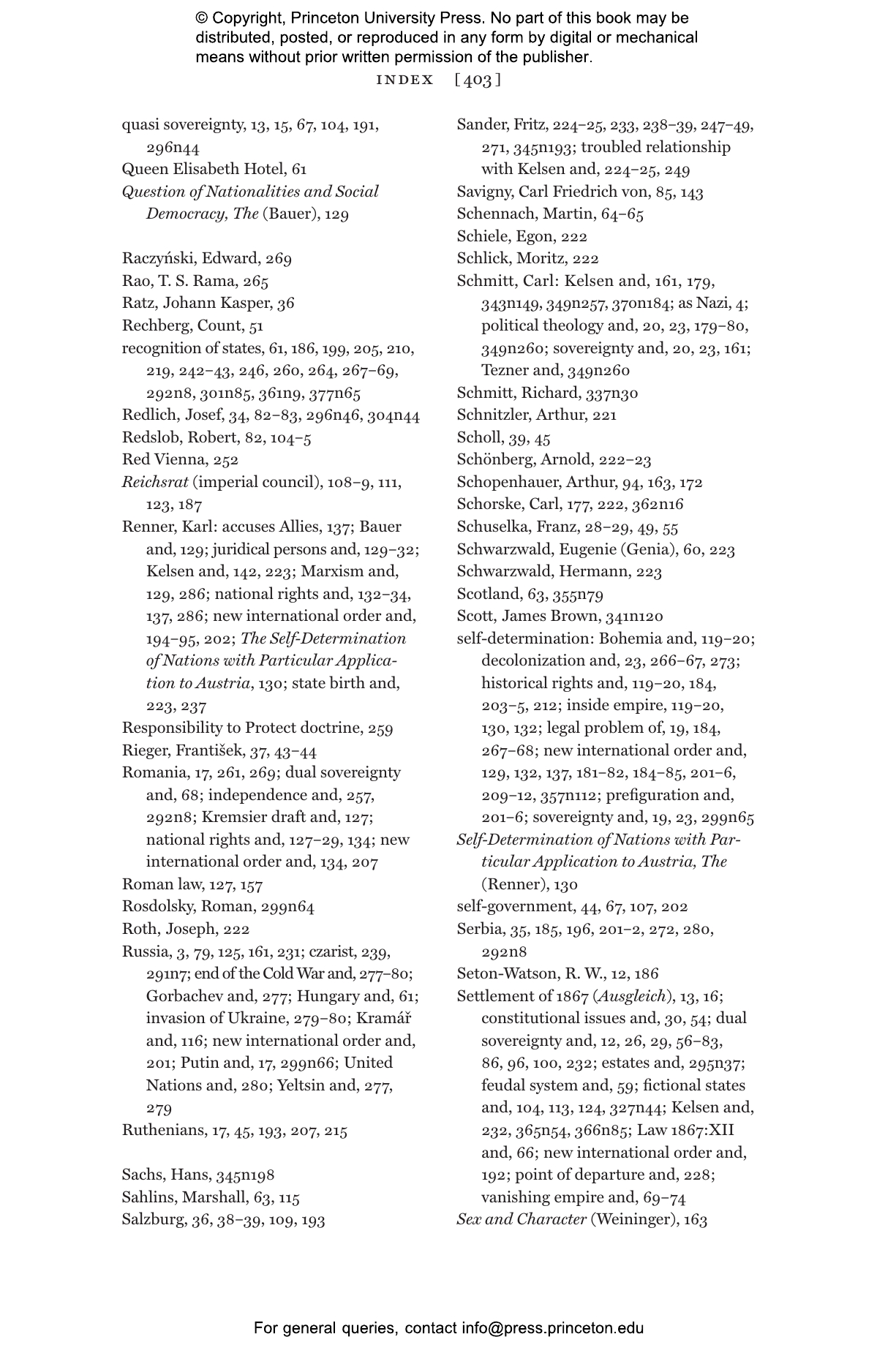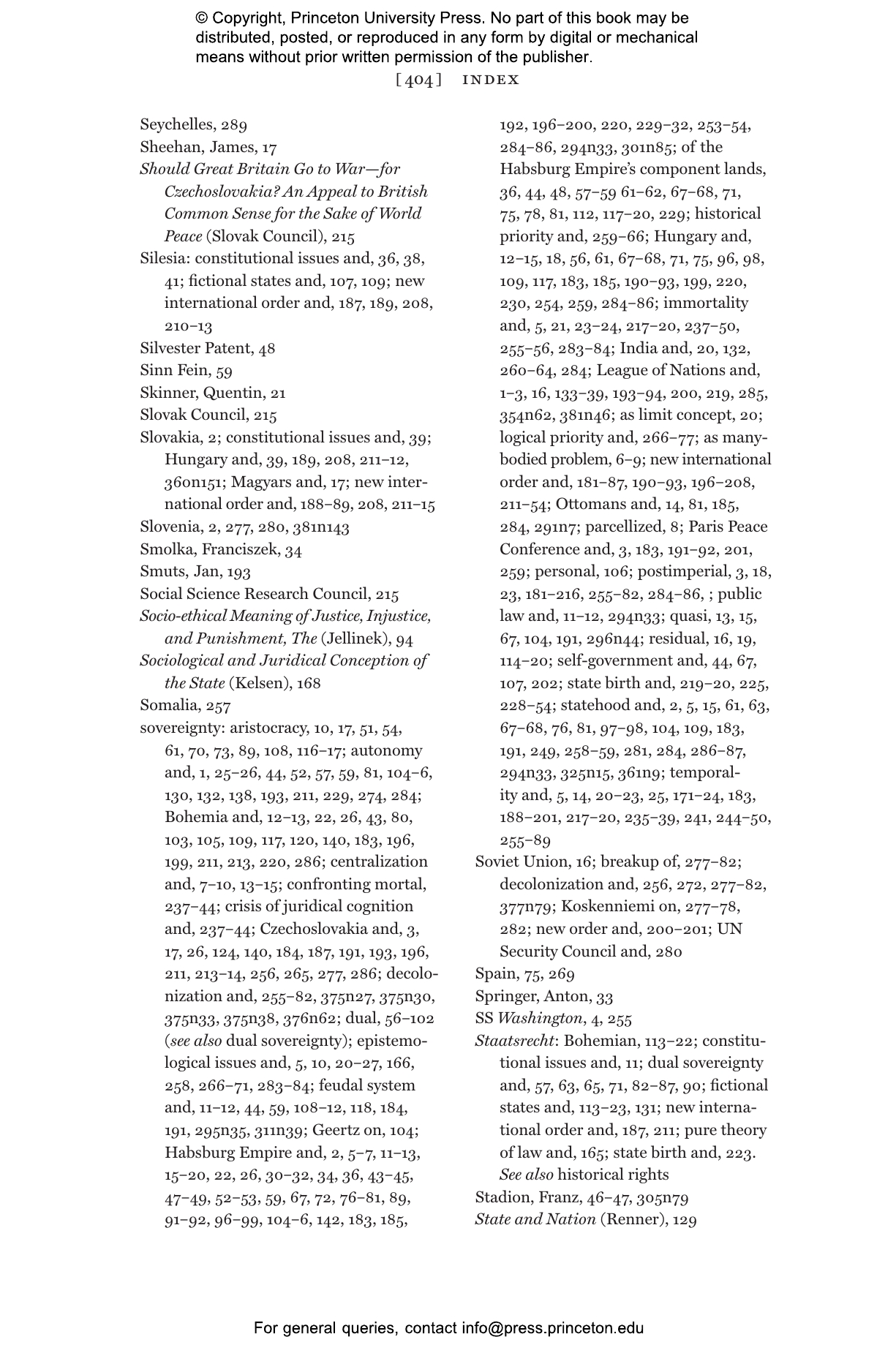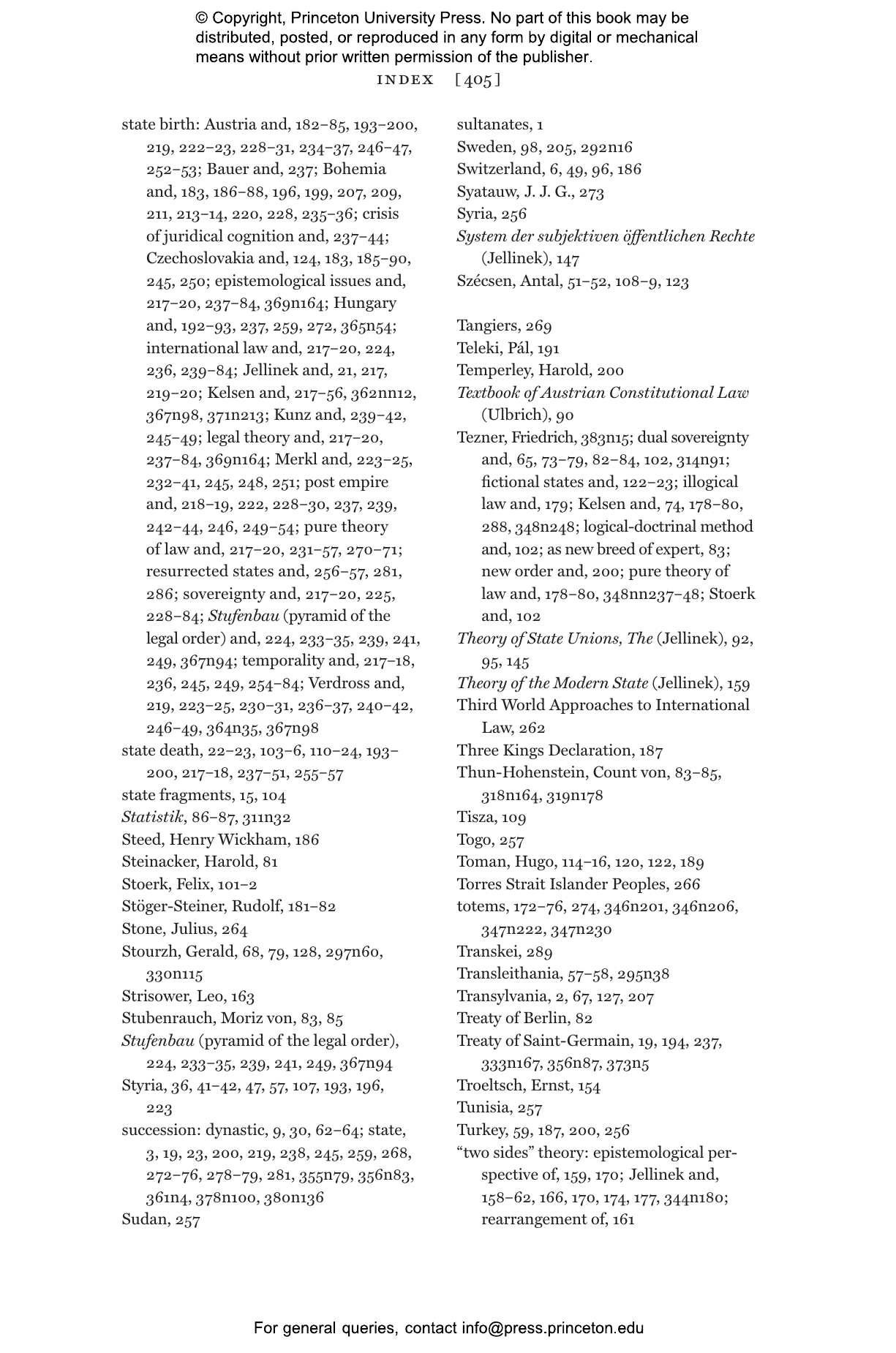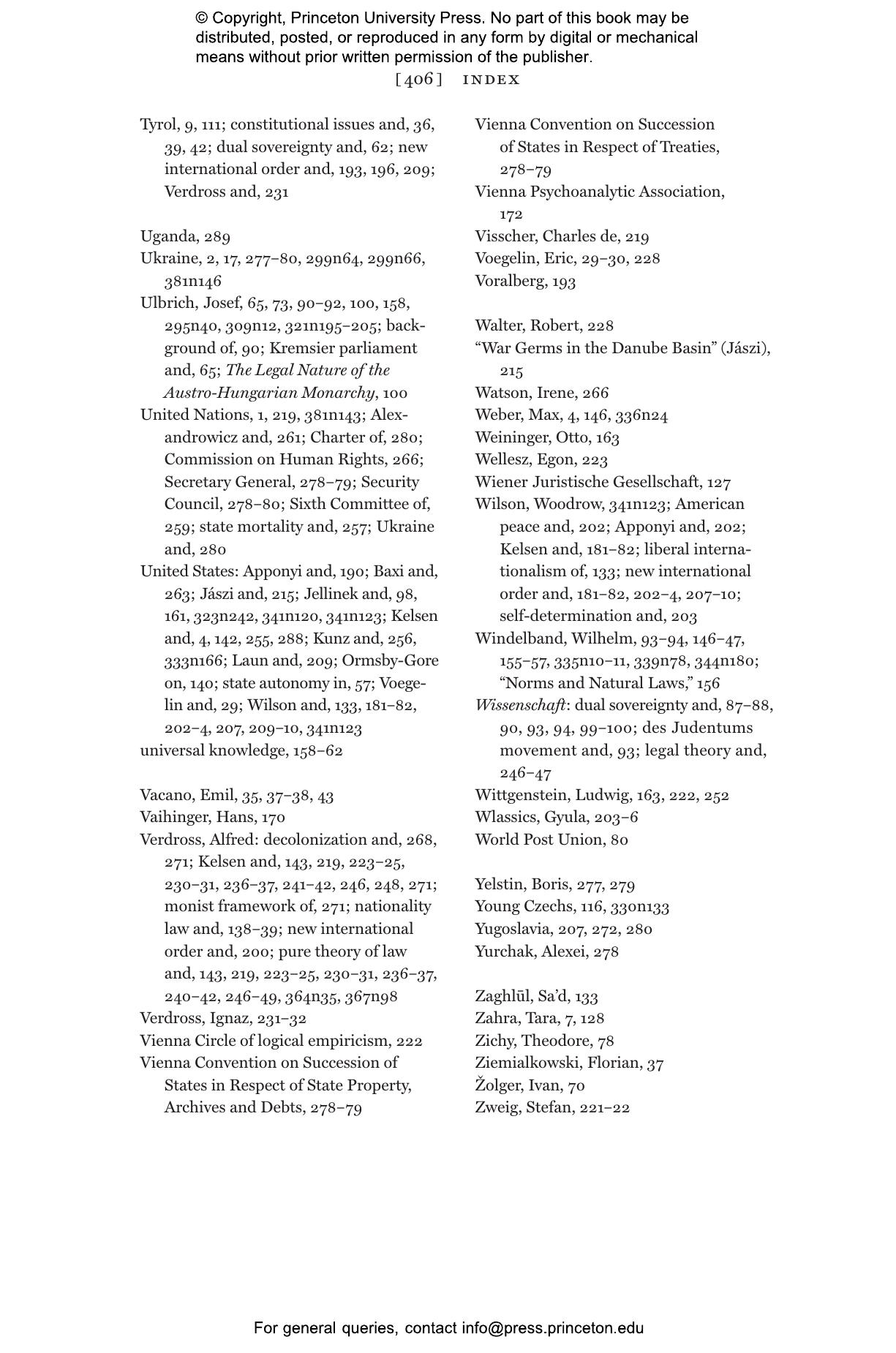Sprawled across the heartlands of Europe, the Habsburg Empire resisted all the standard theories of singular sovereignty. The 1848 revolutions sparked decades of heady constitutional experimentation that pushed the very concept of âthe stateâ to its limits. This intricate multinational polity became a hothouse for public law and legal philosophy and spawned ideas that still shape our understanding of the sovereign state today. The Life and Death of States traces the history of sovereignty over one hundred tumultuous years, explaining how a regime of nation-states theoretically equal under international law emerged from the ashes of a dynastic empire.
Natasha Wheatley shows how a new sort of experimentation began when the First World War brought the Habsburg Empire crashing down: the making of new states. Habsburg lands then became a laboratory for postimperial sovereignty and a new international order, and the results would echo through global debates about decolonization for decades to come. Wheatley explores how the Central European experience opens a unique perspective on a pivotal legal fictionâthe supposed juridical immortality of states.
A sweeping work of intellectual history, The Life and Death of States offers a penetrating and original analysis of the relationship between sovereignty and time, illustrating how the many deaths and precarious lives of the regionâs states expose the tension between the lawâs need for continuity and historyâs volatility.
Awards and Recognition
- Winner of the Felicia Krishna Hensel Book Award, International Studies Association
- A New Statesman Book of the Year
- Honorable Mention for the Robert L Jervis and Paul W Schroeder Best Book Award, International History and Politics Section of the American Political Science Association
- Honorable Mention for the Morris D. Forkosch Book Prize, Journal of the History of Ideas
- Shortlisted for the Laura Shannon Prize, Nanovic Institute for European Studies
- Winner of the ICON-S Book Prize, International Society of Public Law
"Path-breaking and field-defining. . . . It is a testament to Wheatley that she catalogues and engages with the many directions the theorization of sovereignty took in the waning days of the Austro-Hungarian empire and its immediate aftermath. Reconstructing this rich intellectual world, she pierces the sovereign state’s static and immutable image in order to reveal the remarkable political fluidity and theoretical ingenuity involved in its construction."âAdom Getachew, H-Diplo
"A richly rewarding book. . . . Wheatley gracefully unpacks the complicated constitutional issues faced by inhabitants of the Habsburg monarchy."âHistory TodayÂ
"A really fascinating read."âJustin Kempf, Democracy Paradox
"A valuable contribution to the extensive, and growing, historiography concerning the origins of the modern state. While others have concentrated on non-Western or Western European countries to reach their conclusions about the evolution of modern politics, Wheatley’s case study breaks new ground in its analysis of an especially difficult case, the Austrian Empire after the Austro-Hungarian Compromise of 1867."âChoice
"It’s rare to read a work of history that is not only full of facts and stories and brimming with ideas, but also instils in the reader a strong desire for more of all three while setting off a series of ultrabright flares that light up whole landscapes of thought and experience in wide, overlapping circles. Natasha Wheatley’s The Life & Death of States does all of that."âHolly Case, H-Diplo
"Monumental. . . . Wheatley’s narrative recovers a world where international law was not a dead letter but a blueprint for a multinational and pluralistic world."âYosef Malka, BR!NK
"[A]n impressive and extremely ambitious narrative of the constitutional vicissitudes of a post-1848 Habsburg Empire."âCarl Landauer, Journal of the History of International Law
"[The Life and Death of States] combines several aspects excellently, including primary source analysis and the reinterpretation of secondary sources, legal debates and political disputes. . . . Wheatley’s insightful underlining of the importance of socio-political crises for debates on the ontology and epistemology of statehood is a powerful reminder of the historically specific origins of the modern international order of states are in fact quite recent."âLauri von Pfaler, International Affairs
"Brilliant"âQuinn Slobodian, H-Diplo
"The Life and Death of States is a dazzling history of the end of the Austro-Hungarian empire and the creation of the modern state system, and an extraordinary combination of legal history, philosophy, and much more. . . . [R]ichly rewarding and deeply thought-provoking."âStephen M. Walt, Foreign Policy
"Wheatley masterfully and lucidly guides the reader through a convoluted but consequential run of constitutional writs and debates (as well as their elaborate historiography); makes sense of the struggles over rights the empire generated; confronts some of the more outré bubbles of legal thought; and shows in well-curated and deeply researched detail how the complexities of the empire generated not only a path-breaking legal jurisprudence in abstract terms but also a more realistic appreciation of the world of sovereign states than the notion of the unitary state as the paragon of sovereignty could offer. All this is accomplished with reflexive candor and a dose of black humor that is a delight and, above all, entirely suited to it subject."âMicahel Geyer, Journal of Modern History
“Wheatley invites us to rethink the way political history should be written by taking seriously the legal language in which different protagonists dress their political claims. This powerful and exceptionally erudite book opens an altogether fresh view on the formation of the present global order and also makes very good reading.”—Martti Koskenniemi, fellow of the British Academy and professor emeritus at the University of Helsinki
“In this superb book, Natasha Wheatley investigates aspects of sovereignty that are rarely if ever touched upon: the beginnings and ends of states. By focusing on statehood rather than nationhood, Wheatley finally gives the Habsburg state its deeper importance in modern European and global history.”—Pieter M. Judson, author of The Habsburg Empire: A New History
“Wheatley’s deeply original and important book alters the way we understand the history of European states, sovereignty, and legal thought. A stunning achievement.”—Lauren Benton, Yale University, coauthor of Rage for Order: The British Empire and the Origins of International Law, 1800–1850
“This is an immensely rich work filled with arresting formulations, provocative hypotheses, and a wealth of primary and secondary scholarship. The Life and Death of States will be a paradigm-shifting book for those interested in the intellectual and conceptual history of modern legal and political thought.”—Duncan Kelly, University of Cambridge
This publication has been produced to meet accepted Accessibility standards and contains various accessibility features including concise image descriptions, a table of contents, a page list to navigate to pages corresponding to the print source version, and elements such as headings for structured navigation. Appearance of the text and page layout can be modified according to the capabilities of the reading system.
Accessibility Features
-
WCAG v2.2
-
WCAG level AA
-
Table of contents navigation
-
Single logical reading order
-
Short alternative textual descriptions
-
Print-equivalent page numbering
-
Landmark navigation
-
Index navigation
-
Epub Accessibility Specification 1.1
-
ARIA roles provided
-
All non-decorative content supports reading without sight
-
No known hazards or warnings
